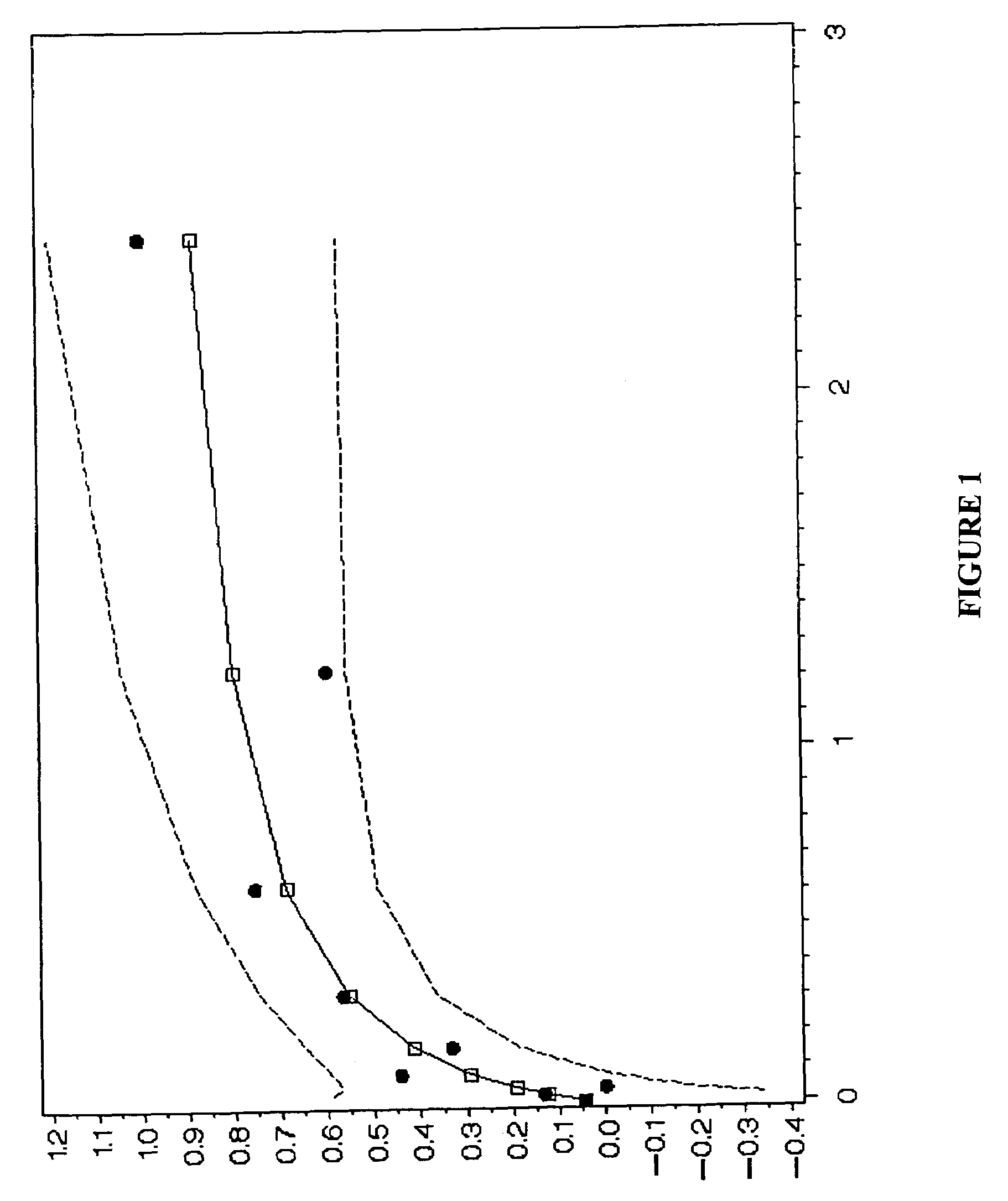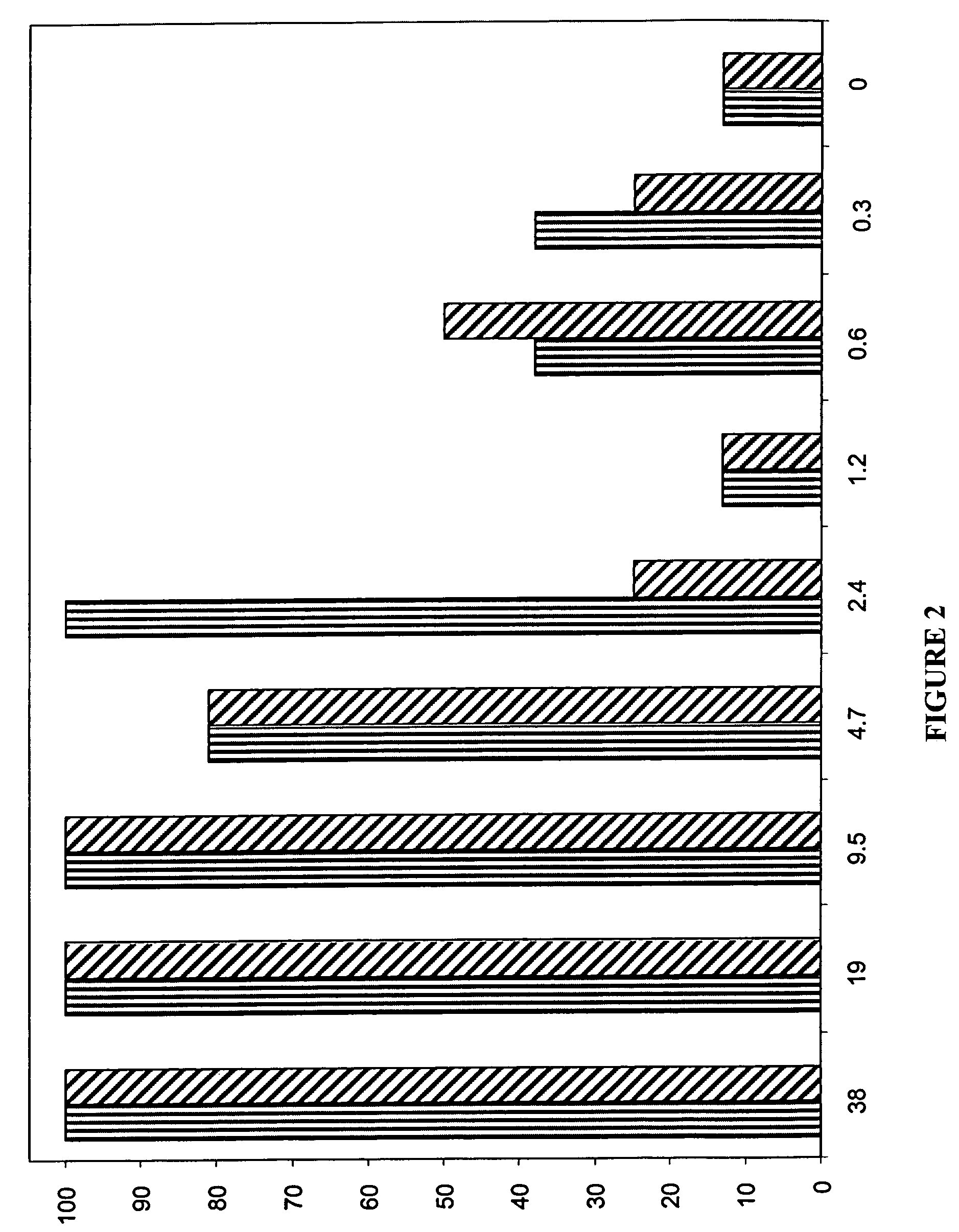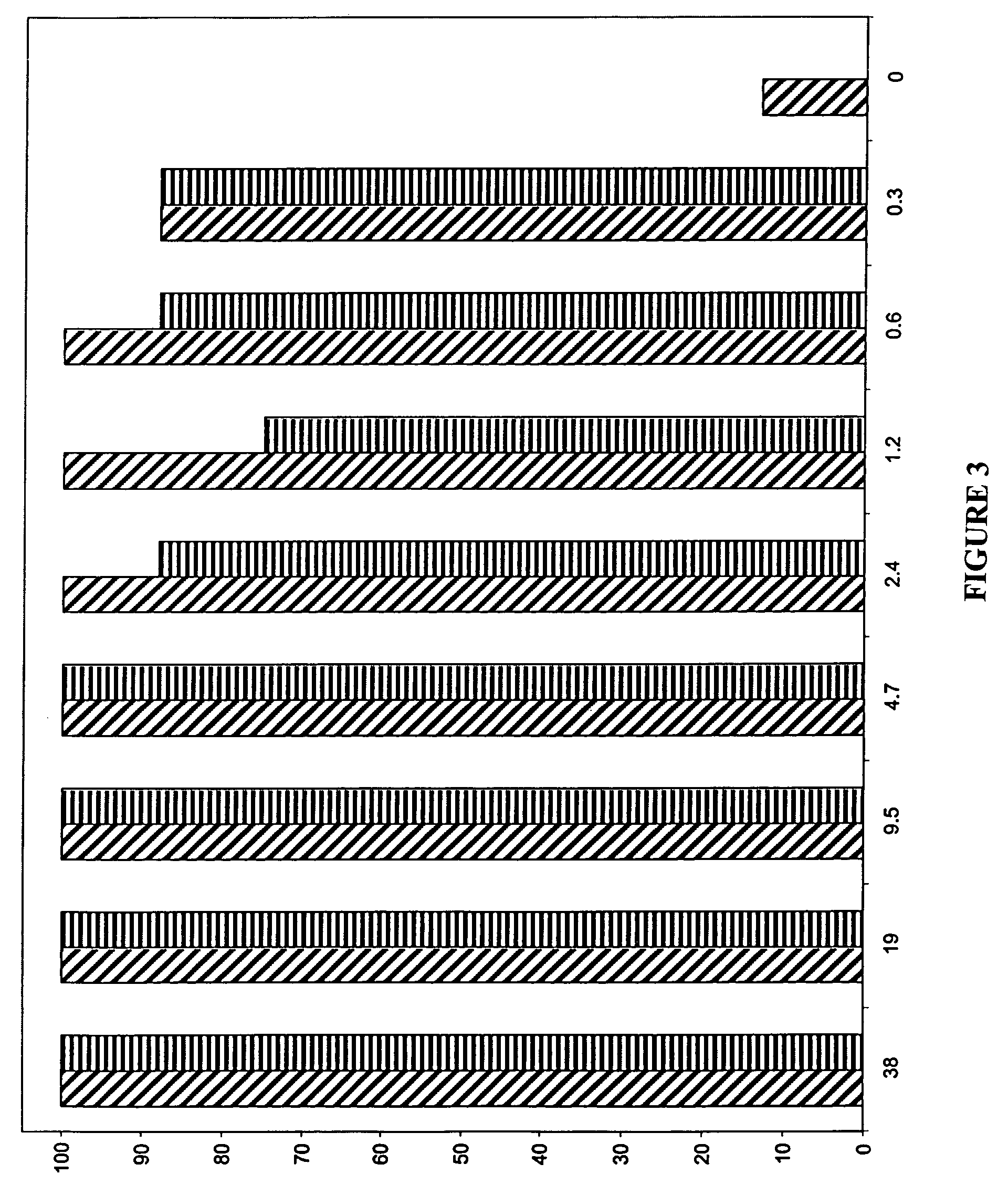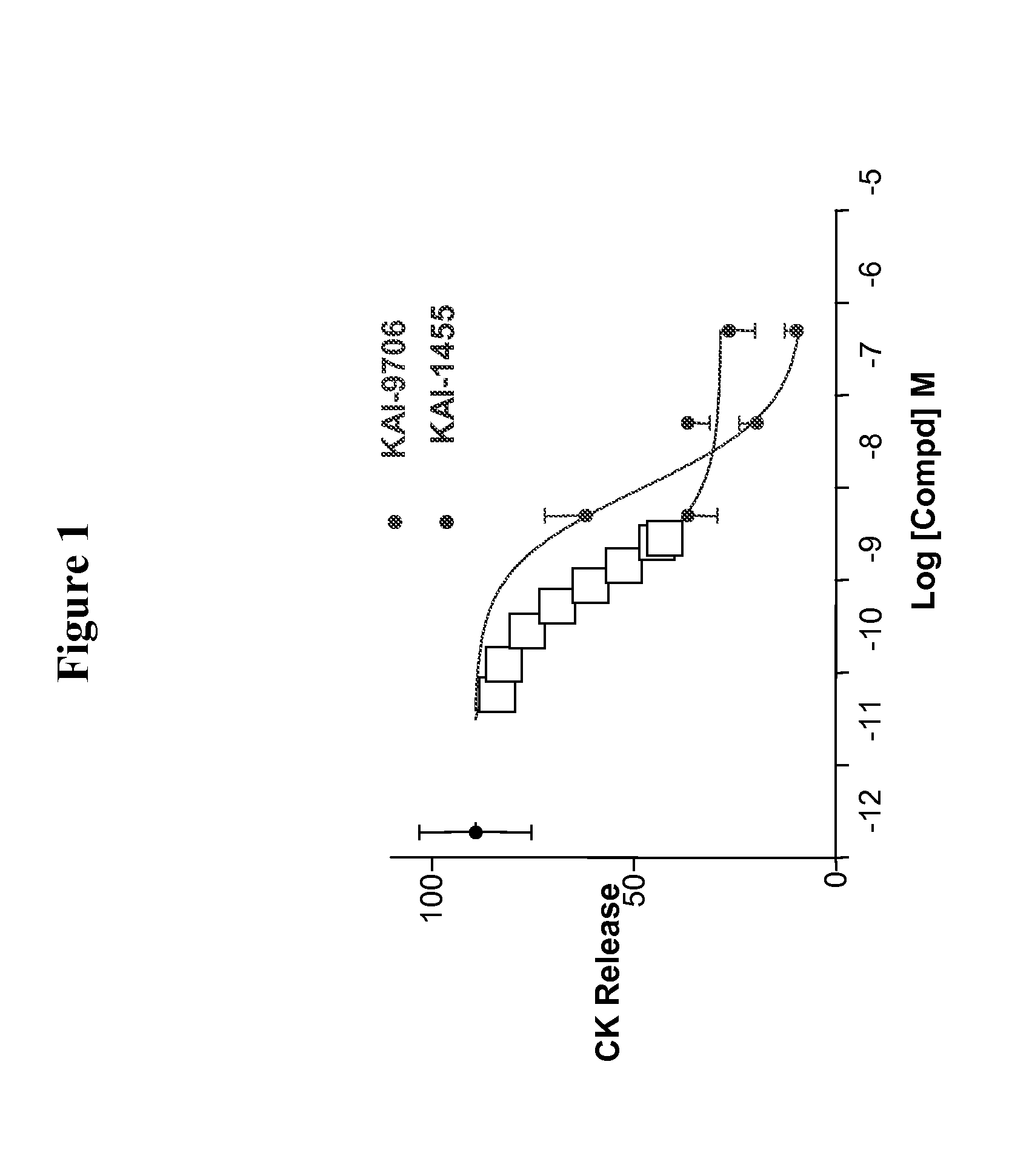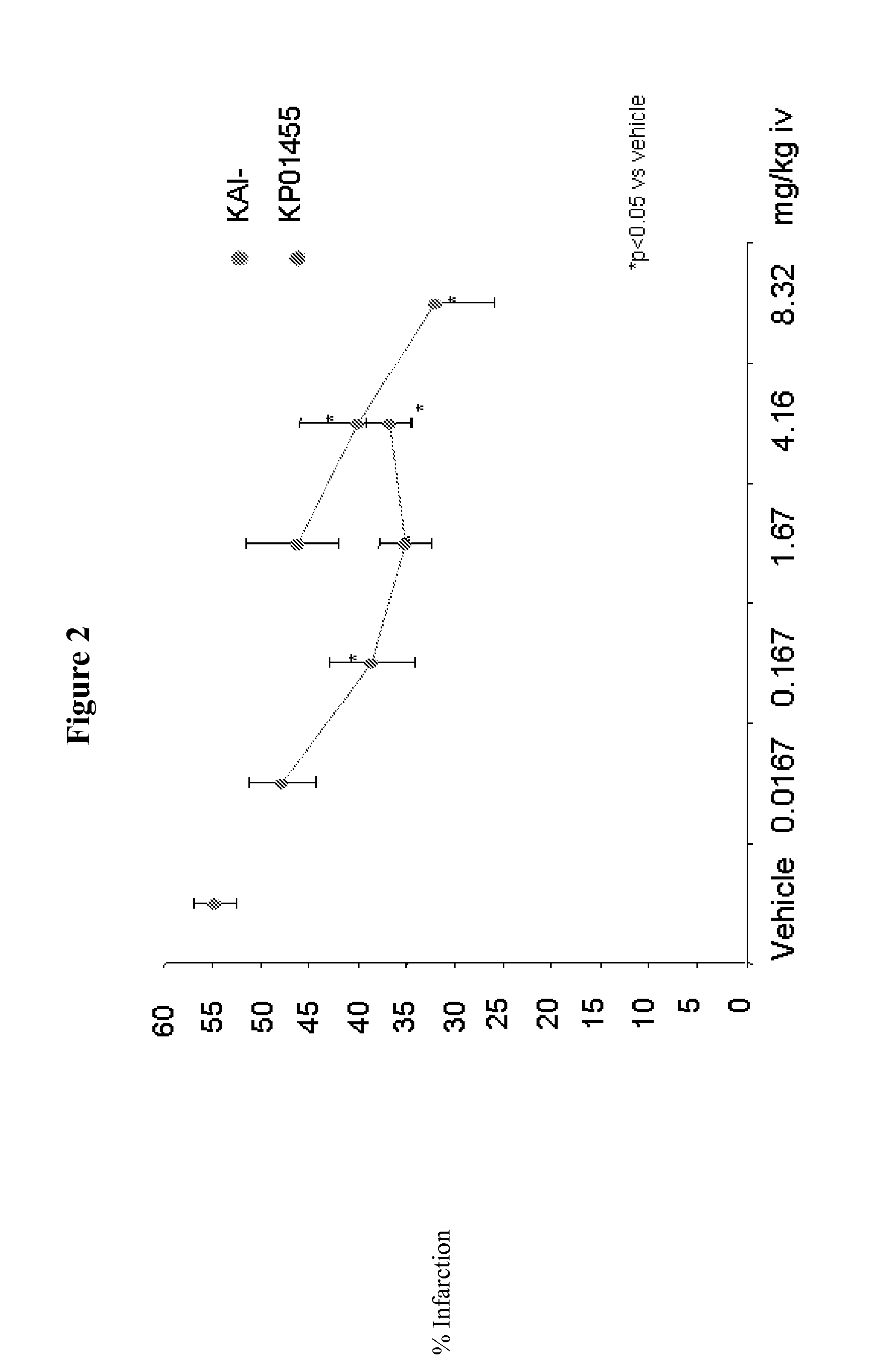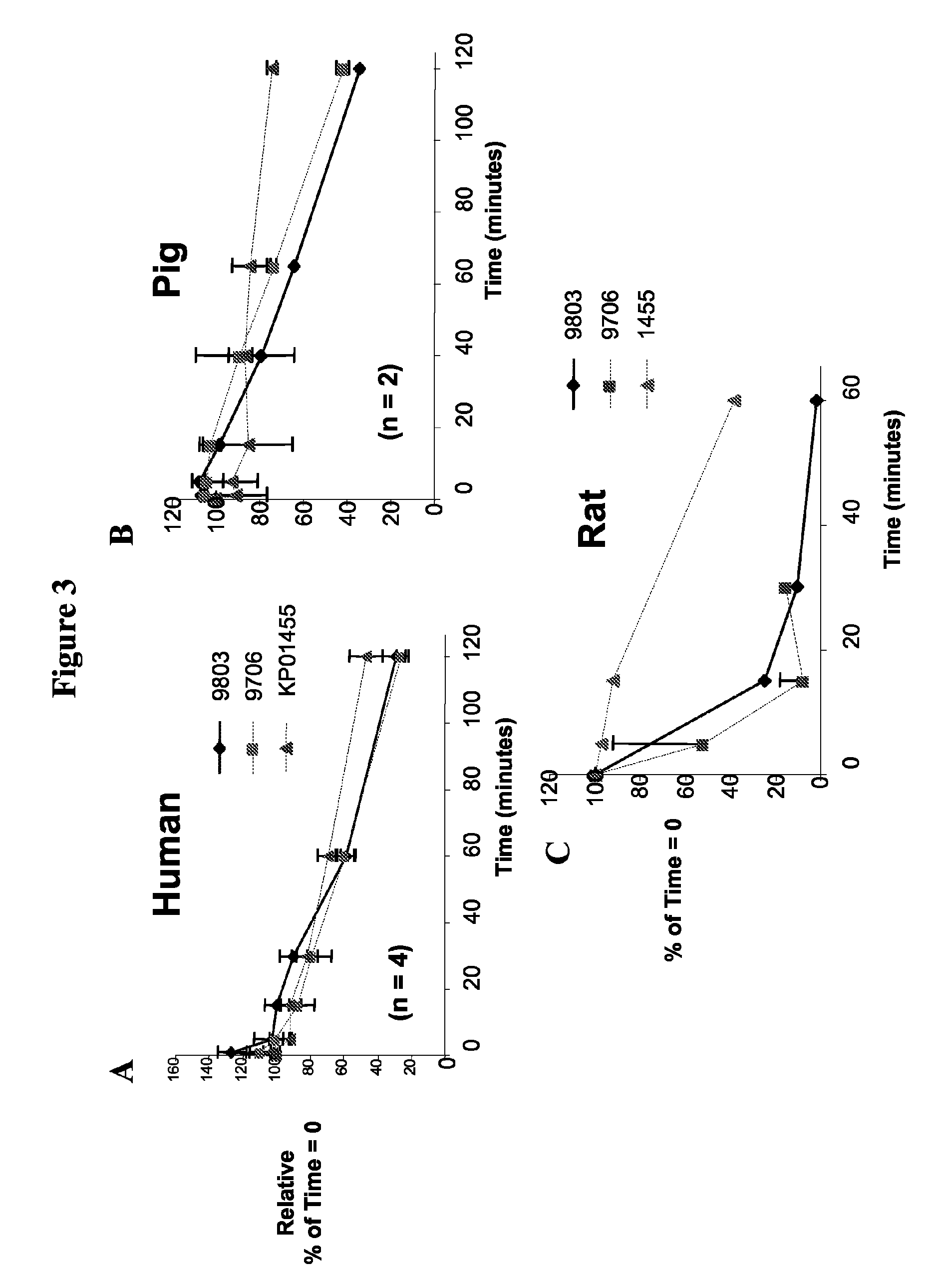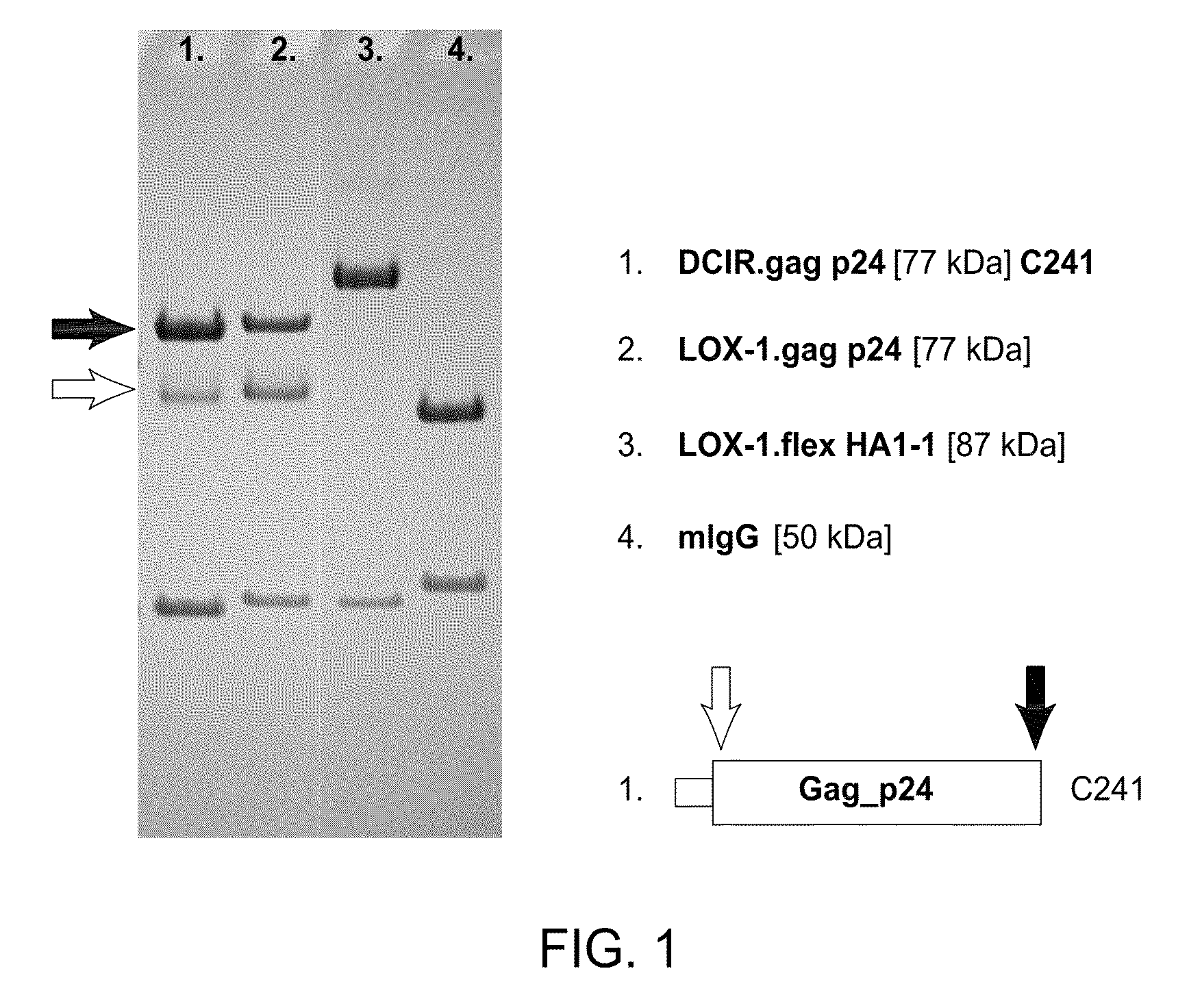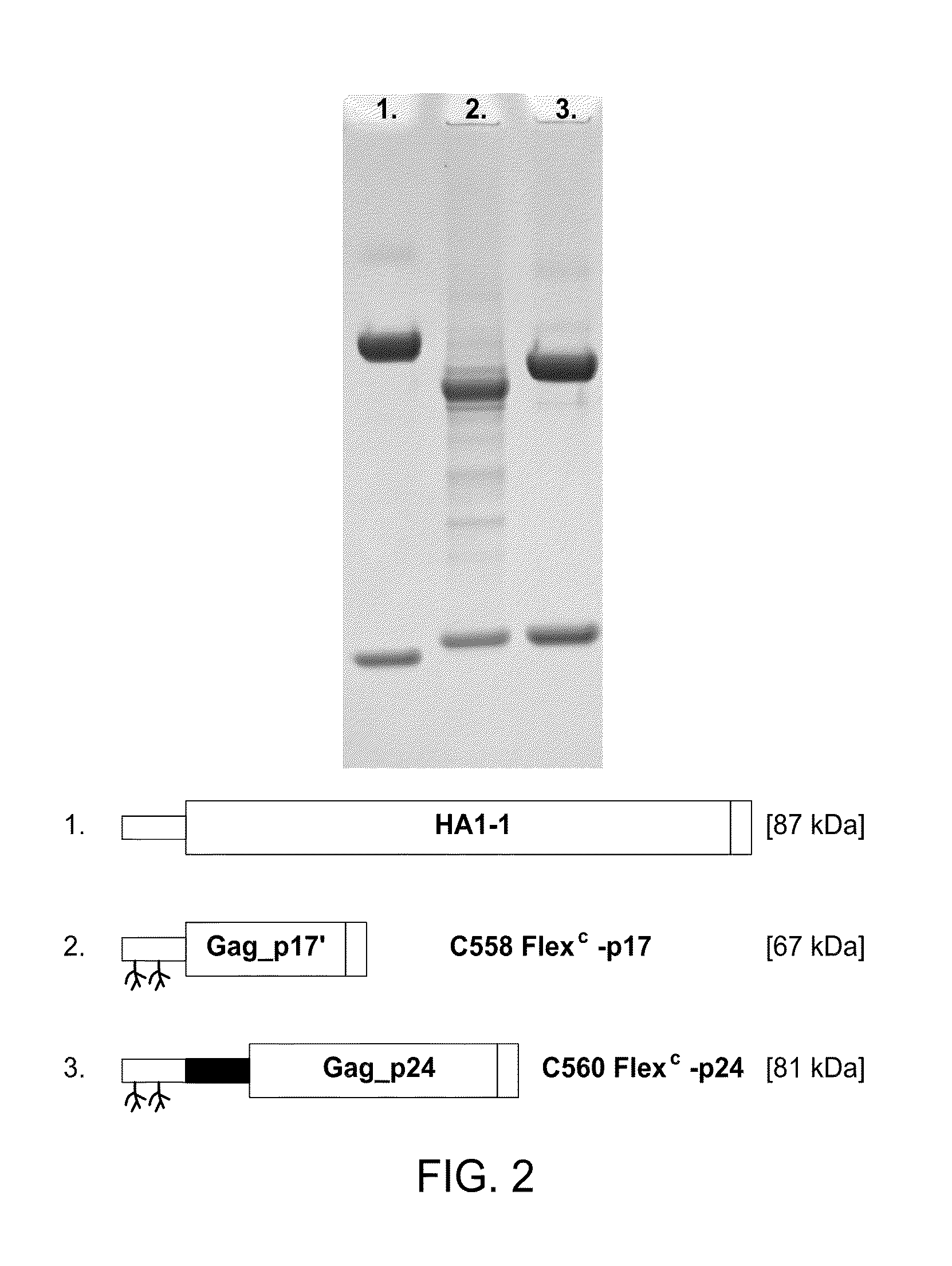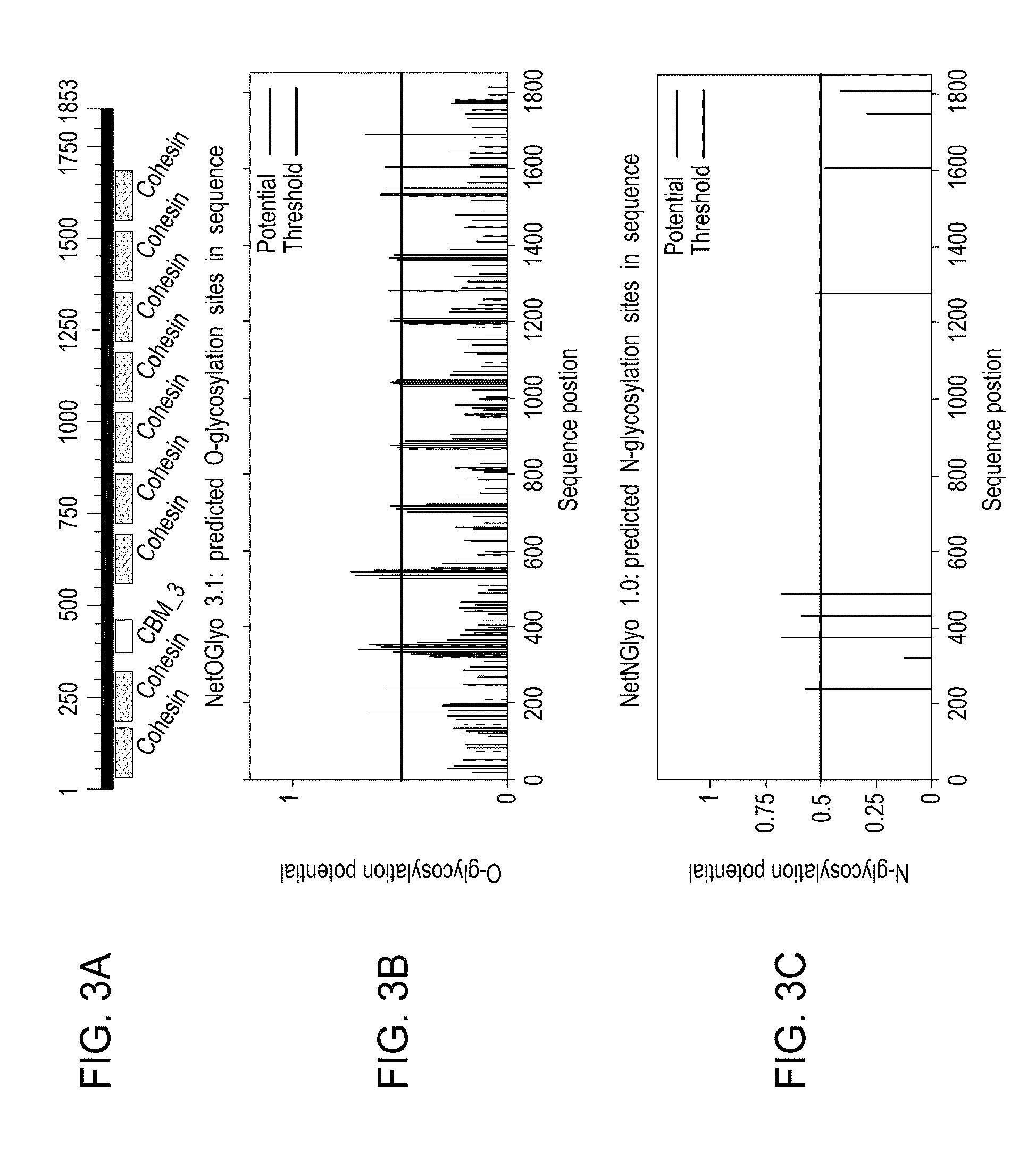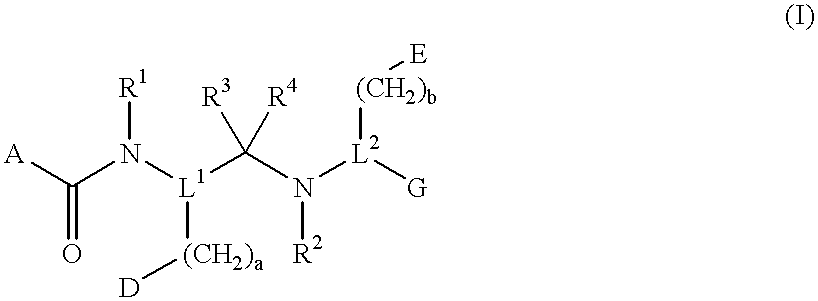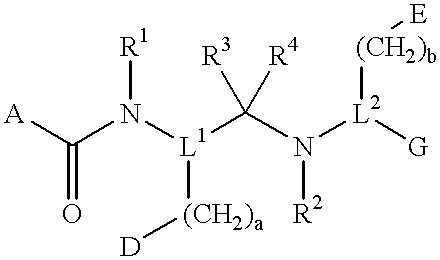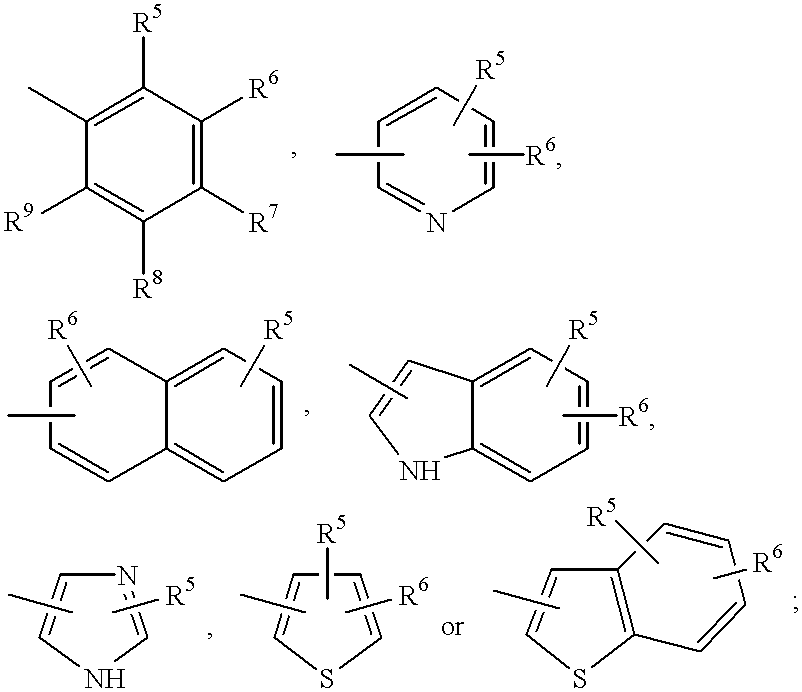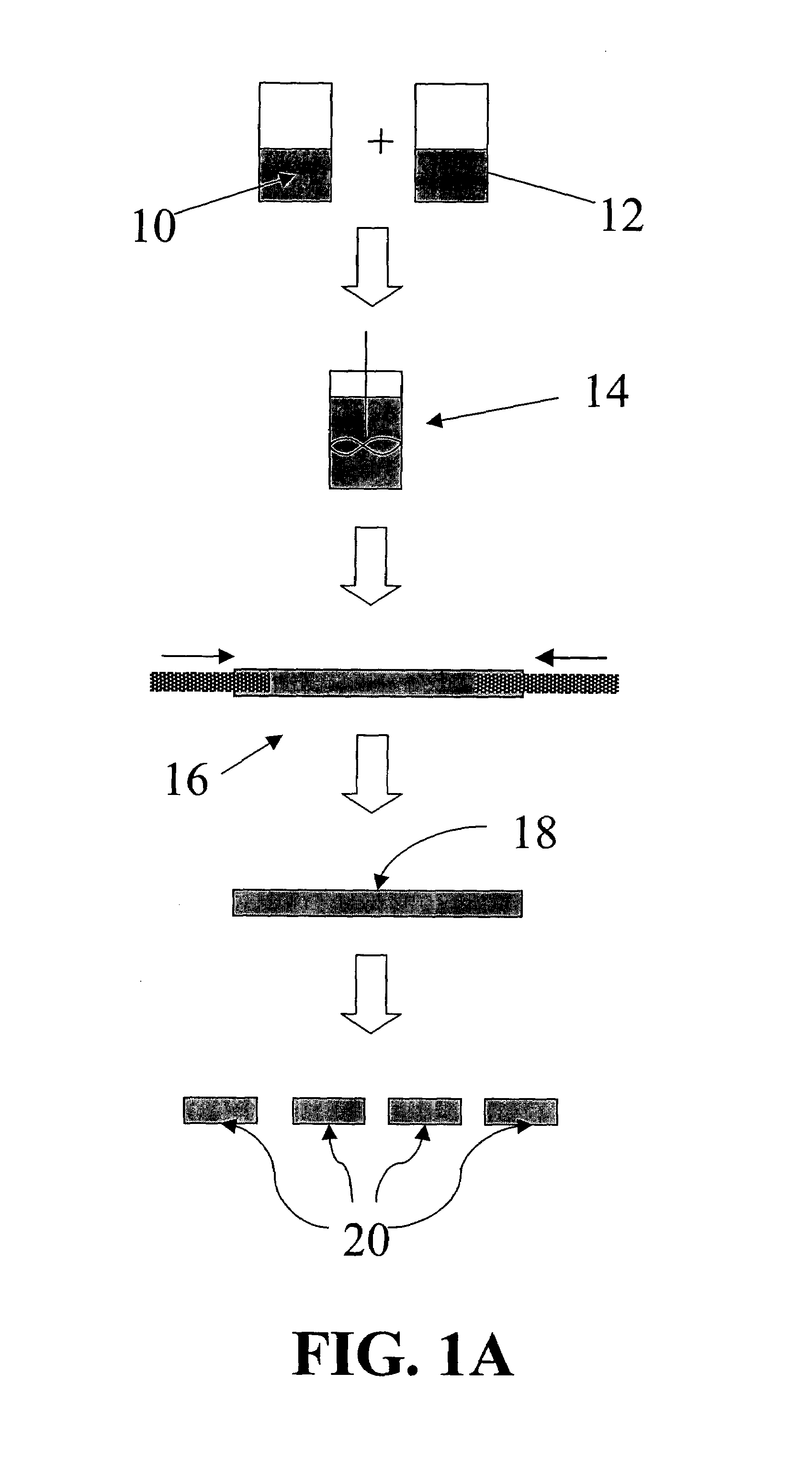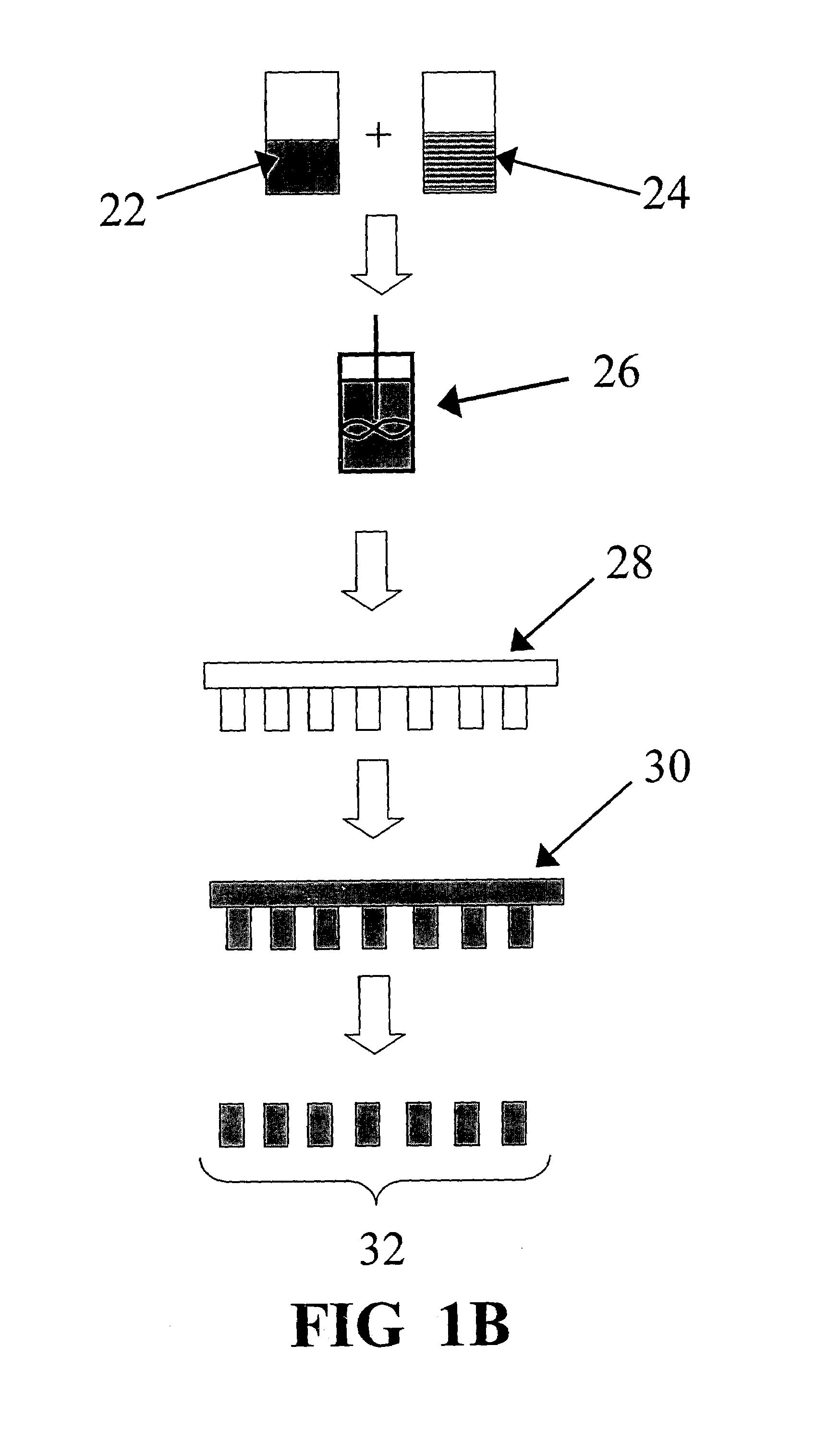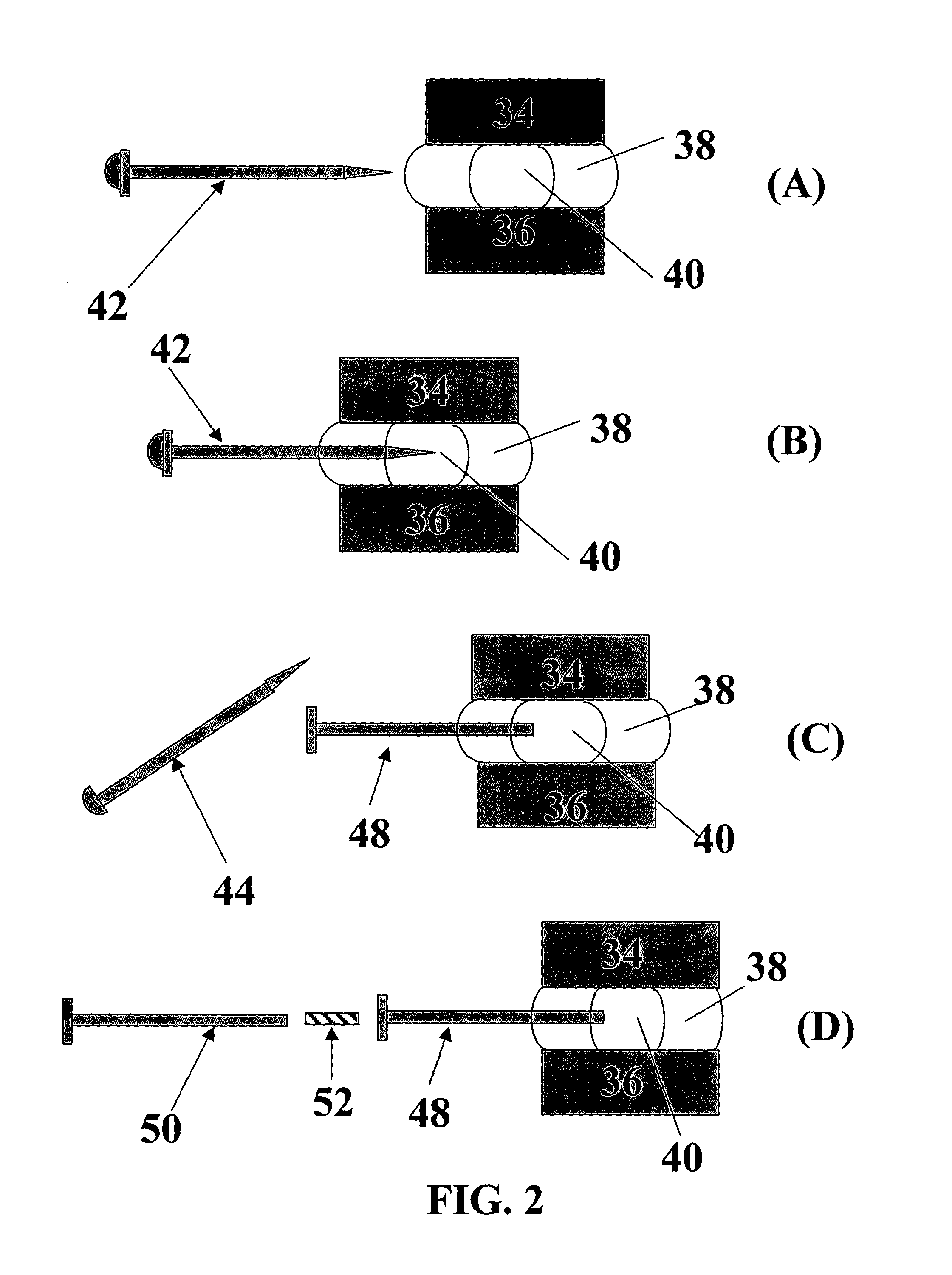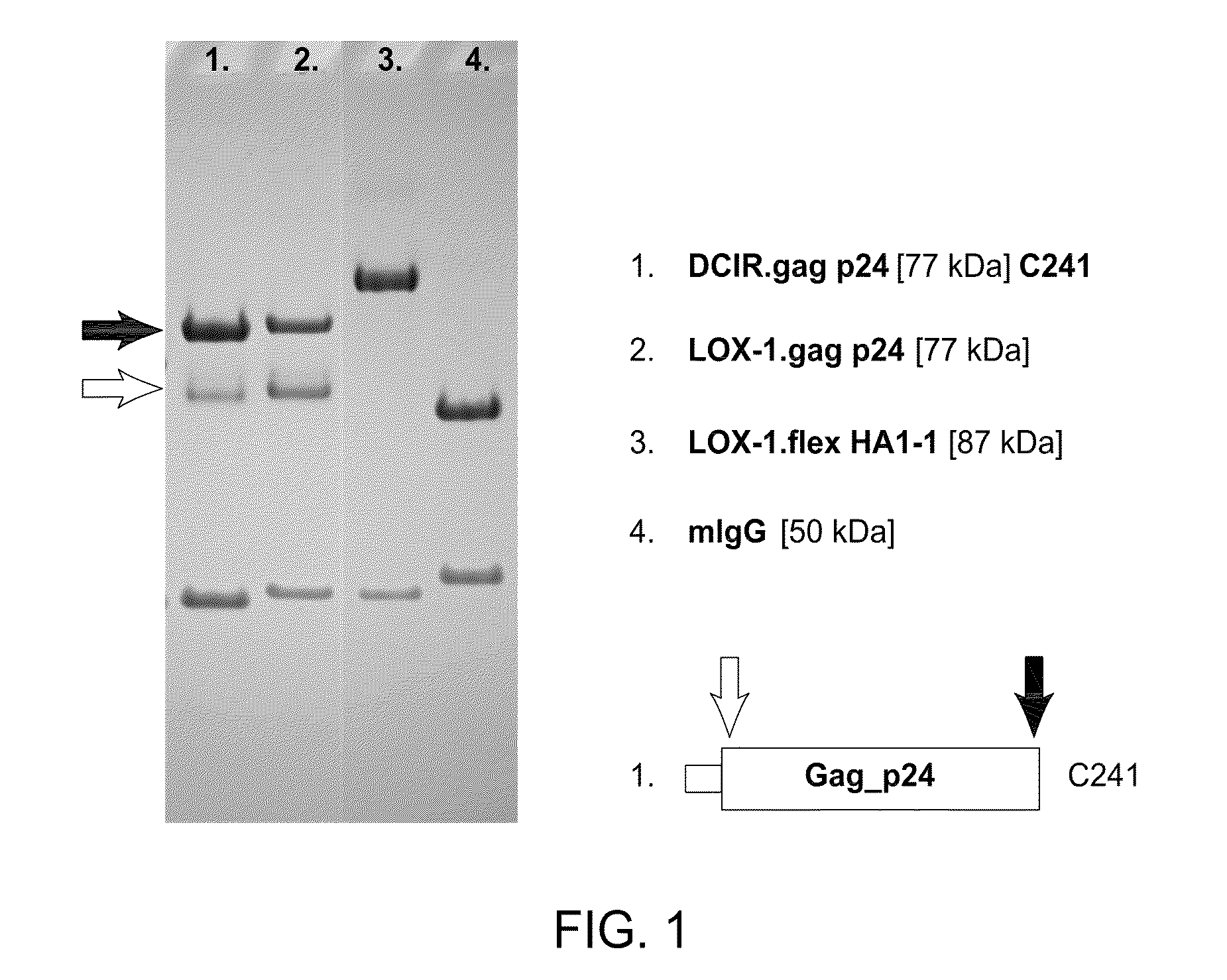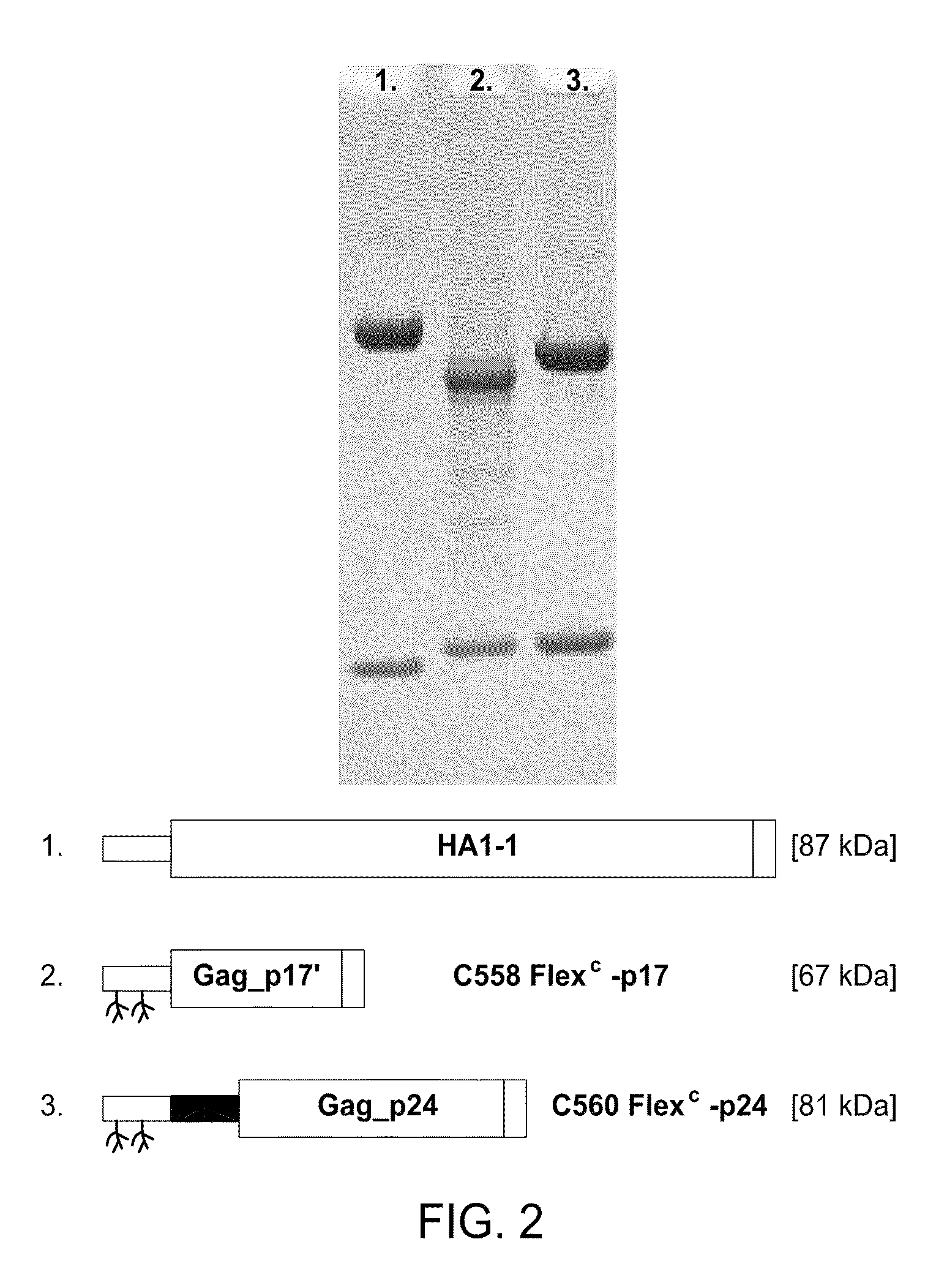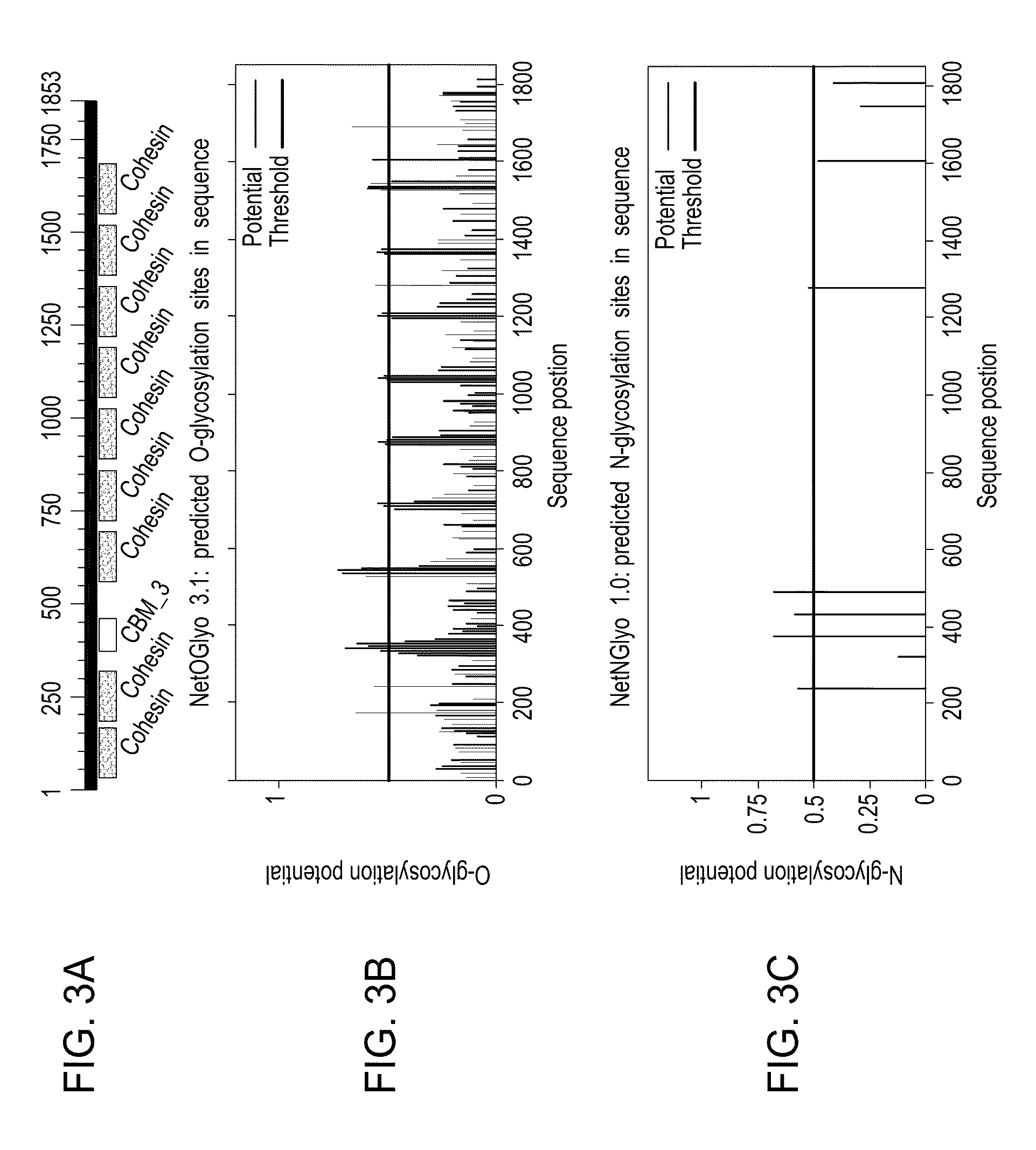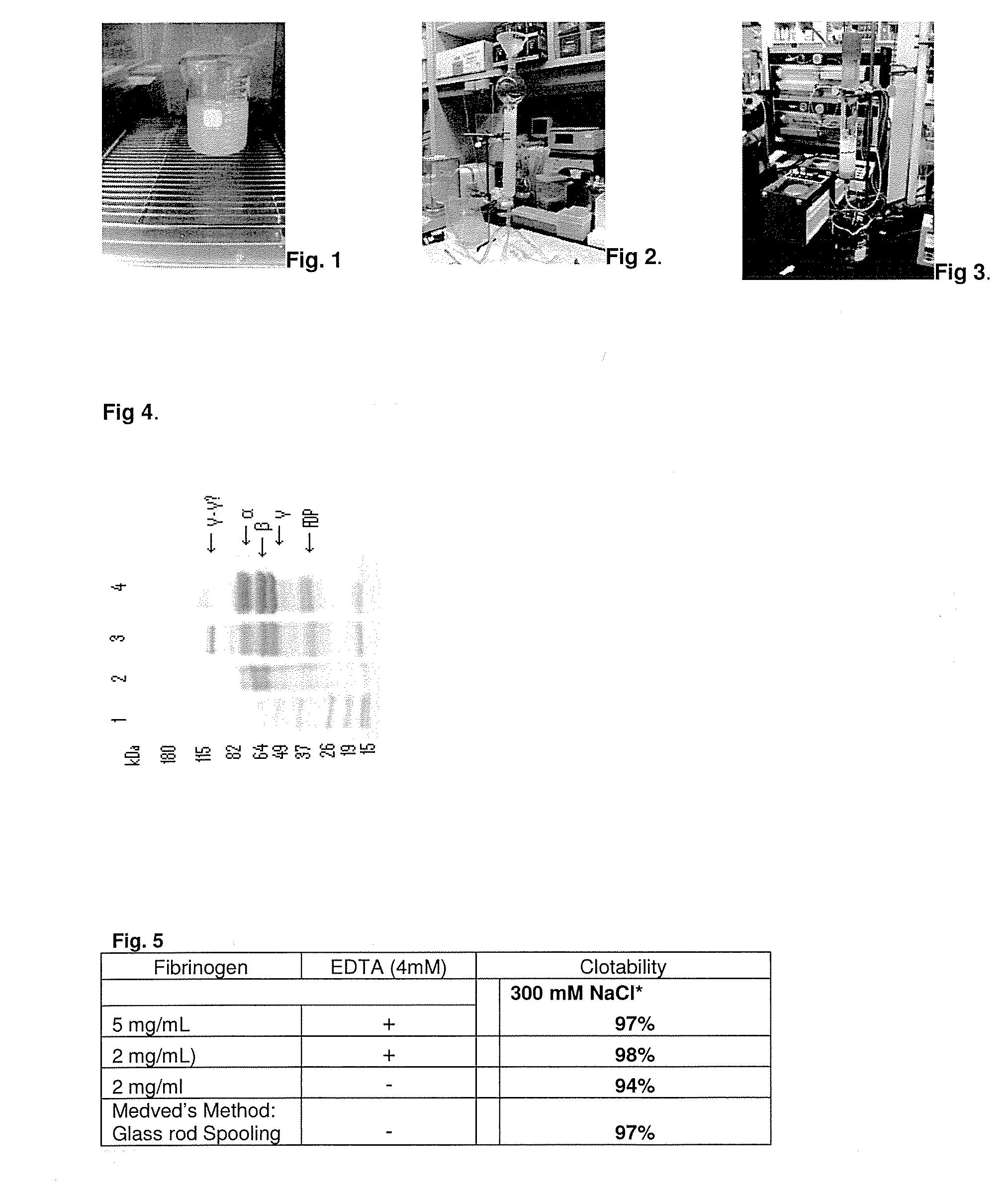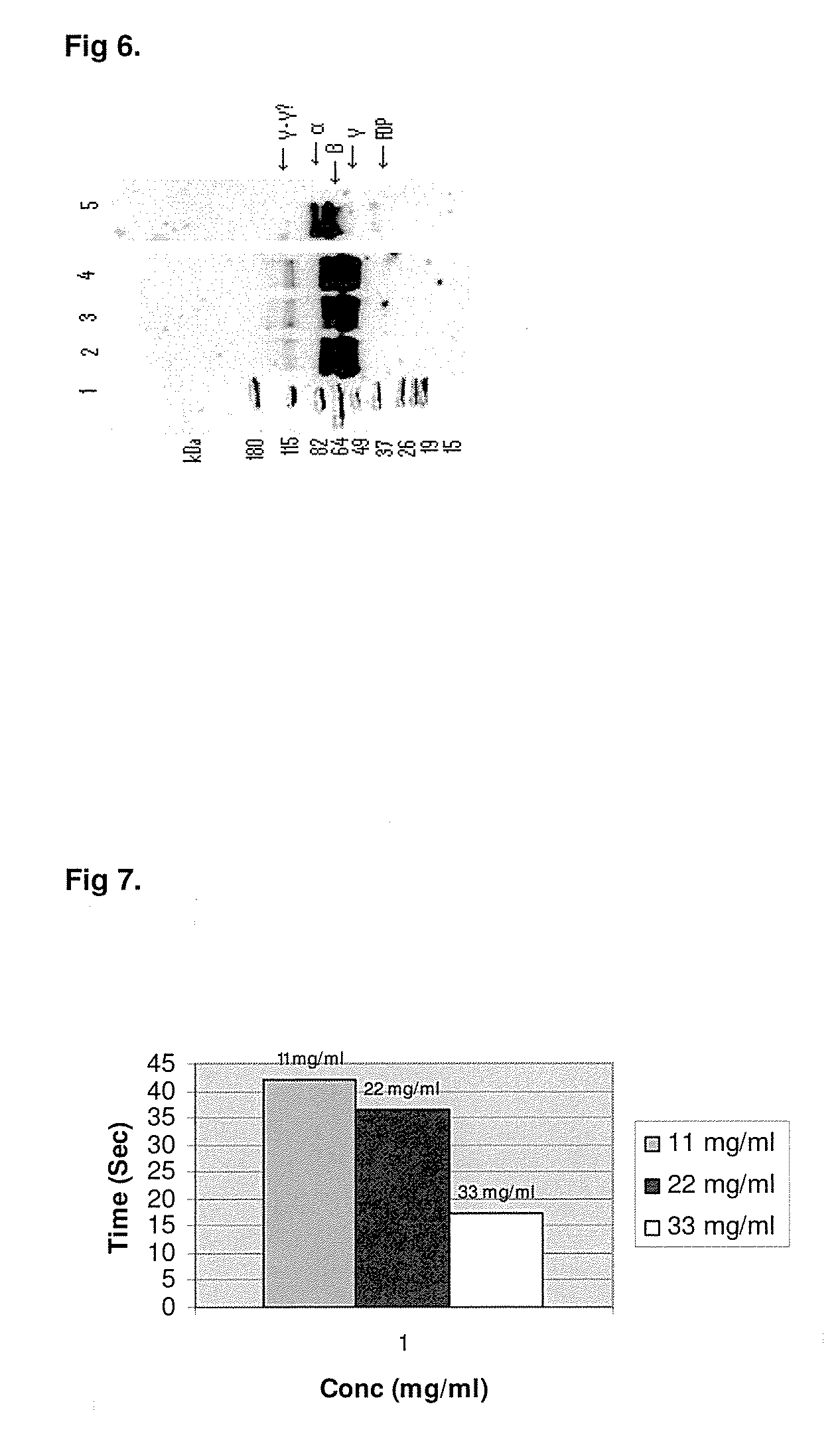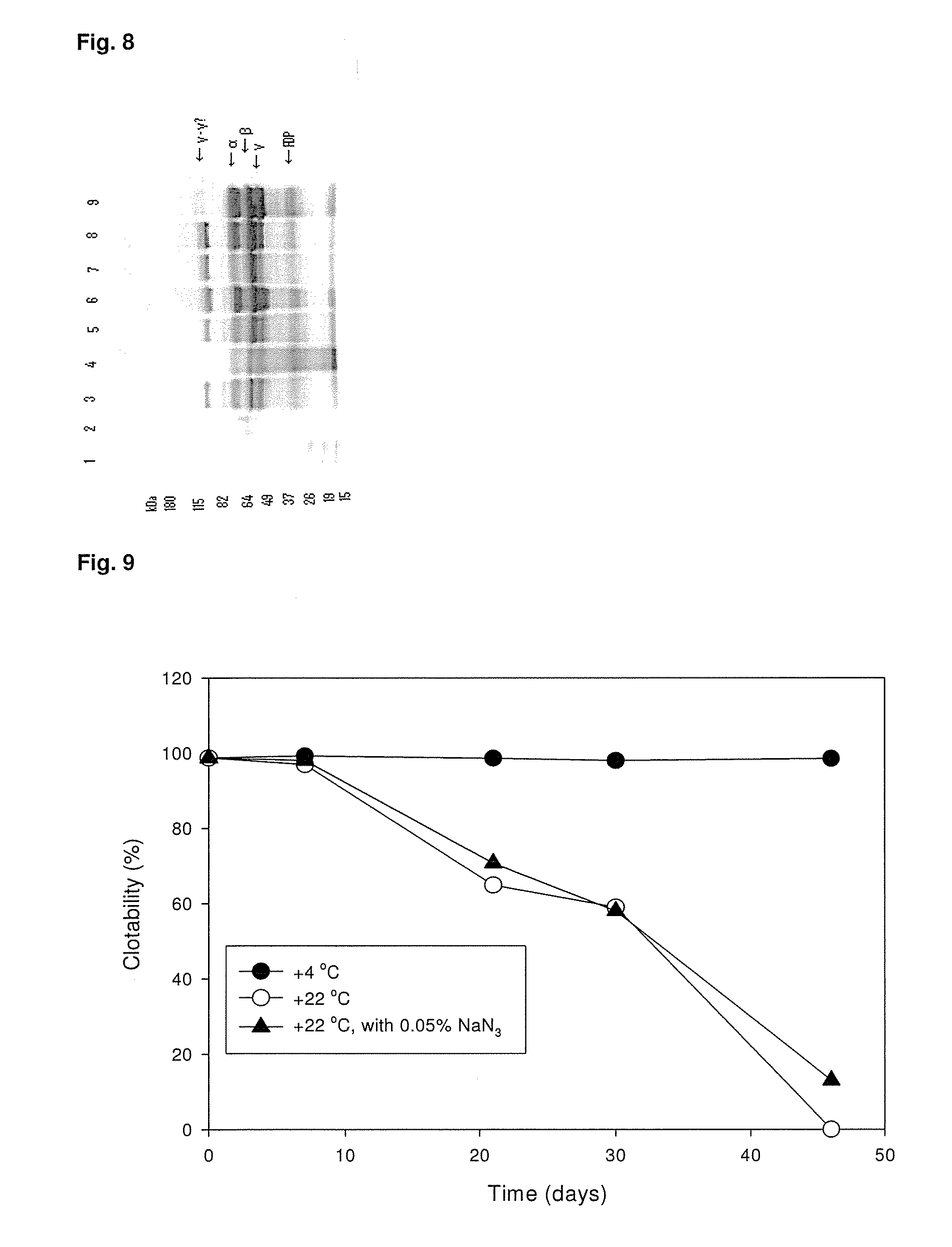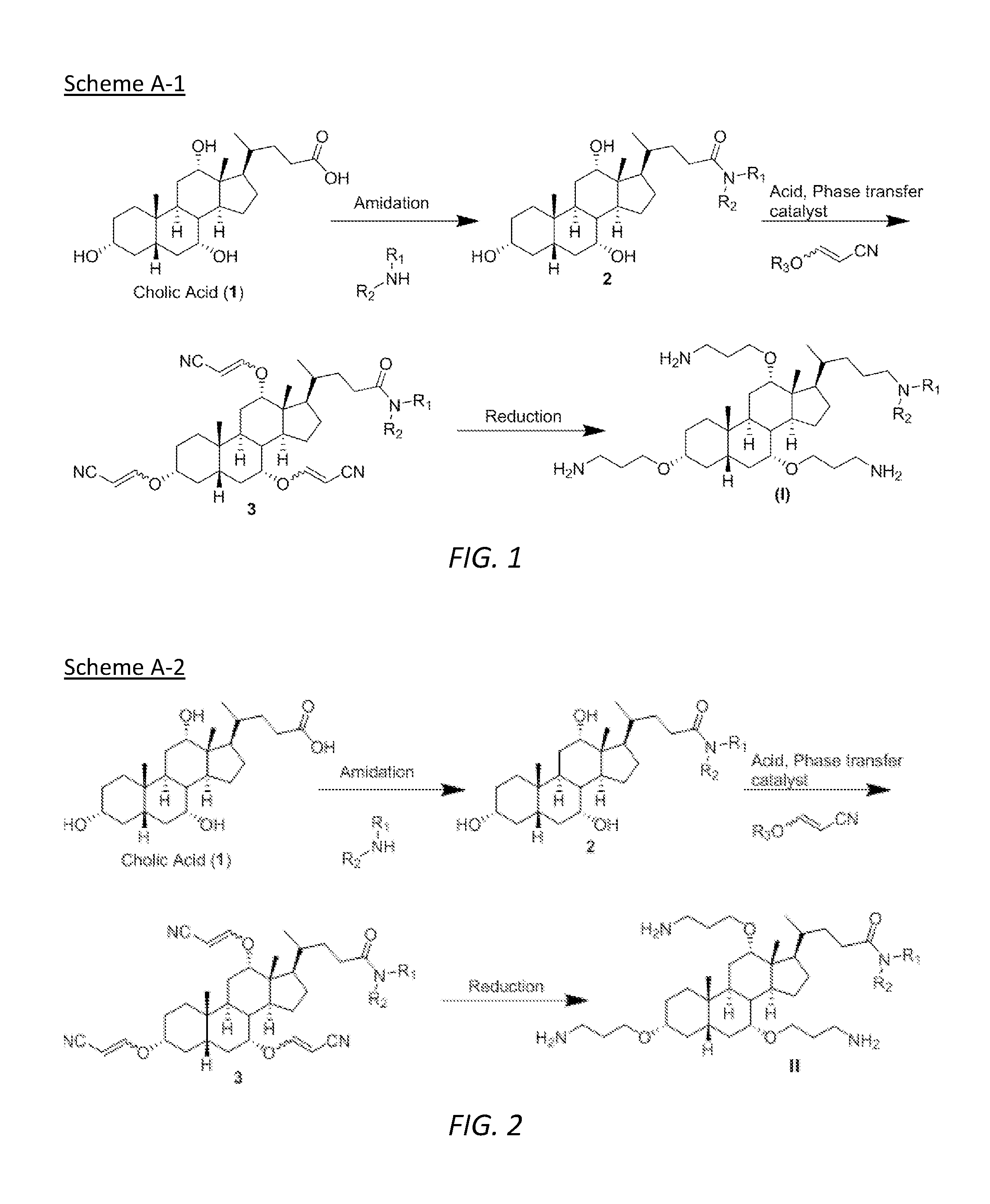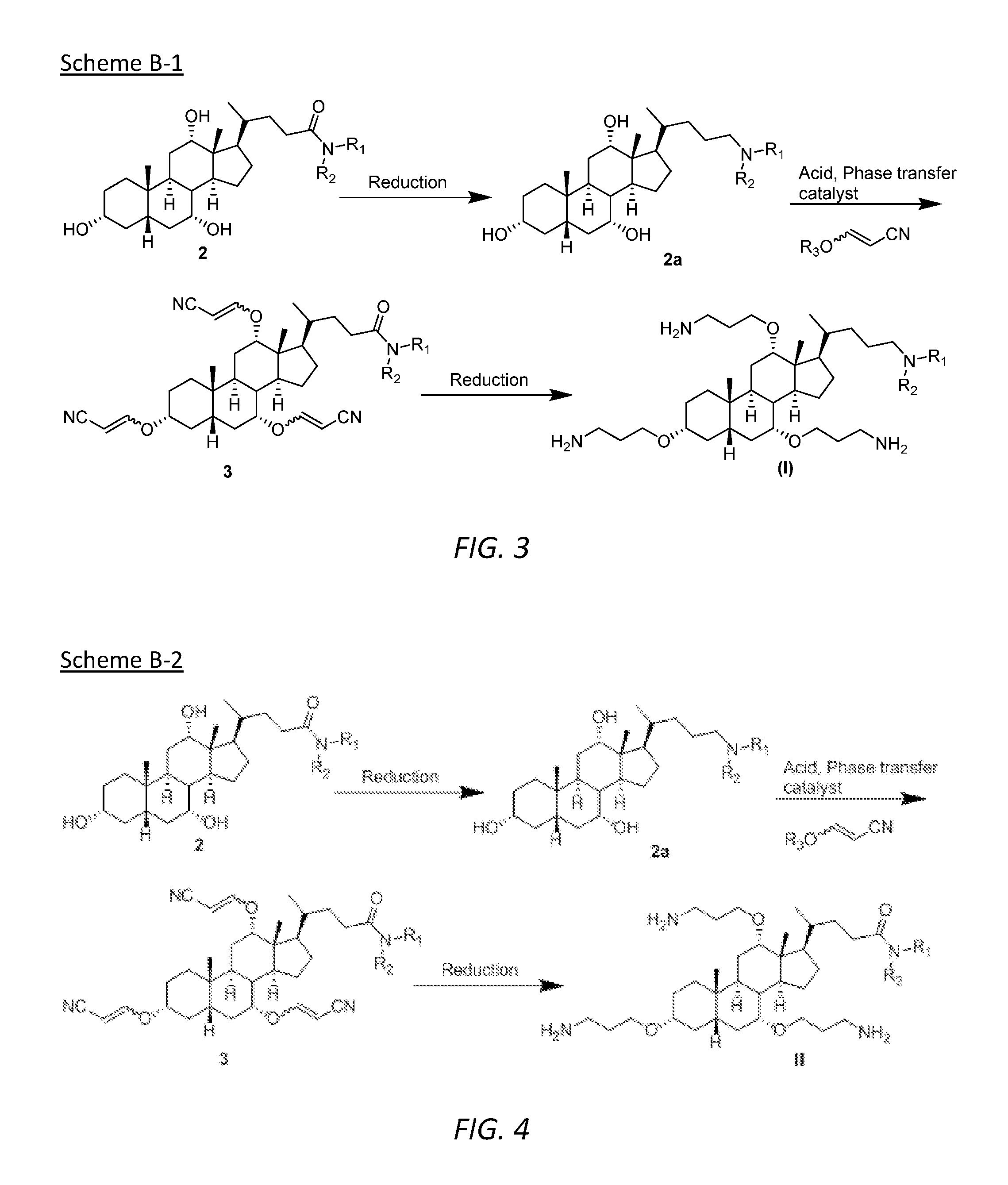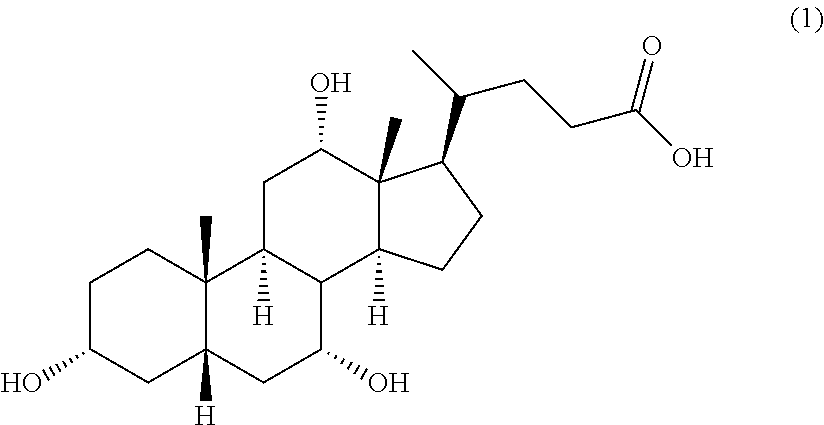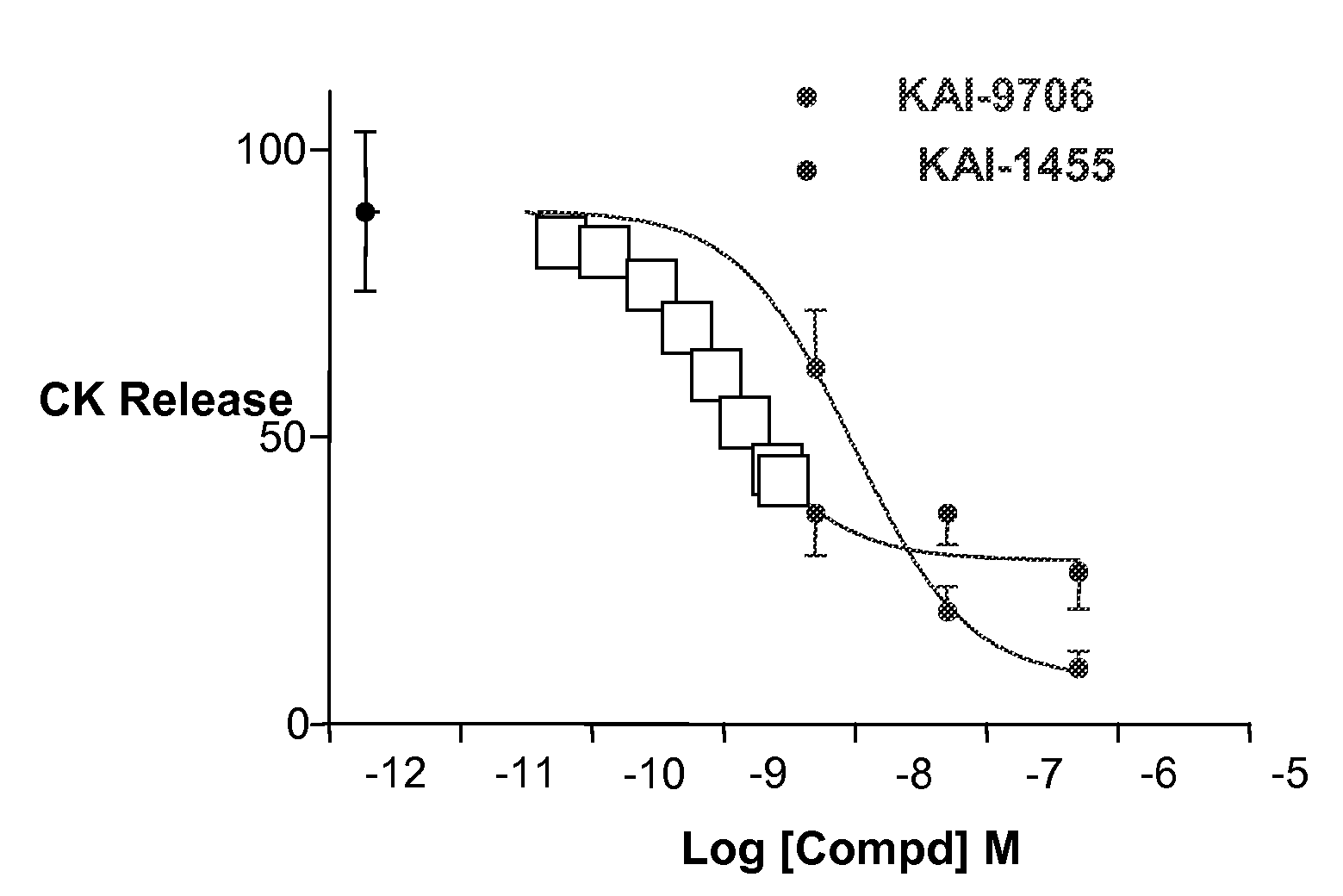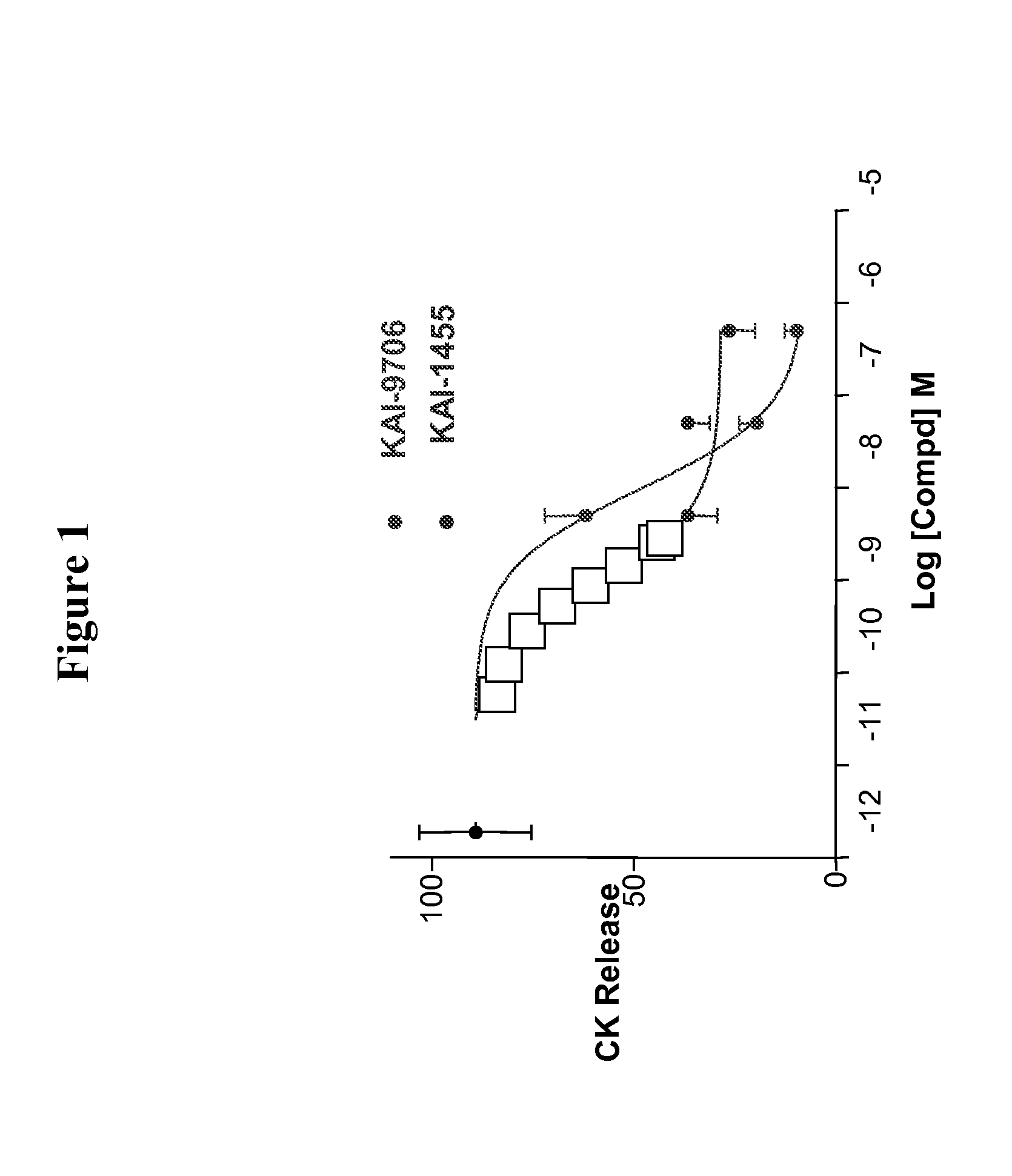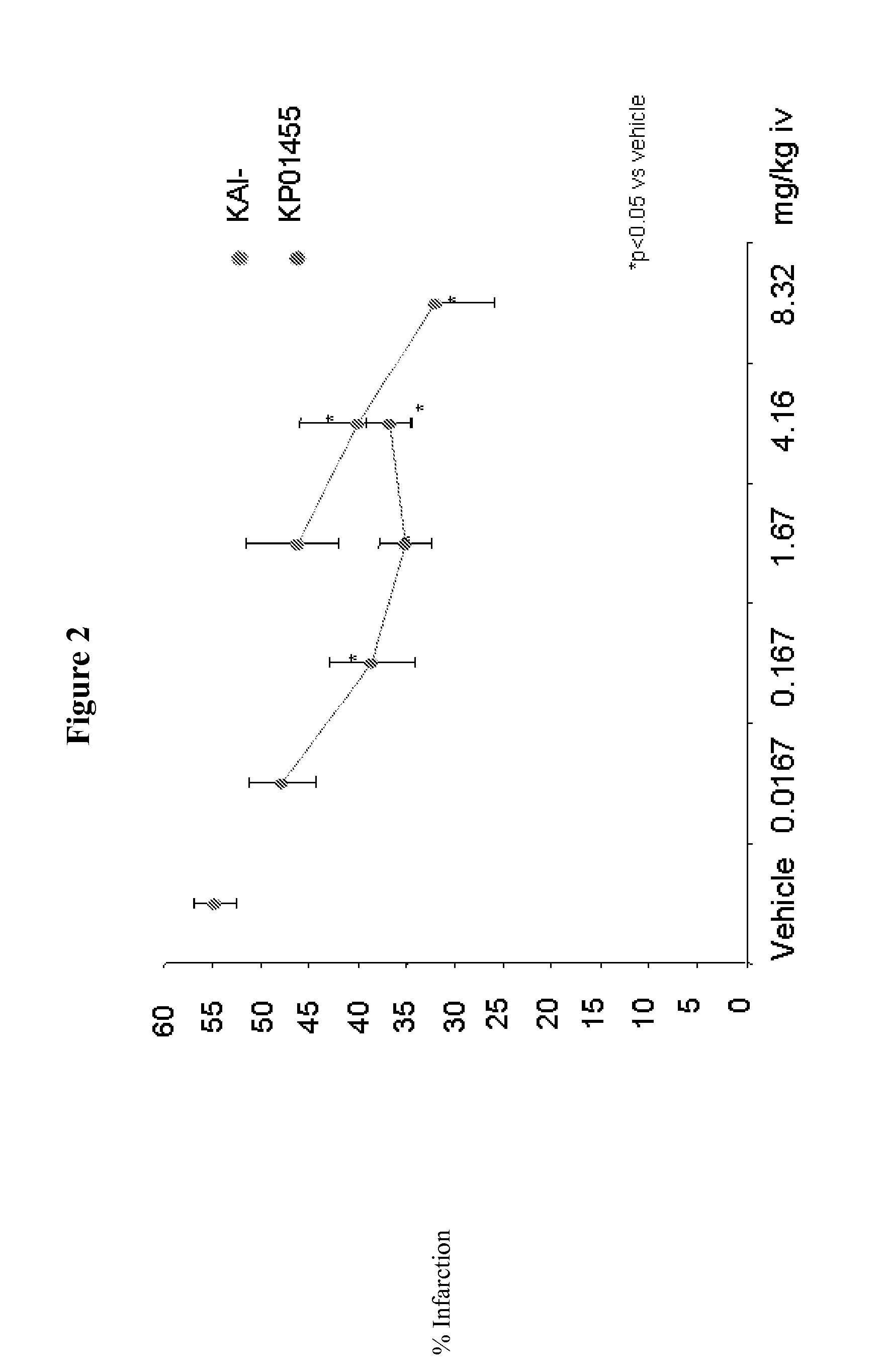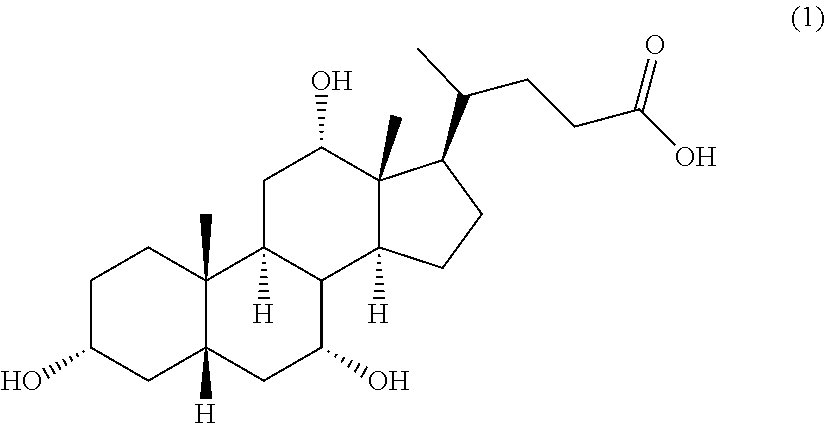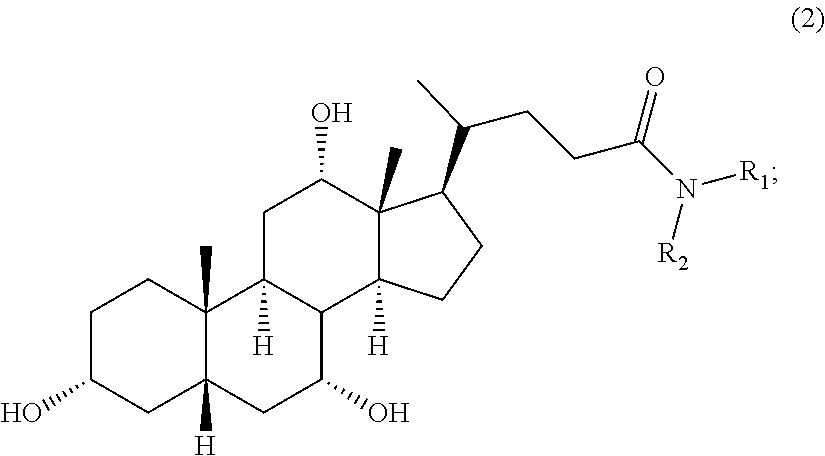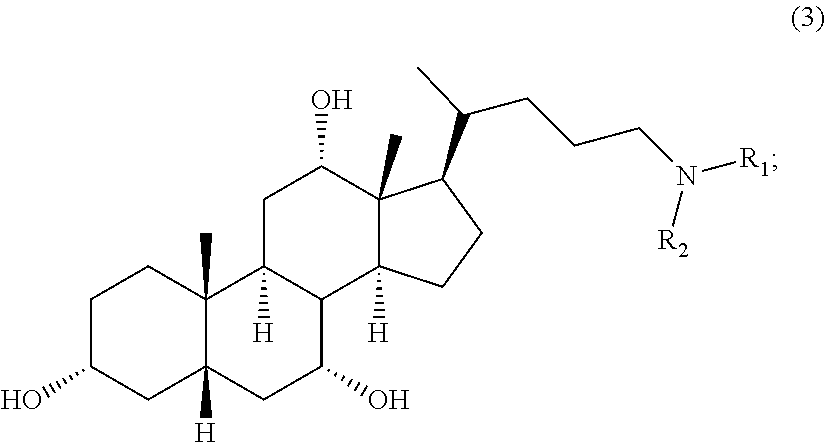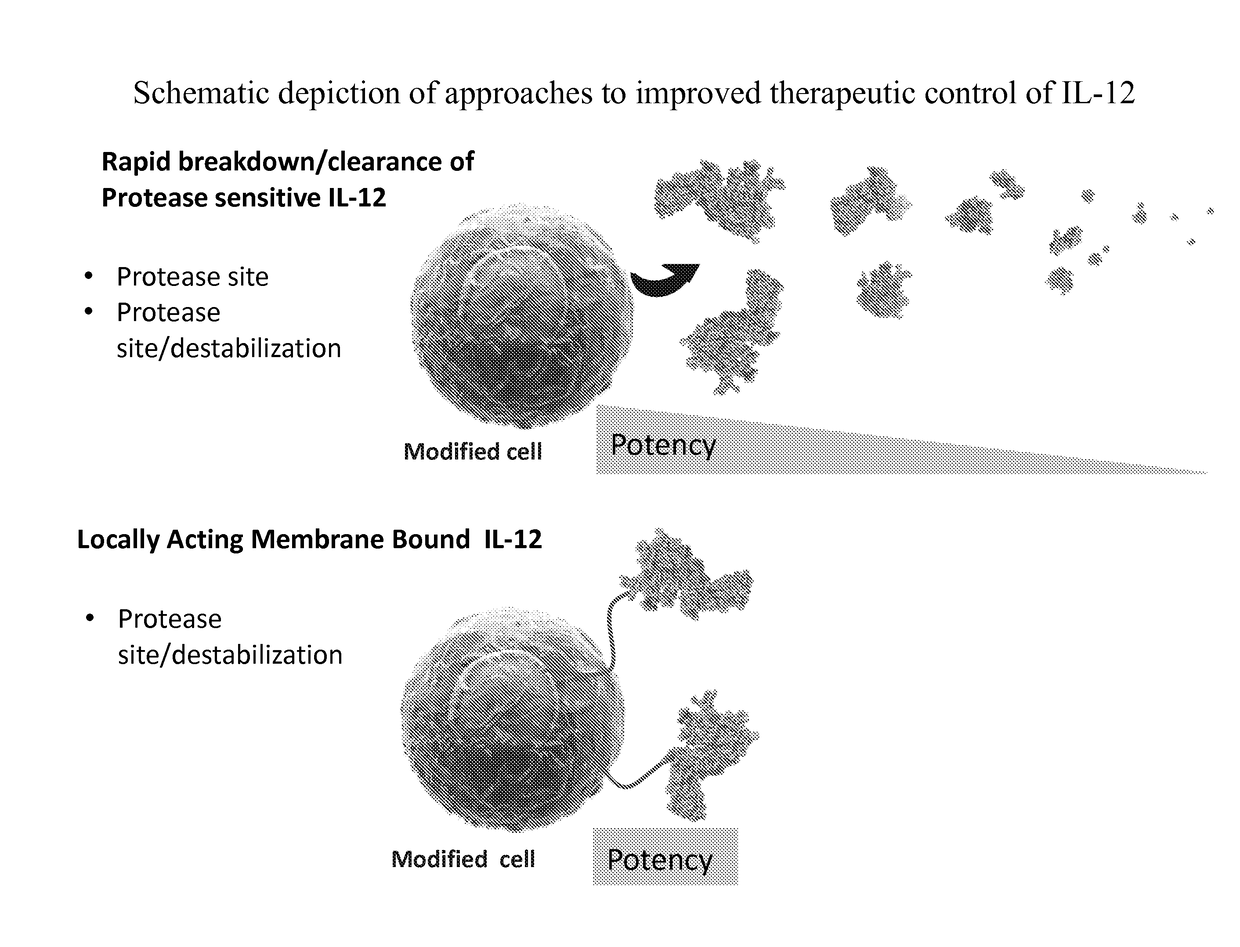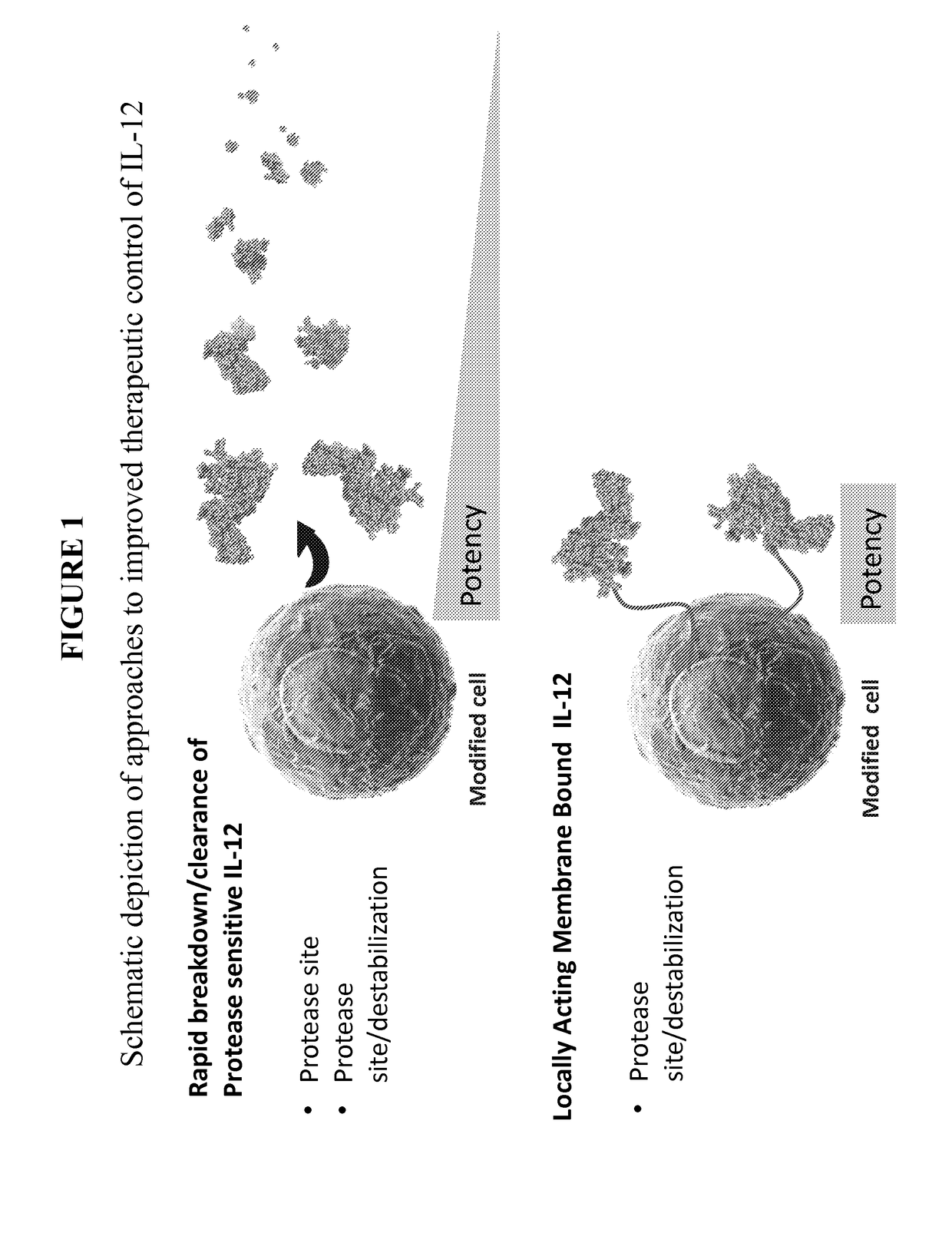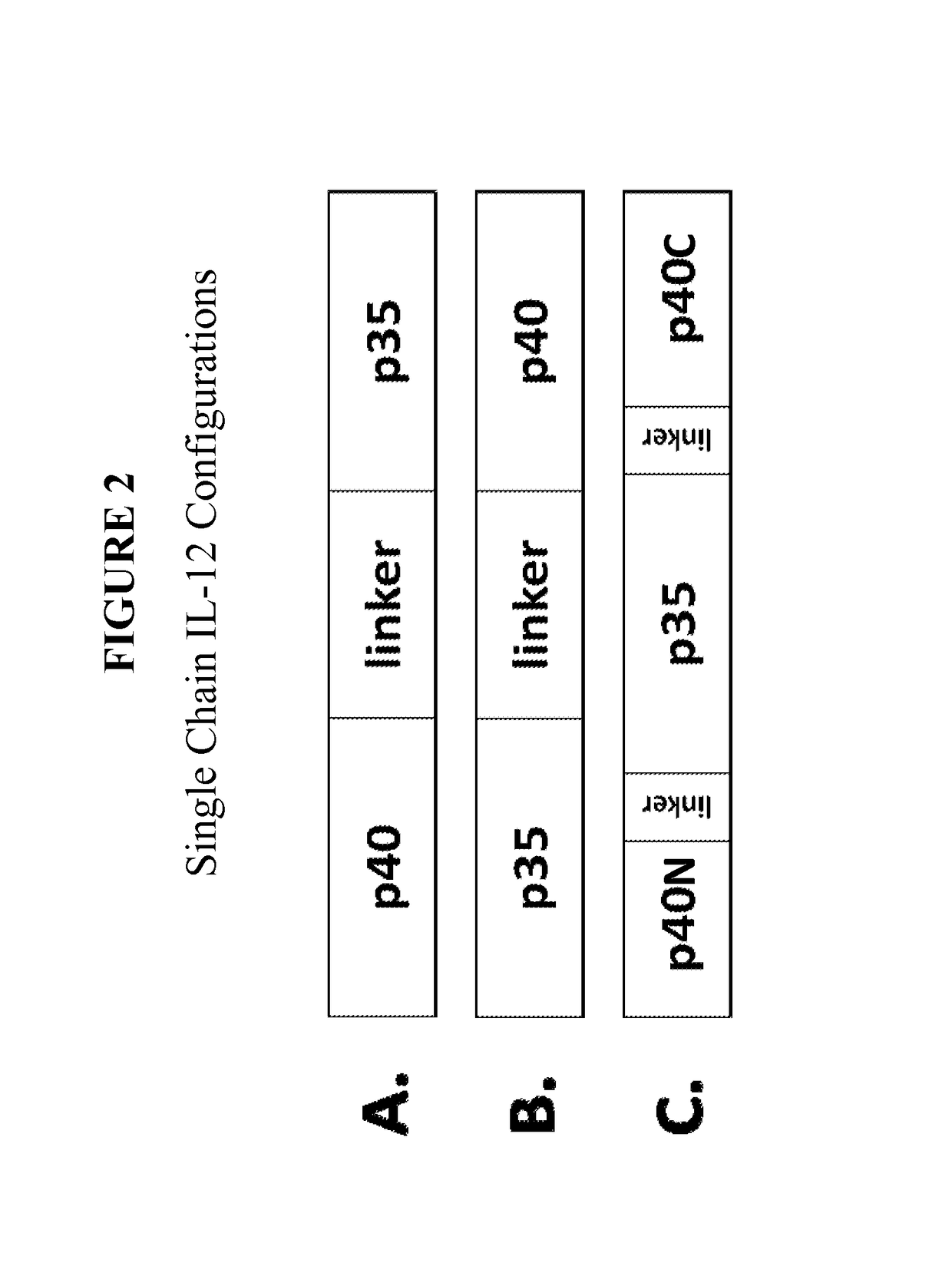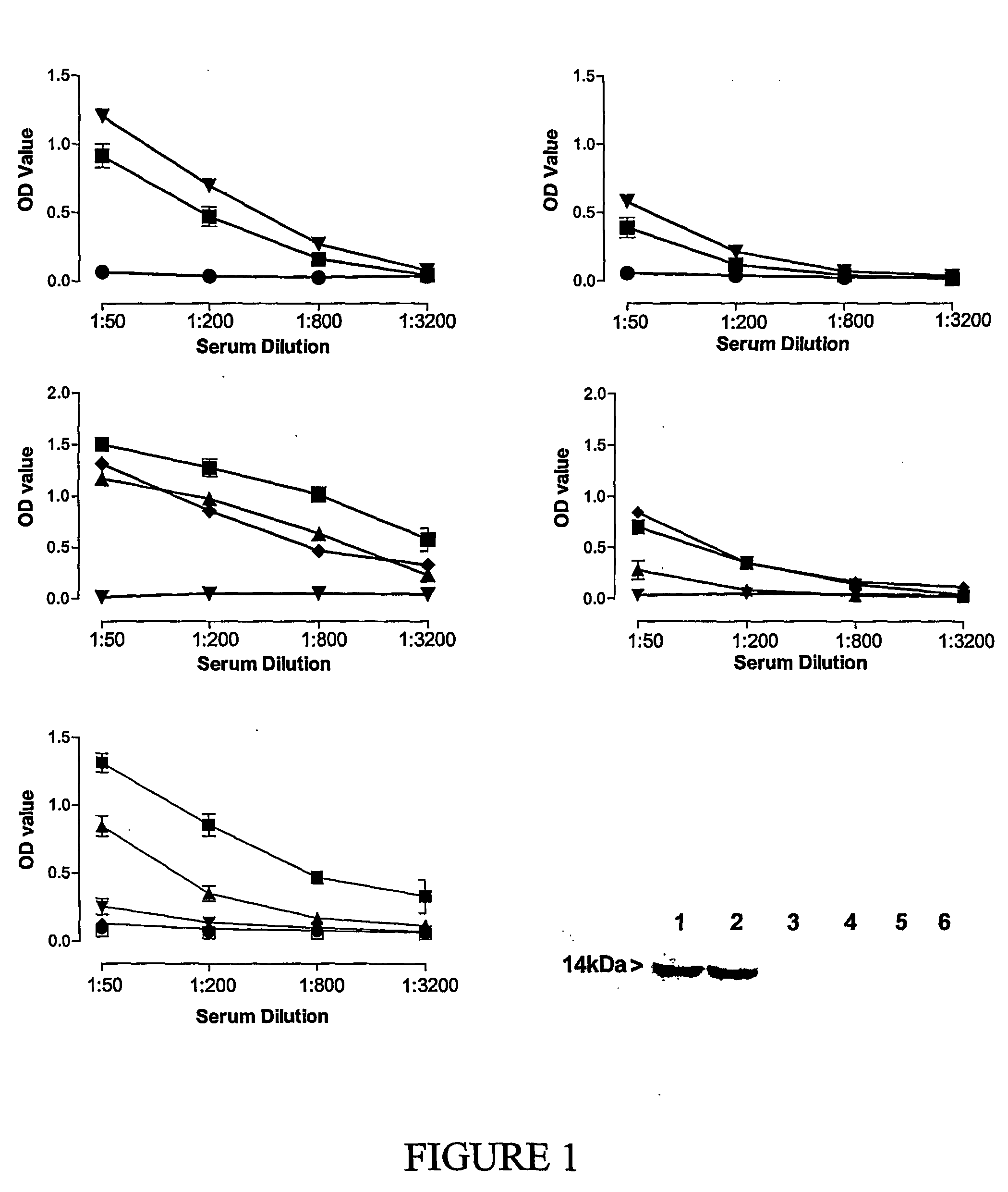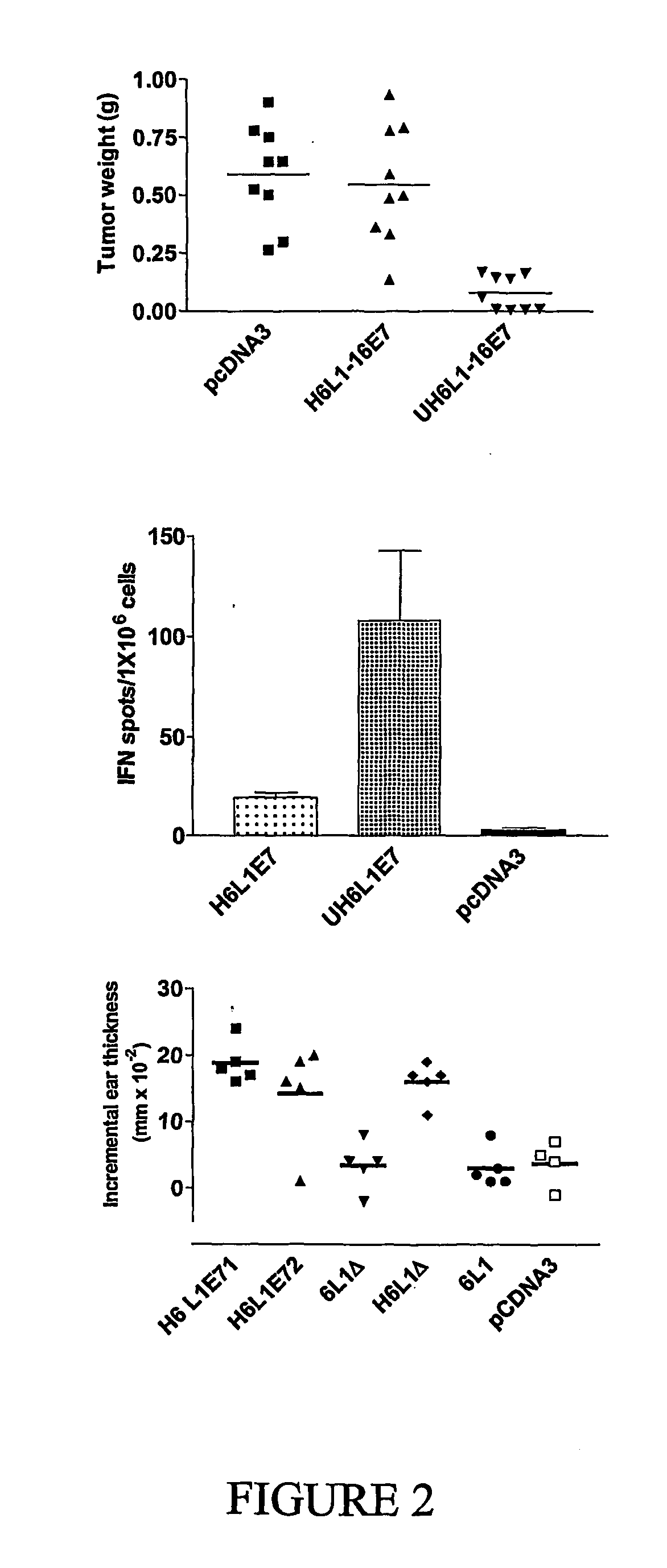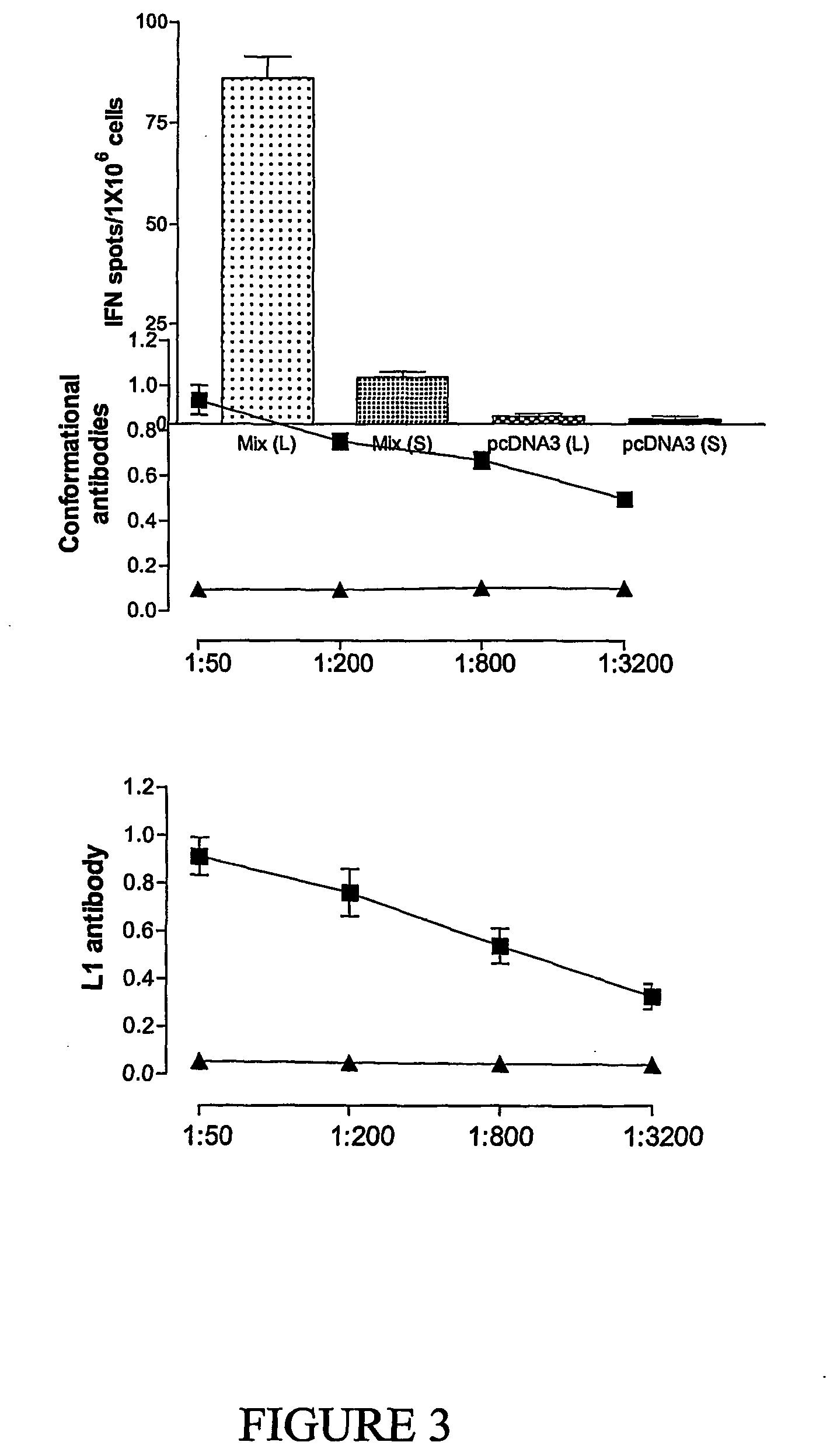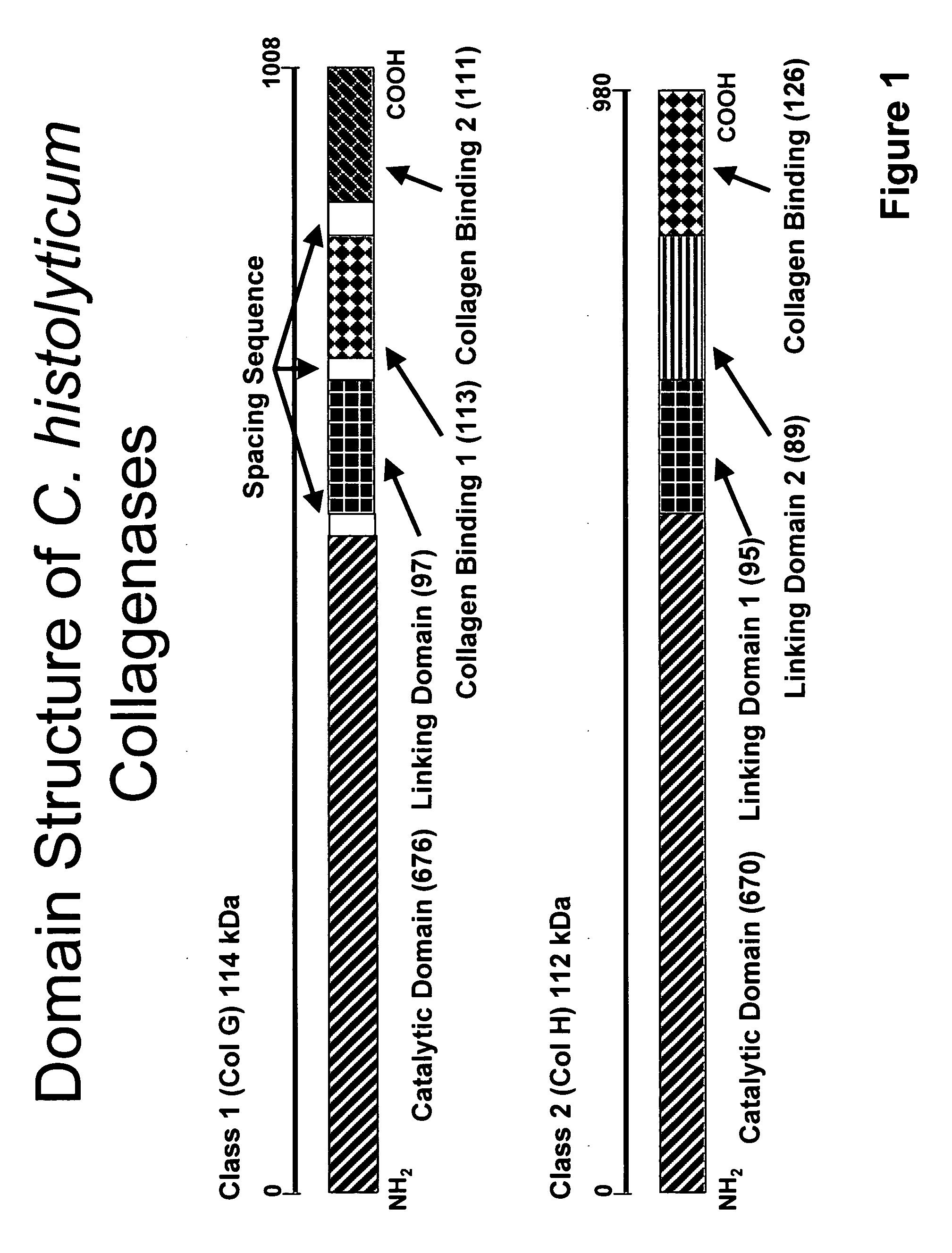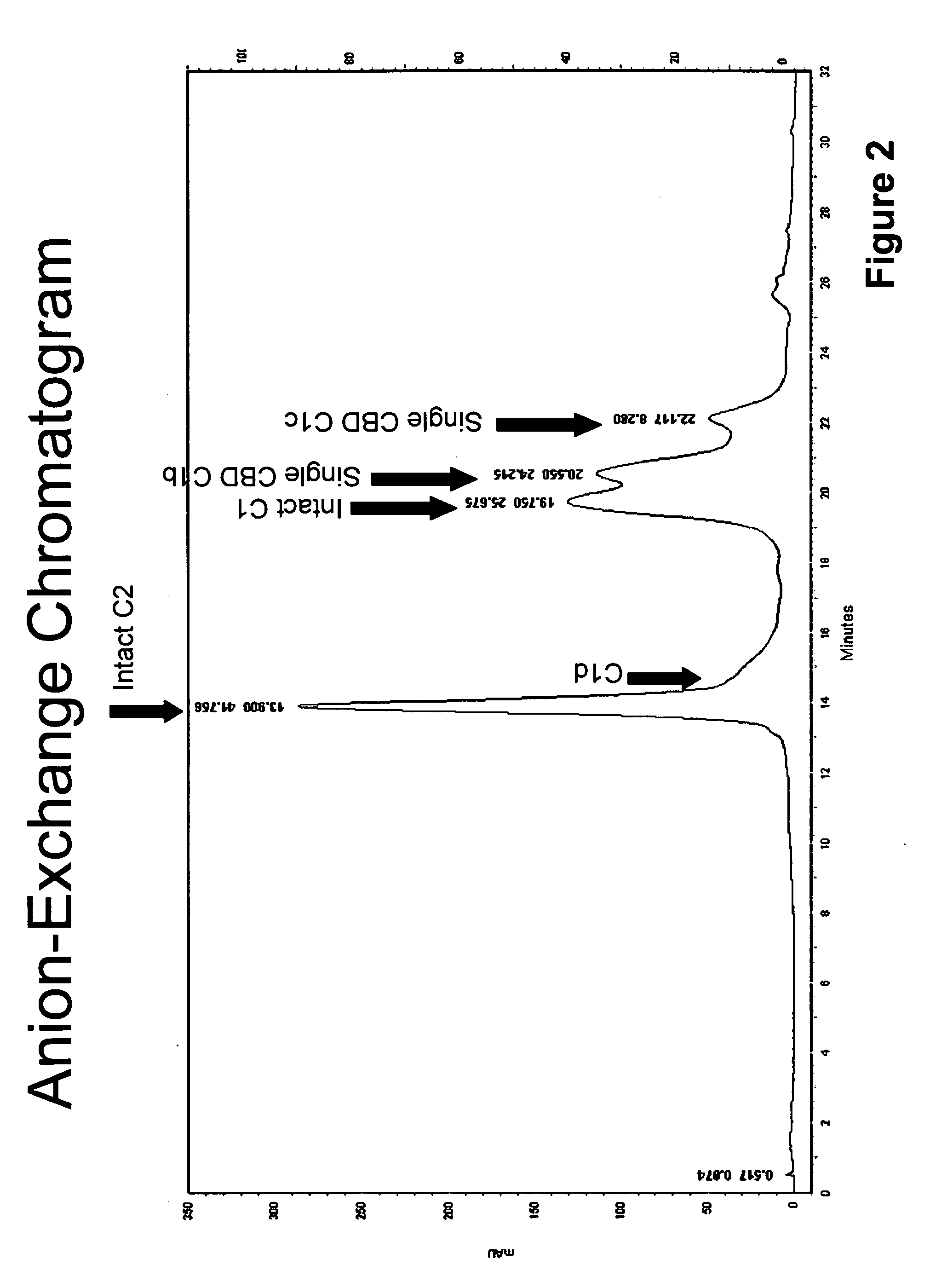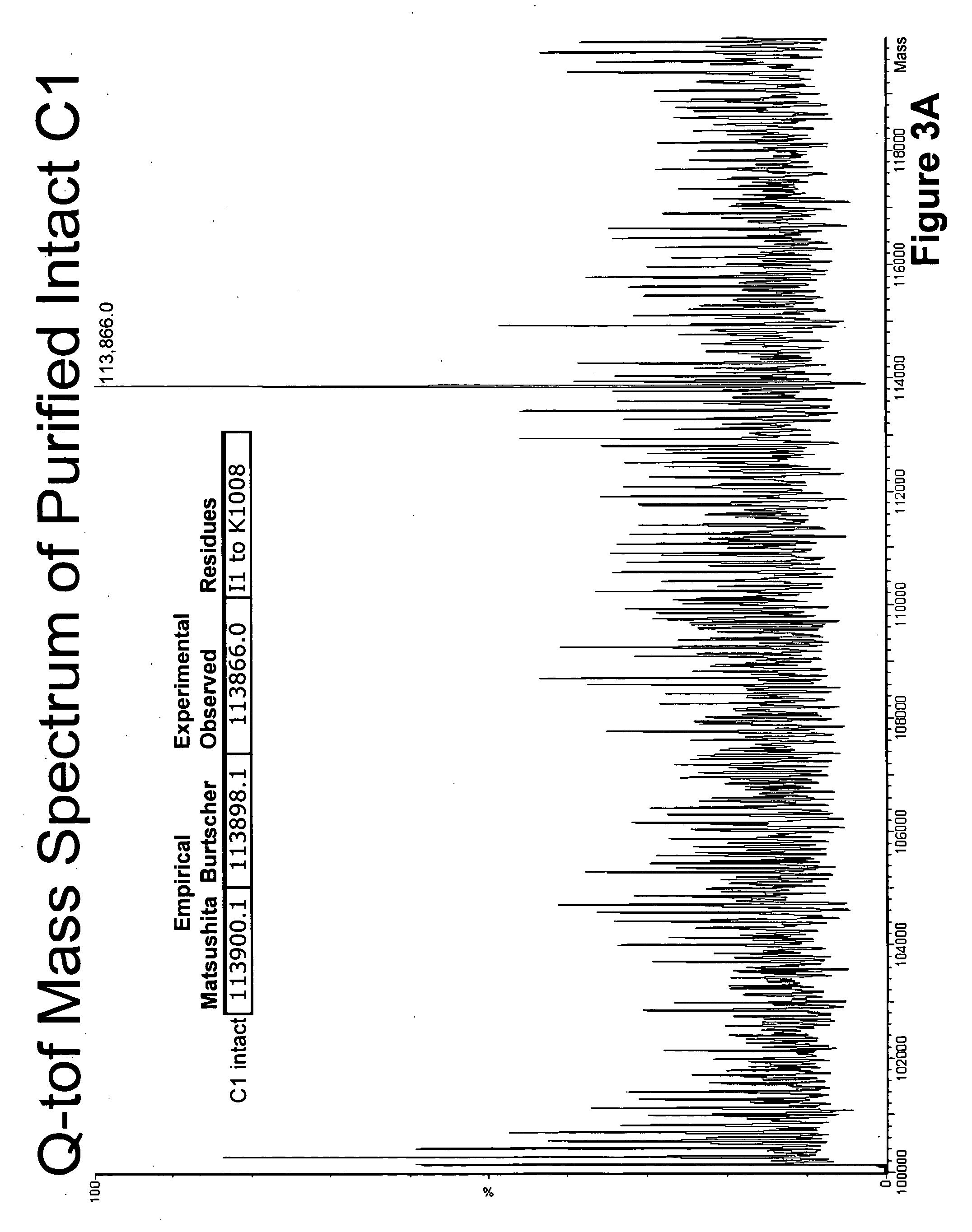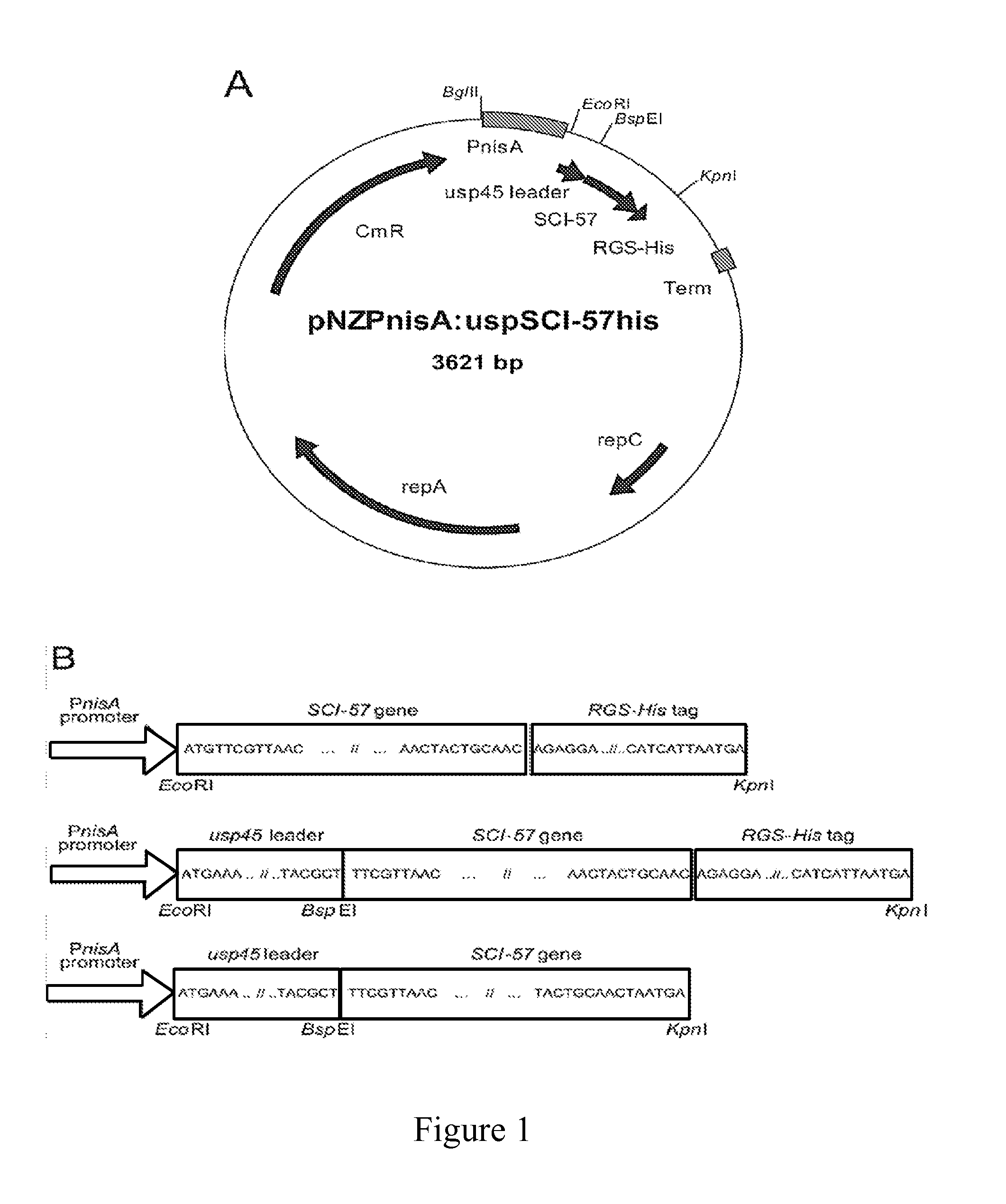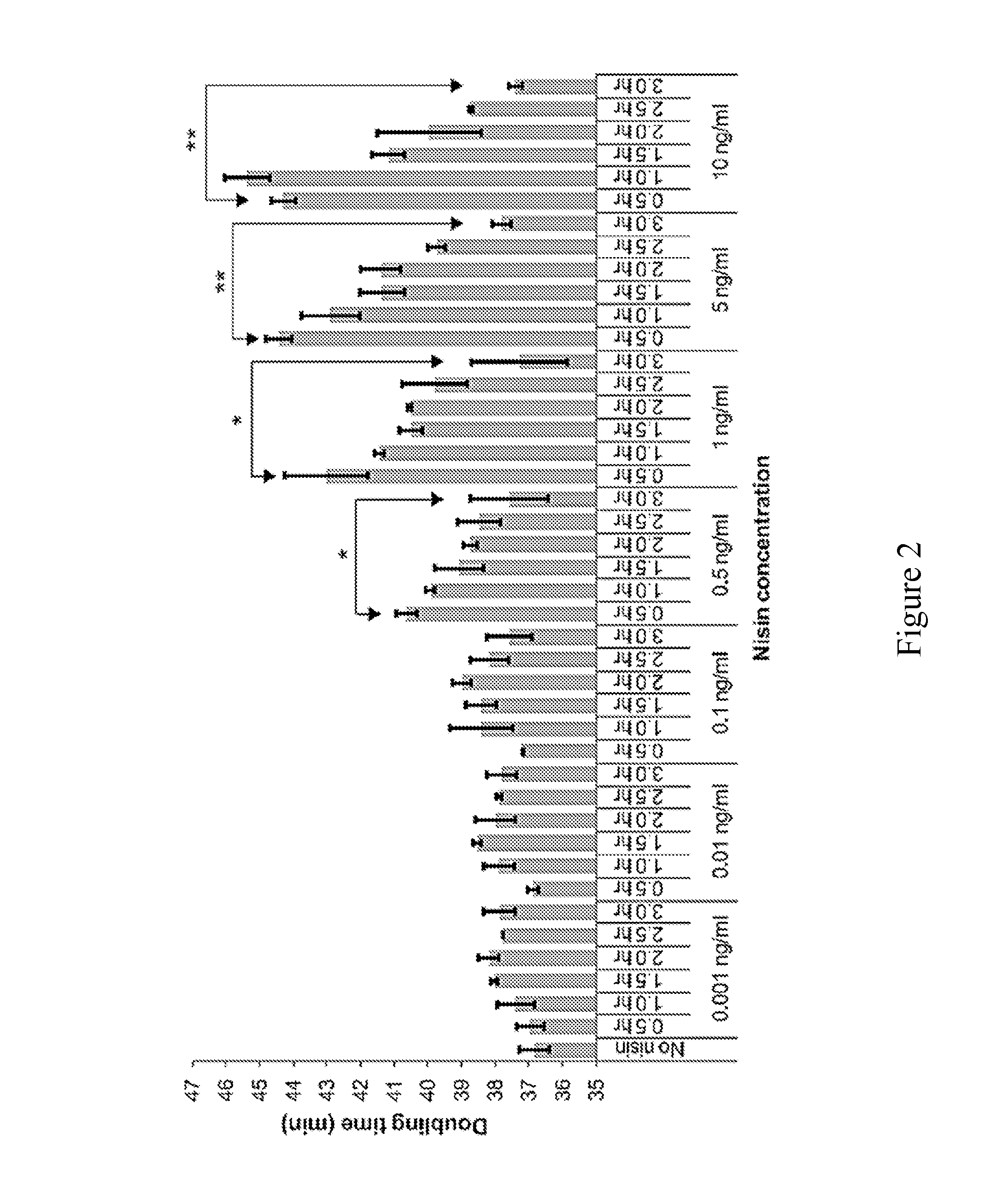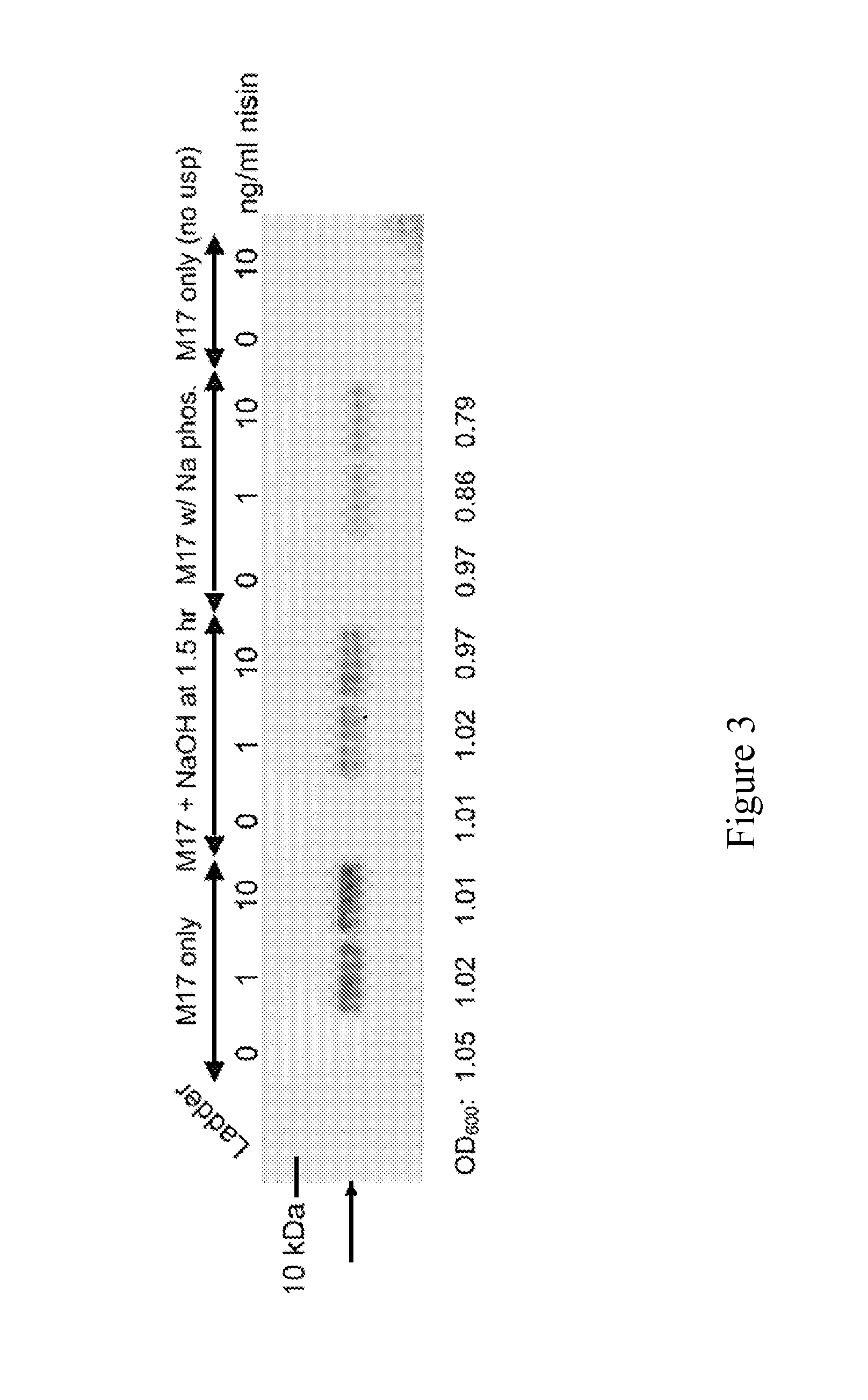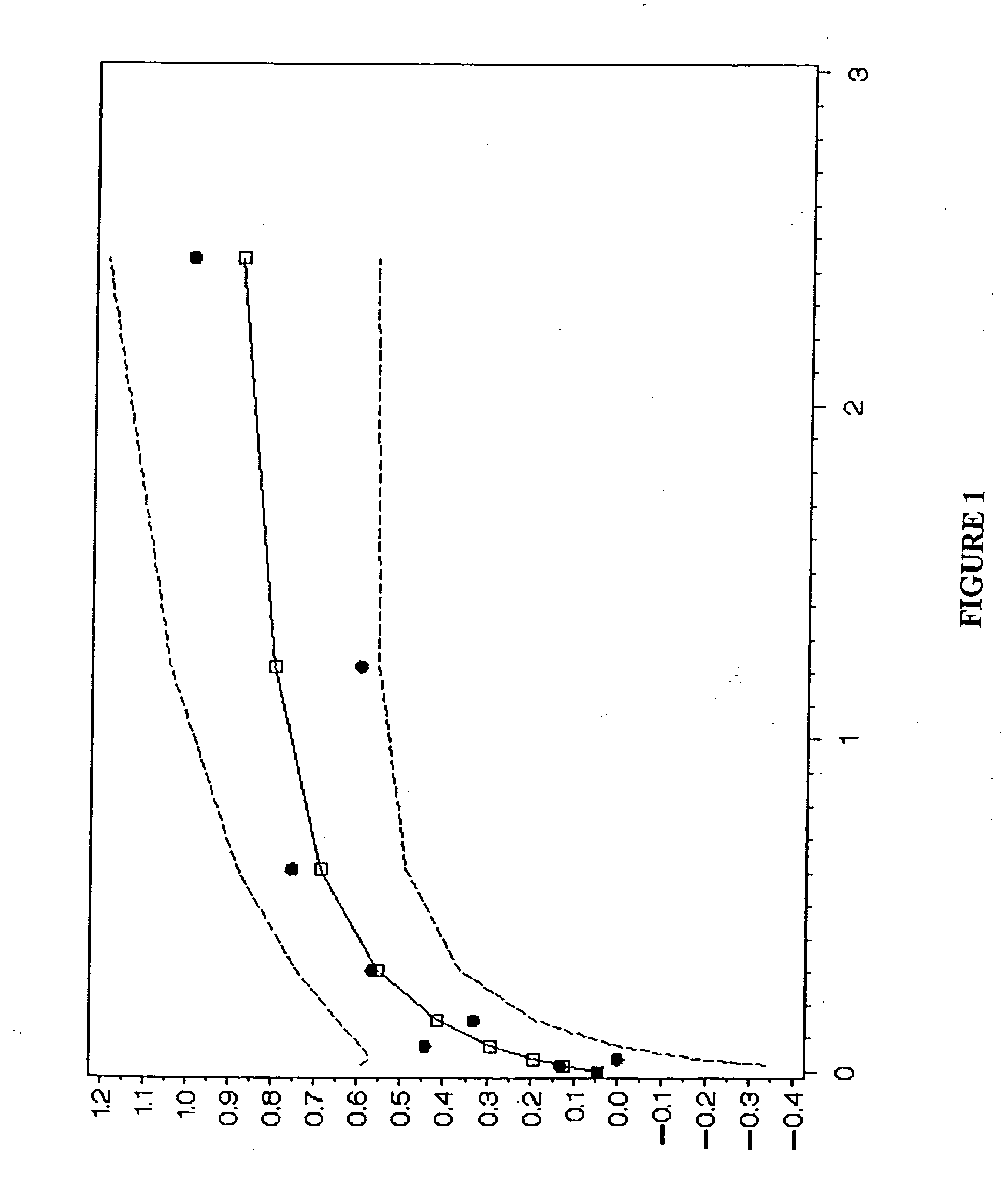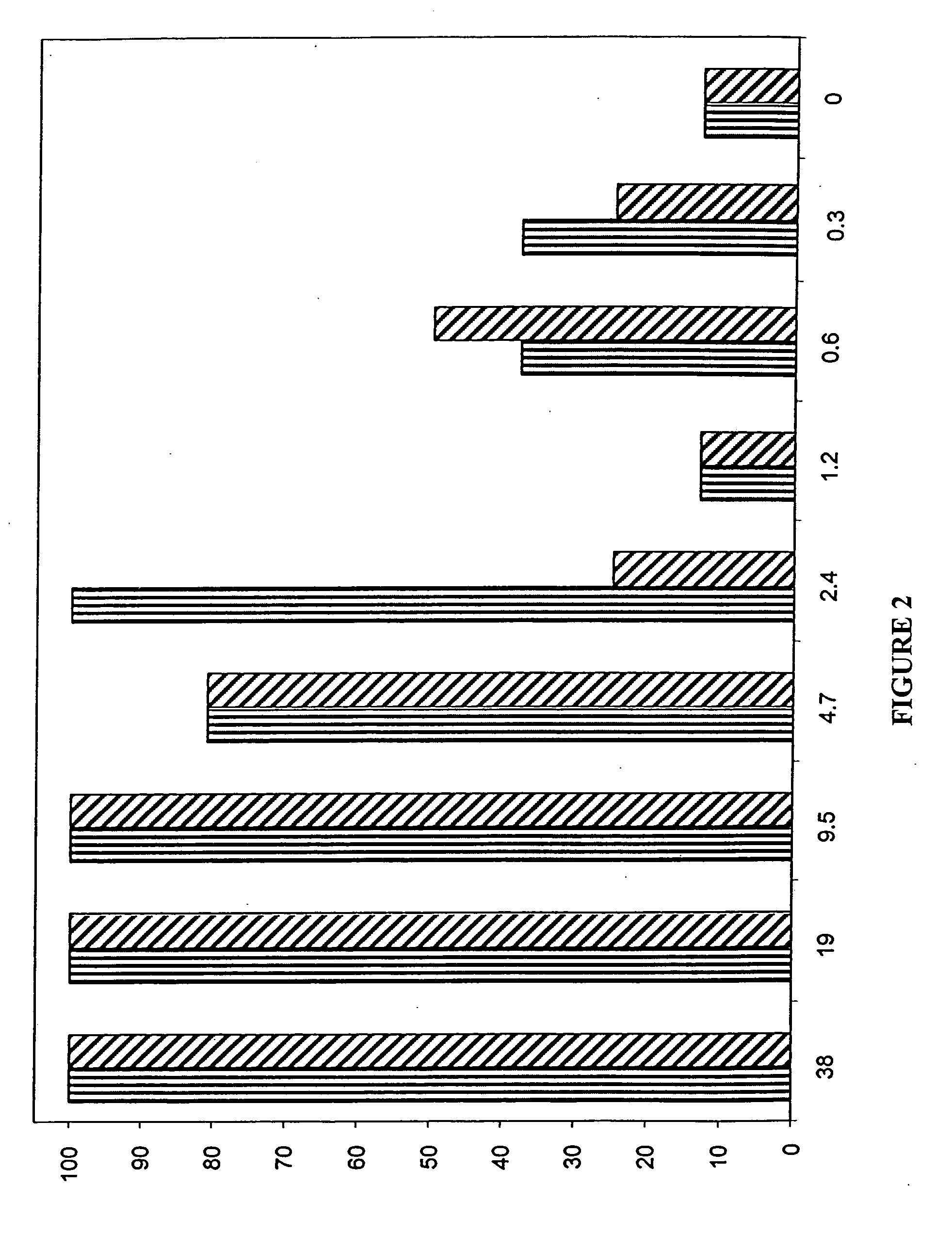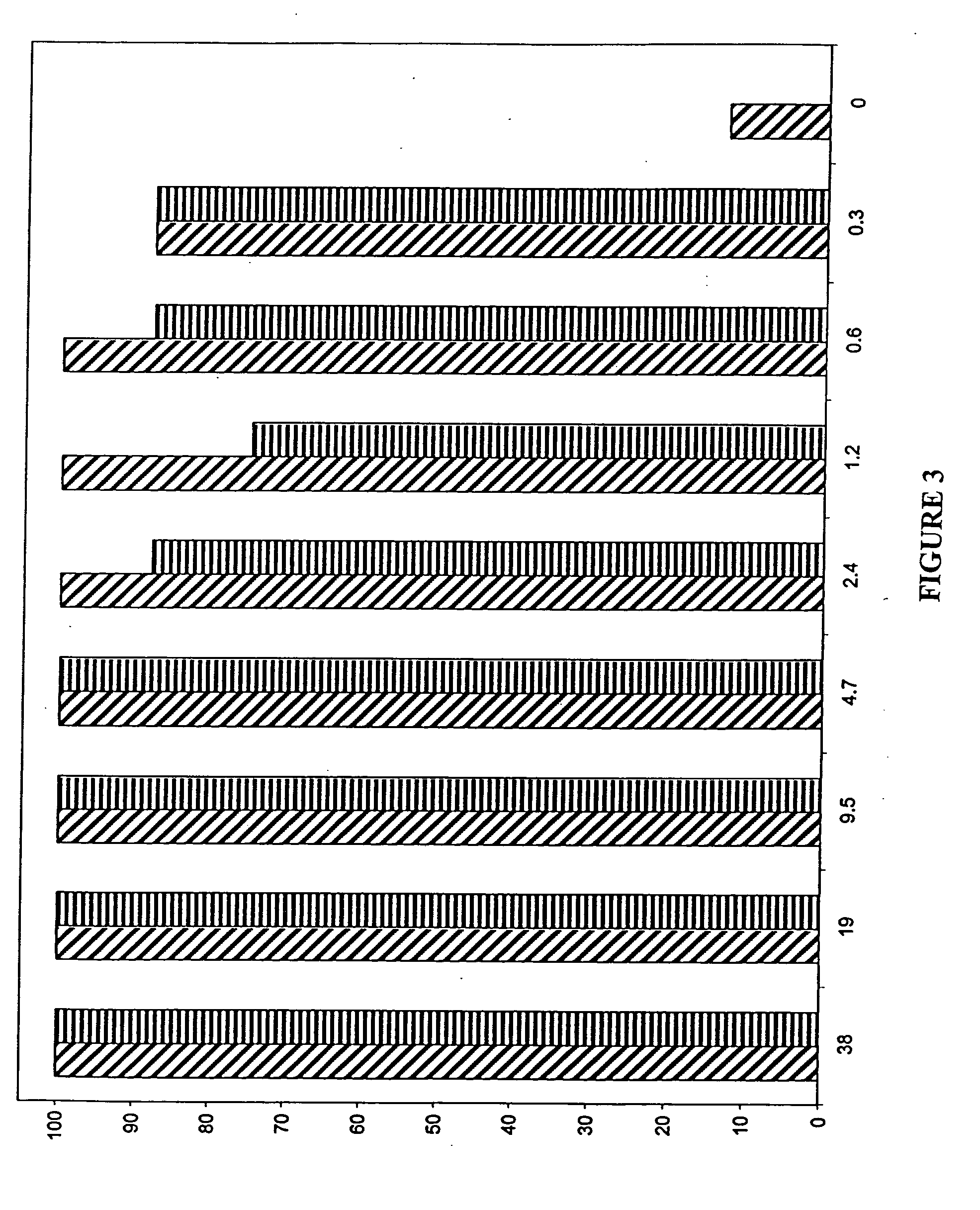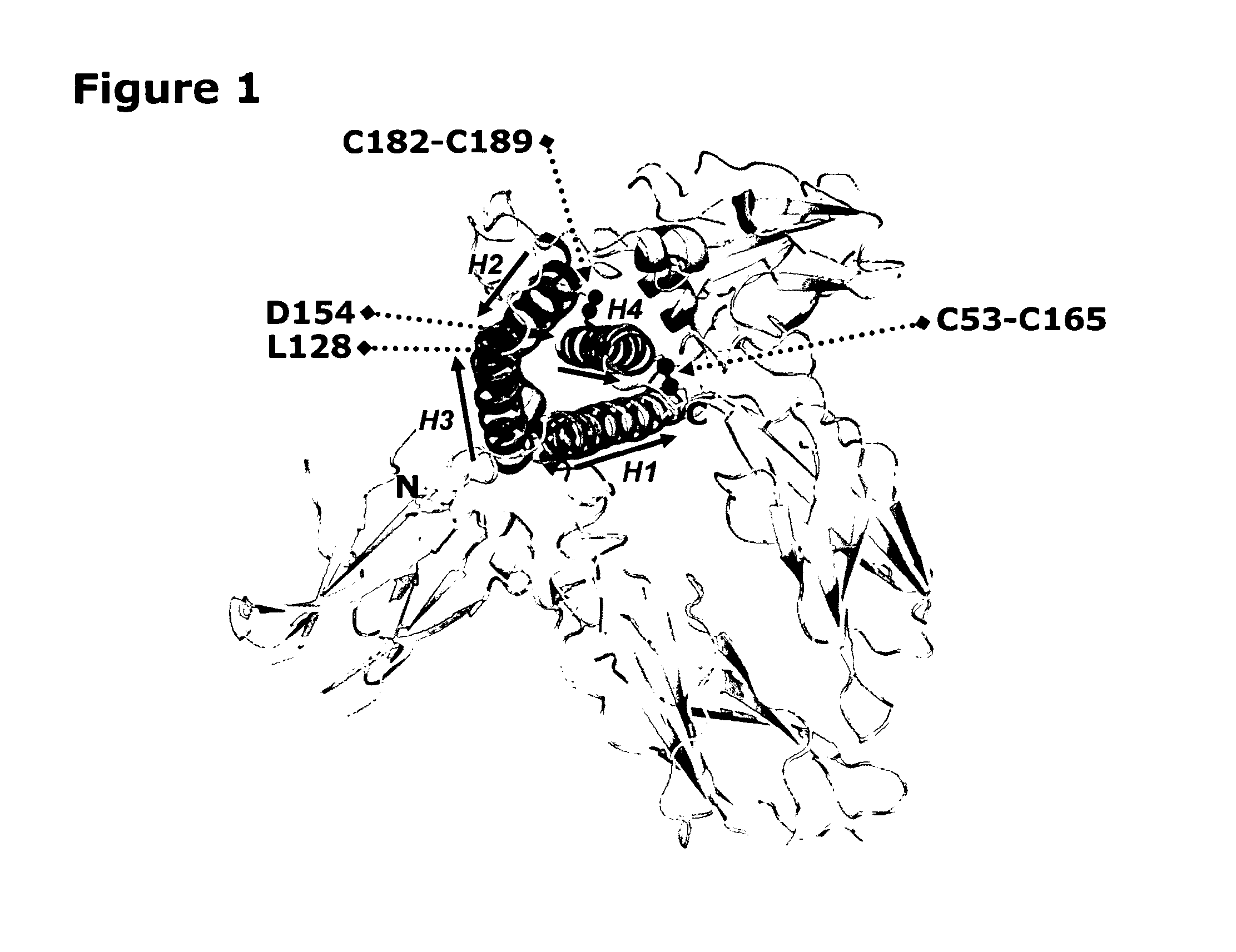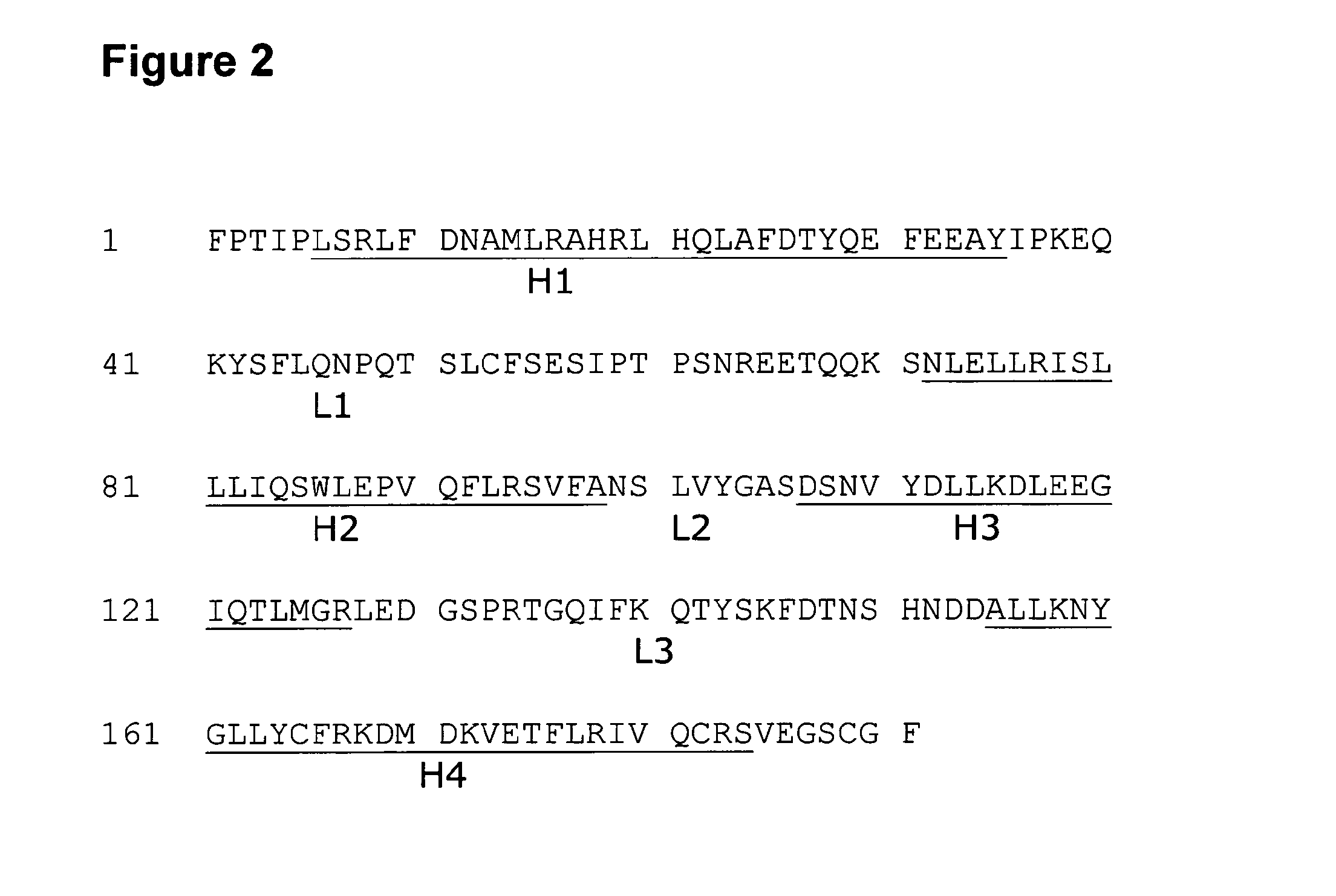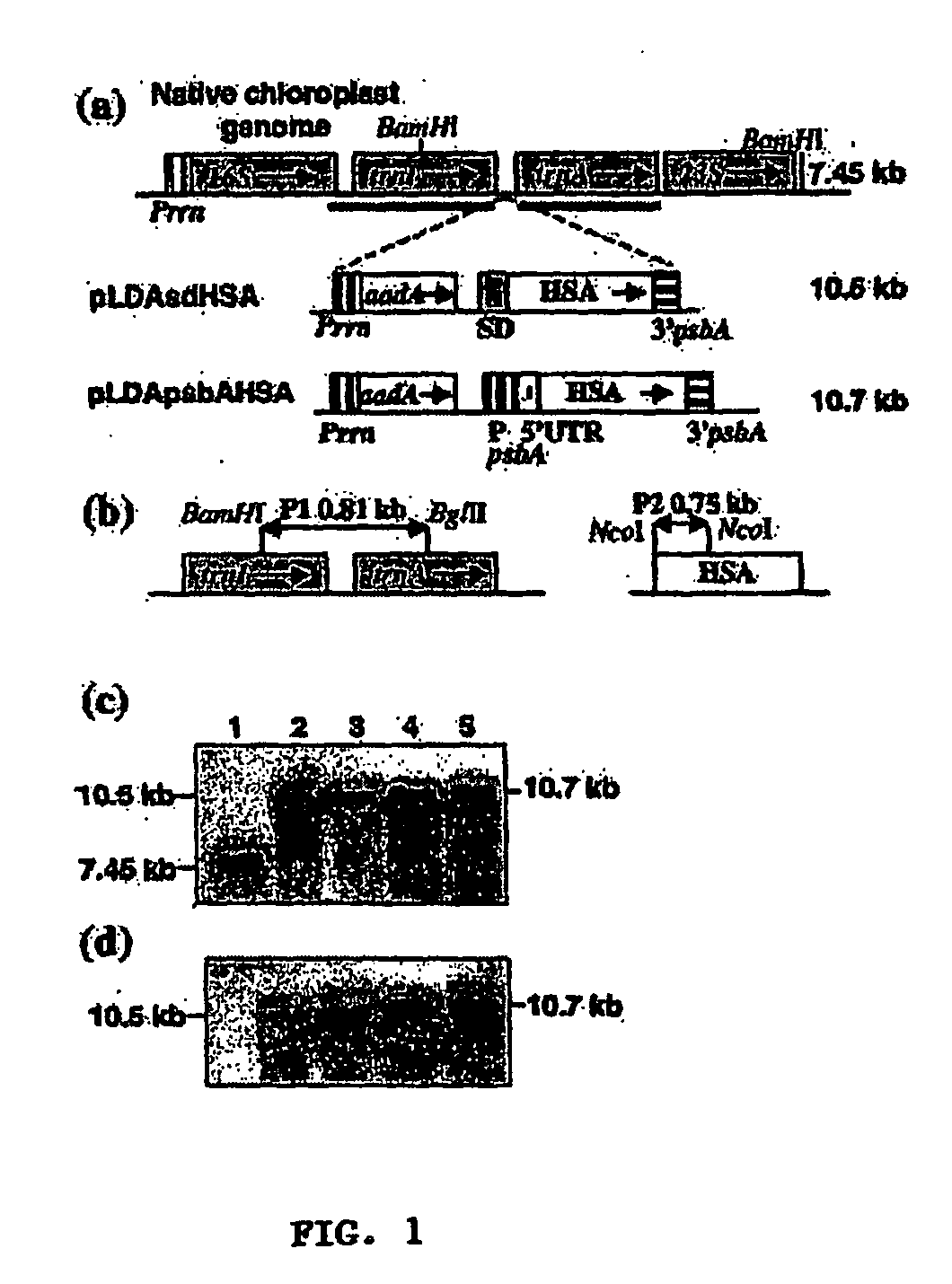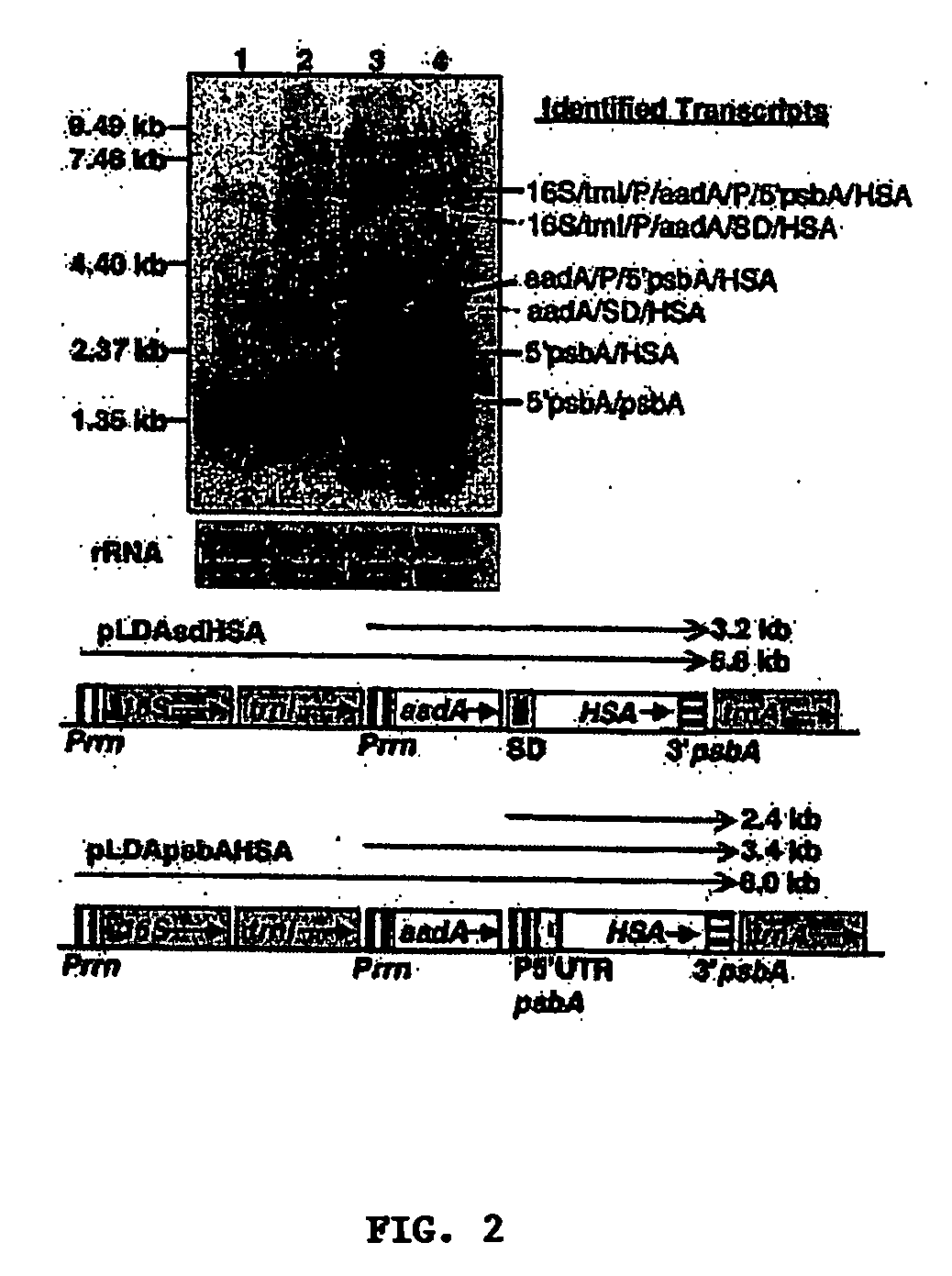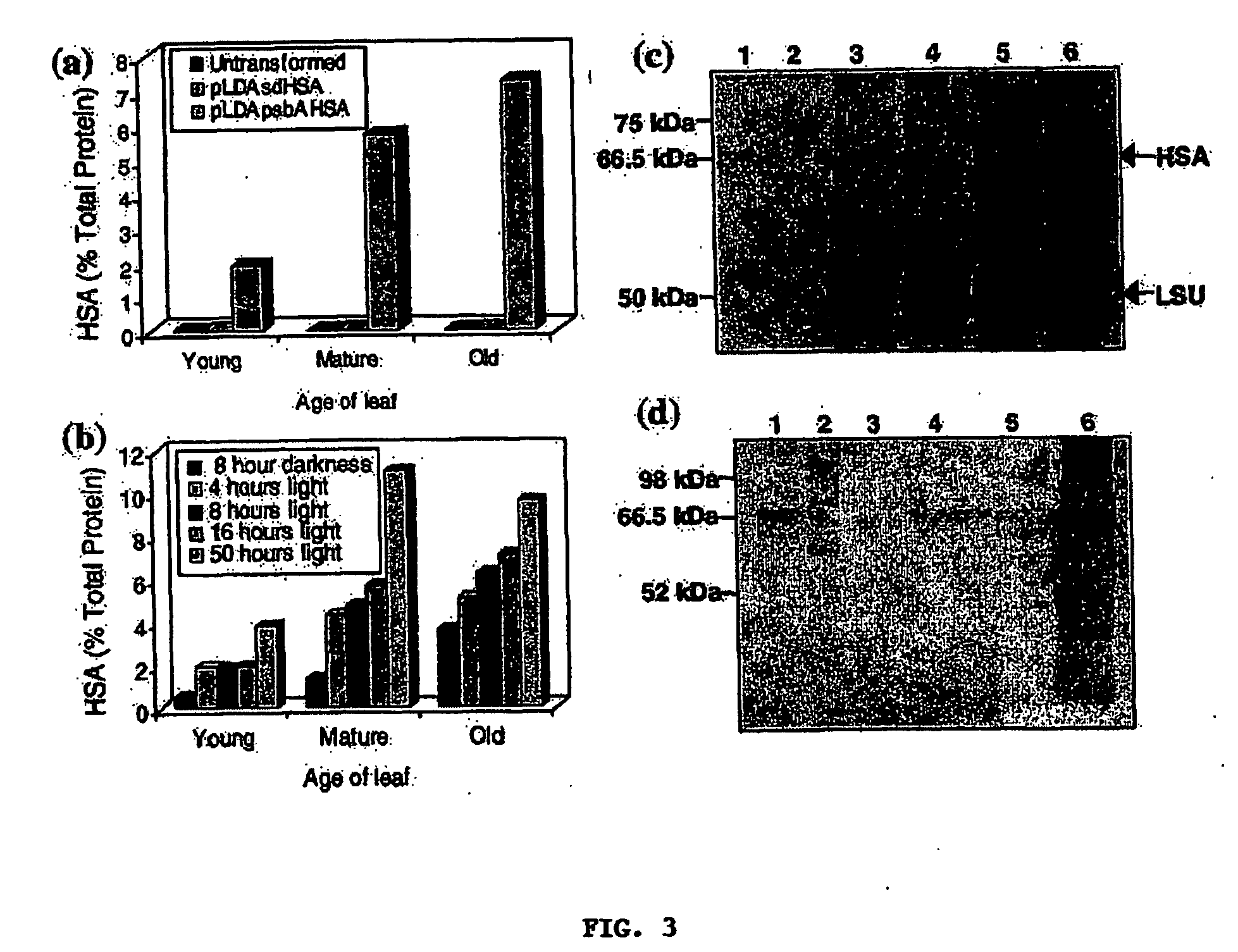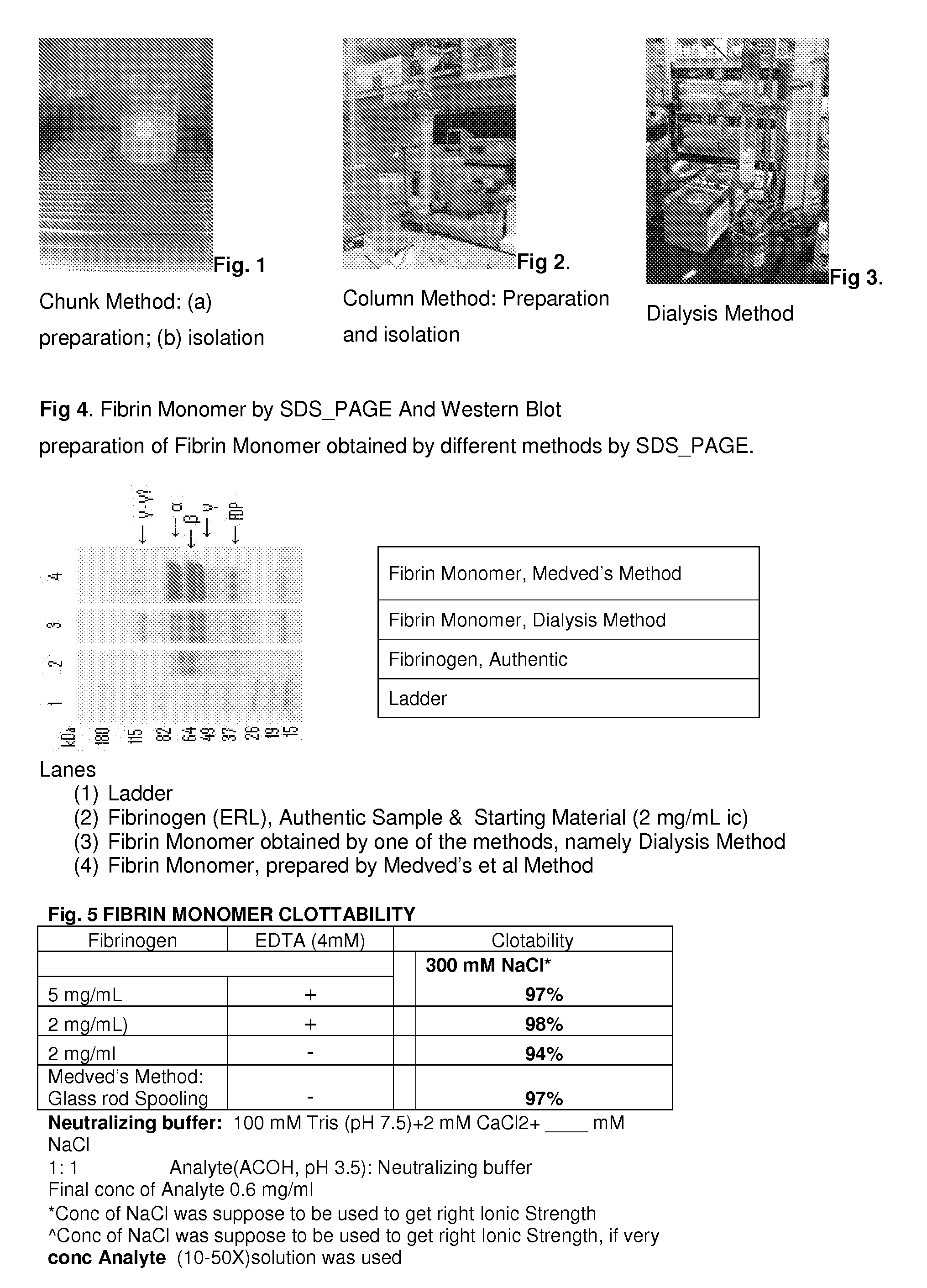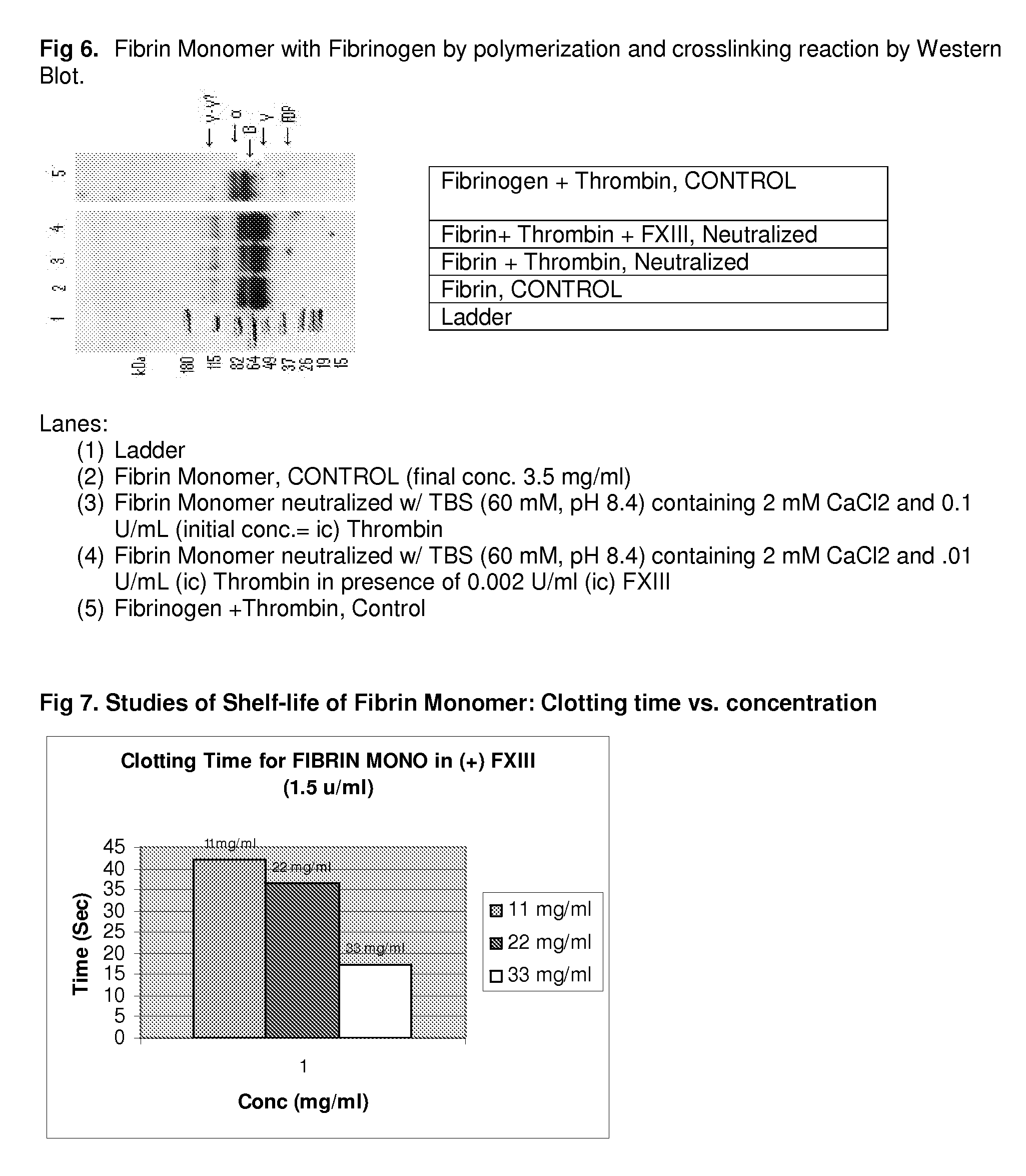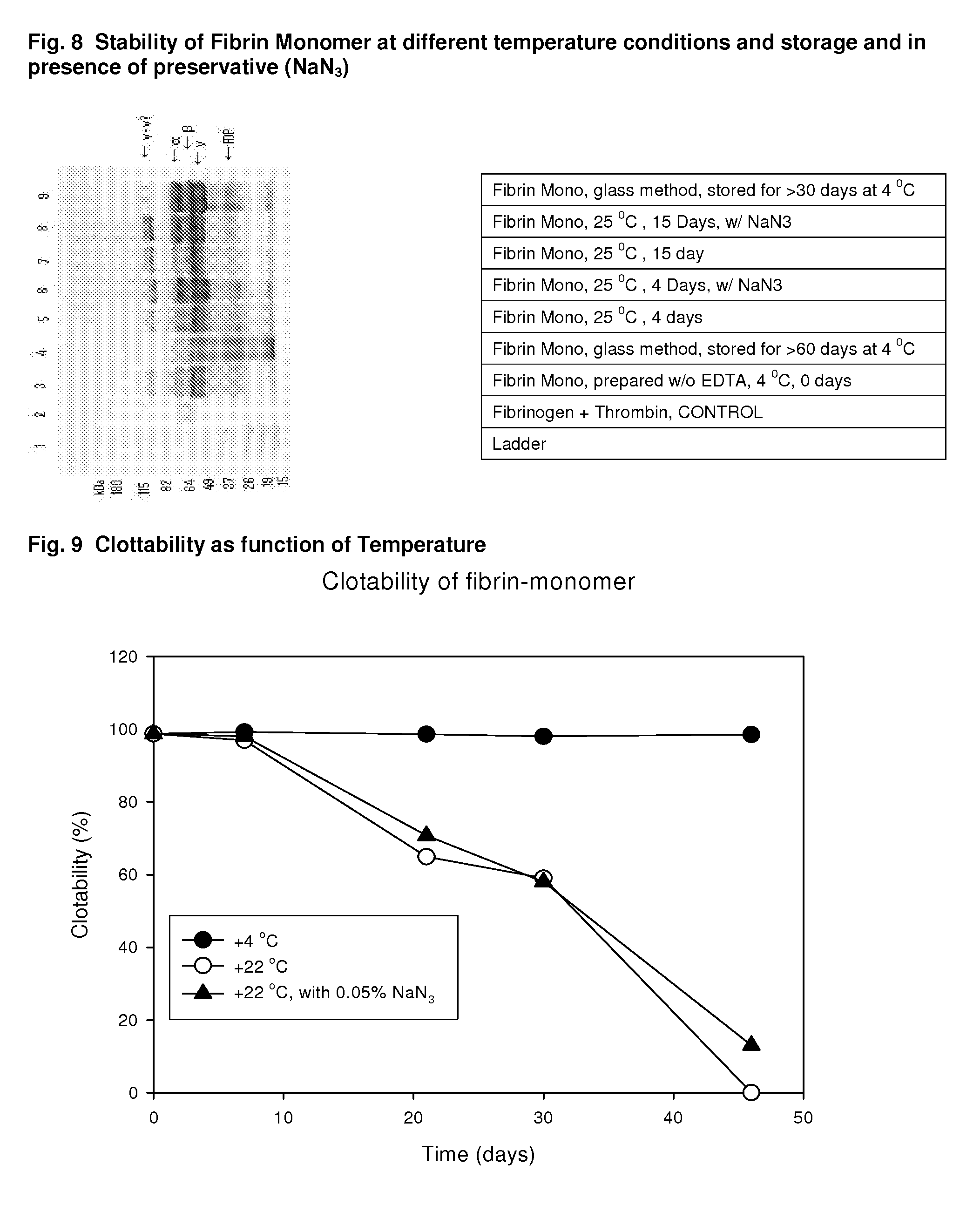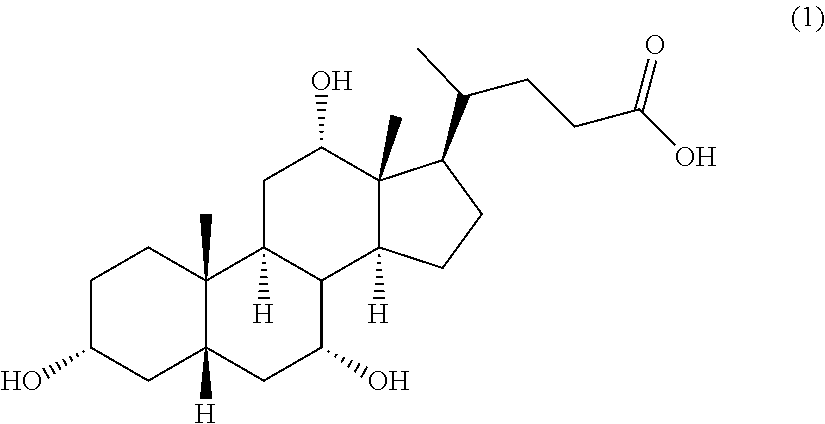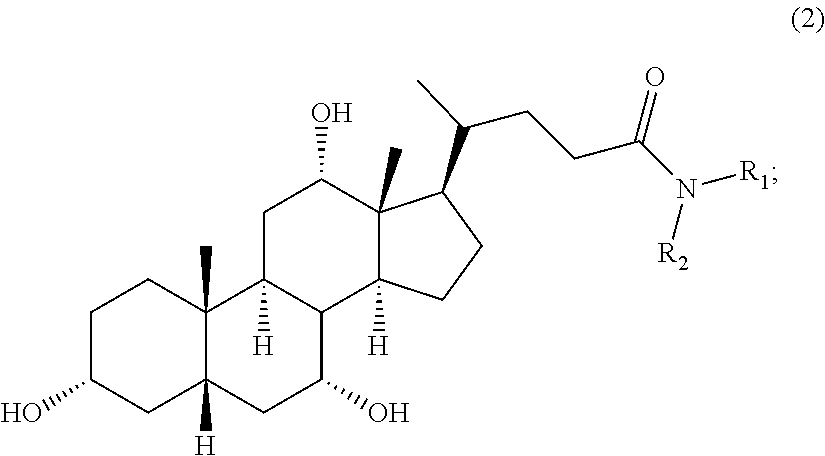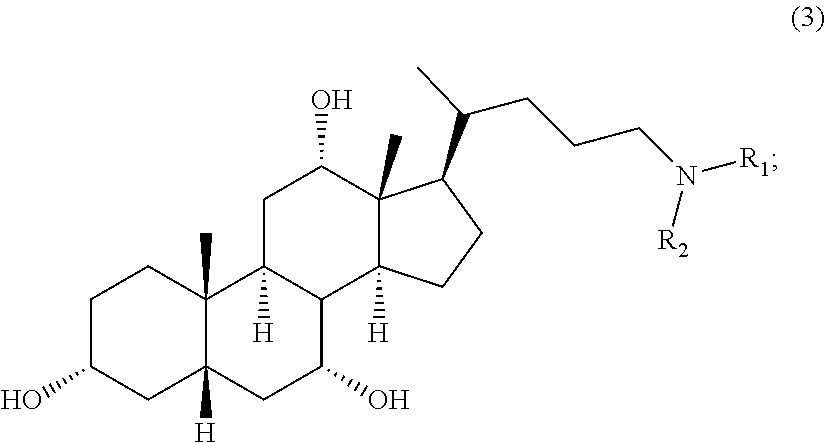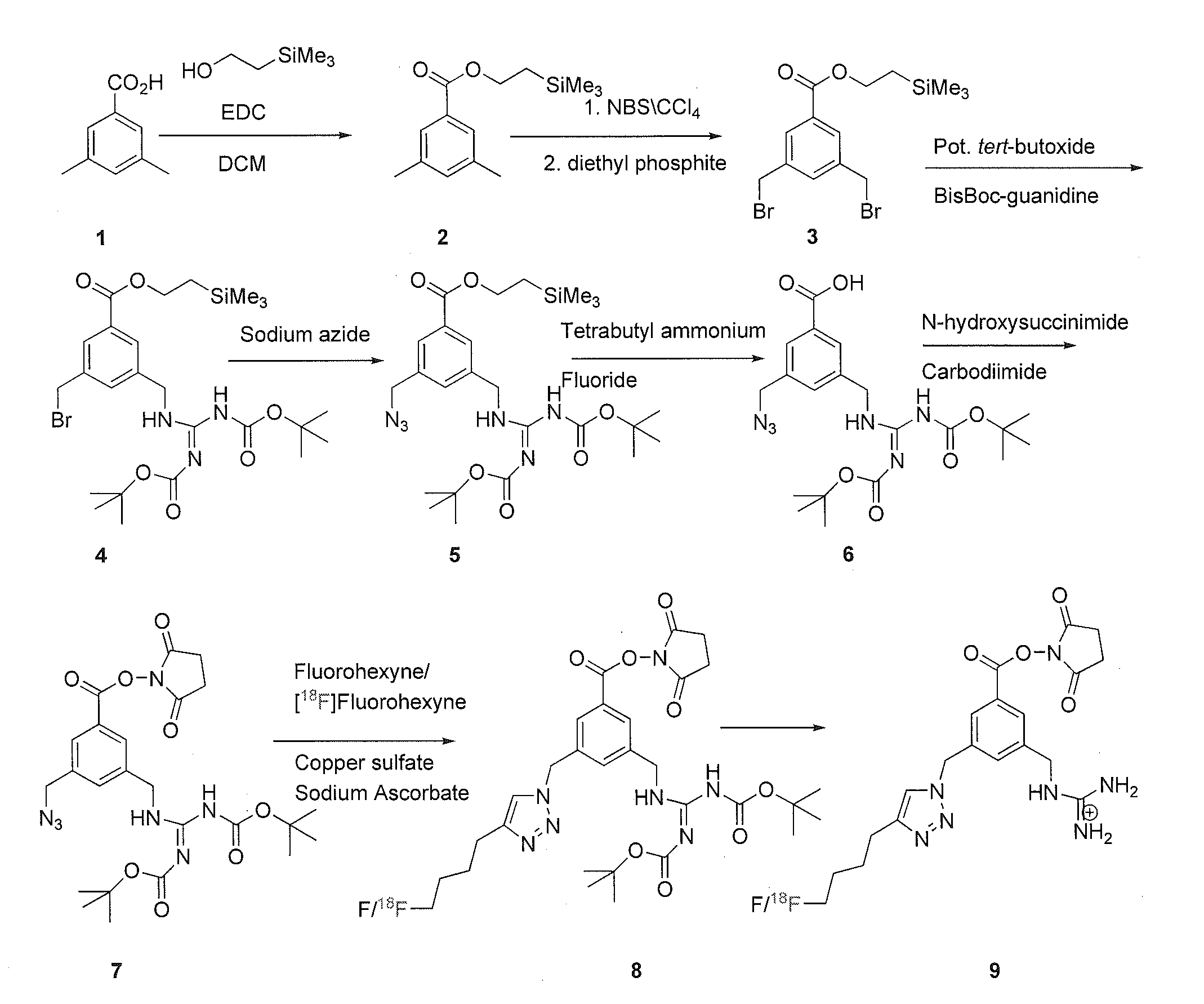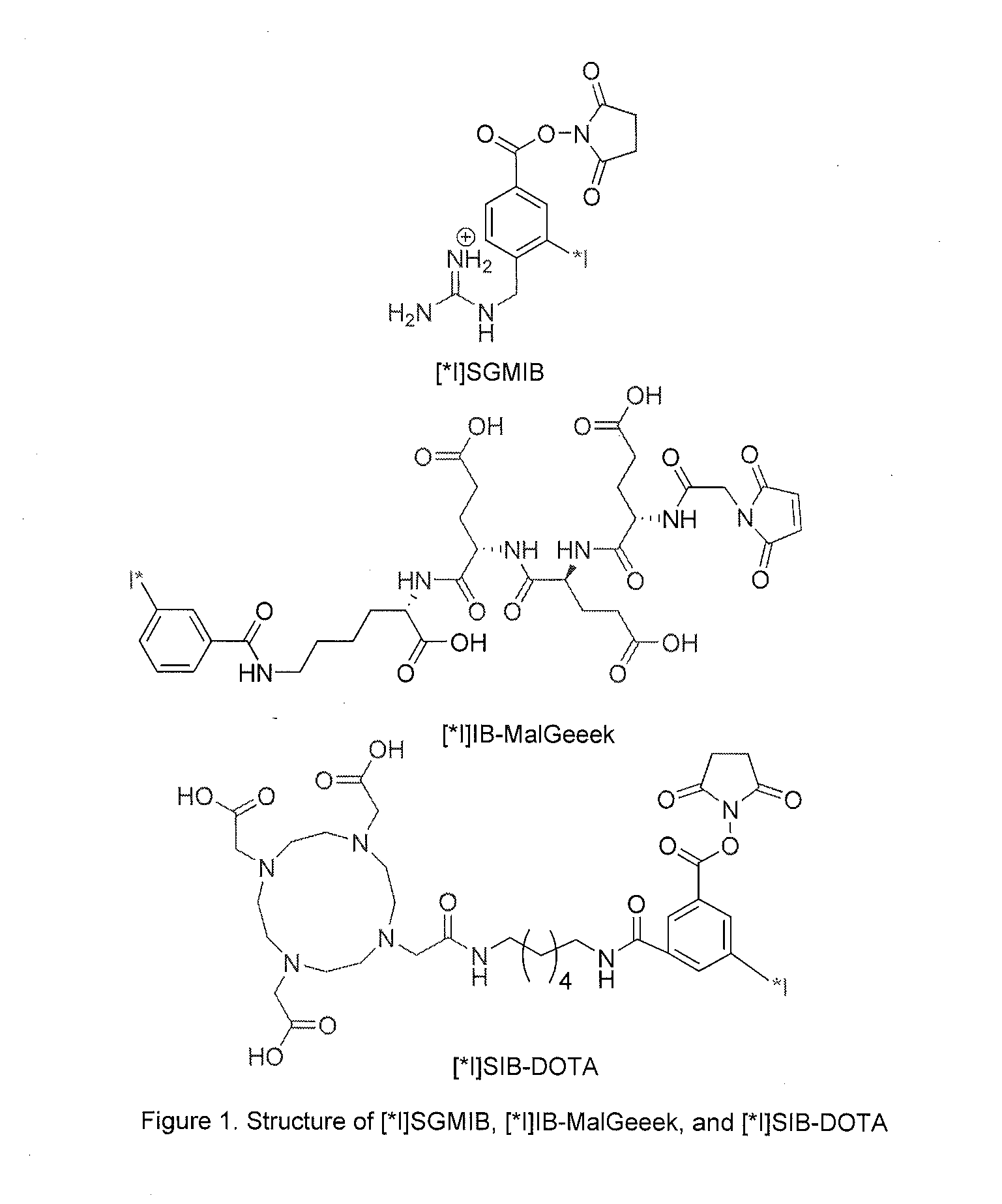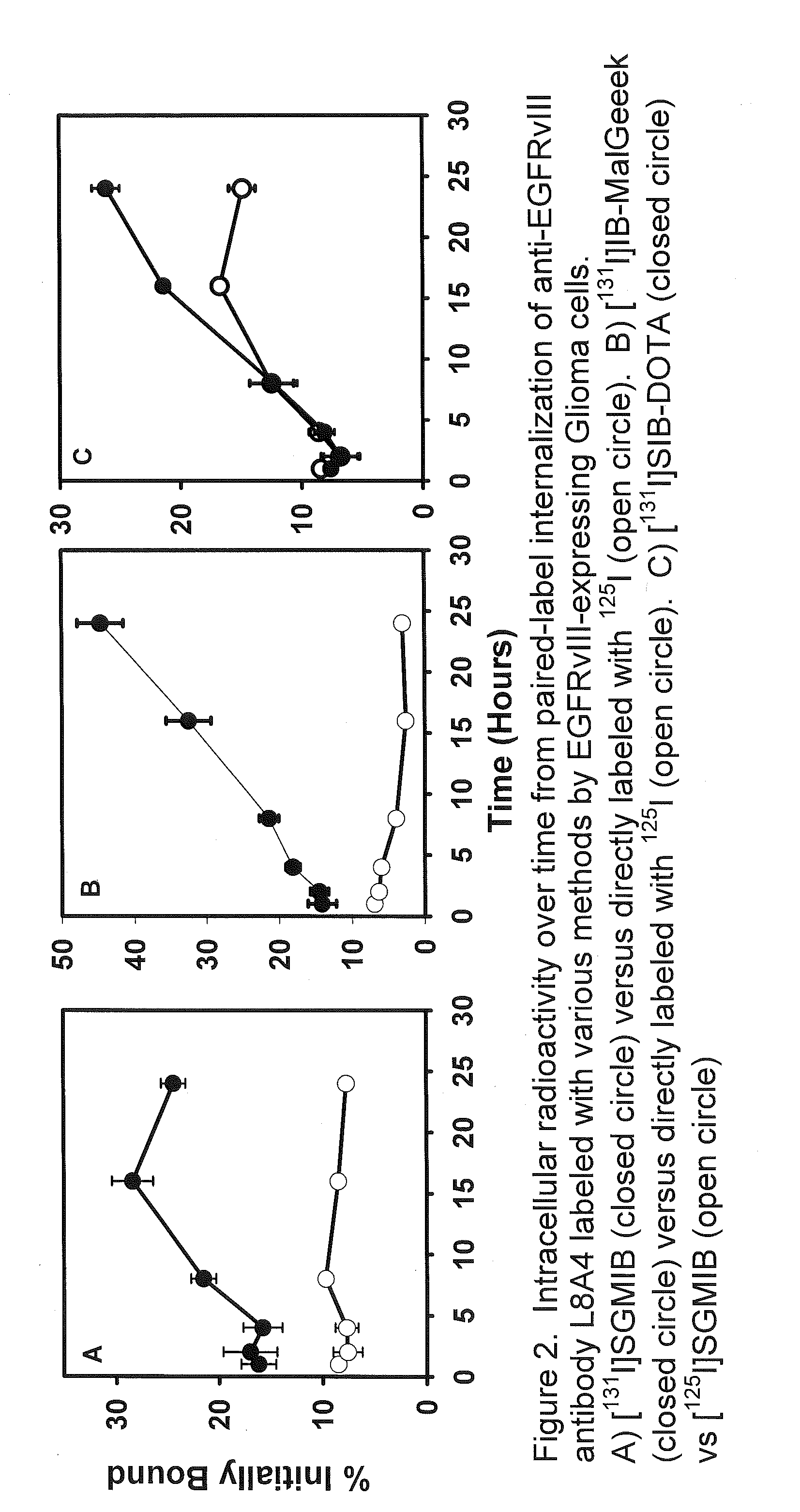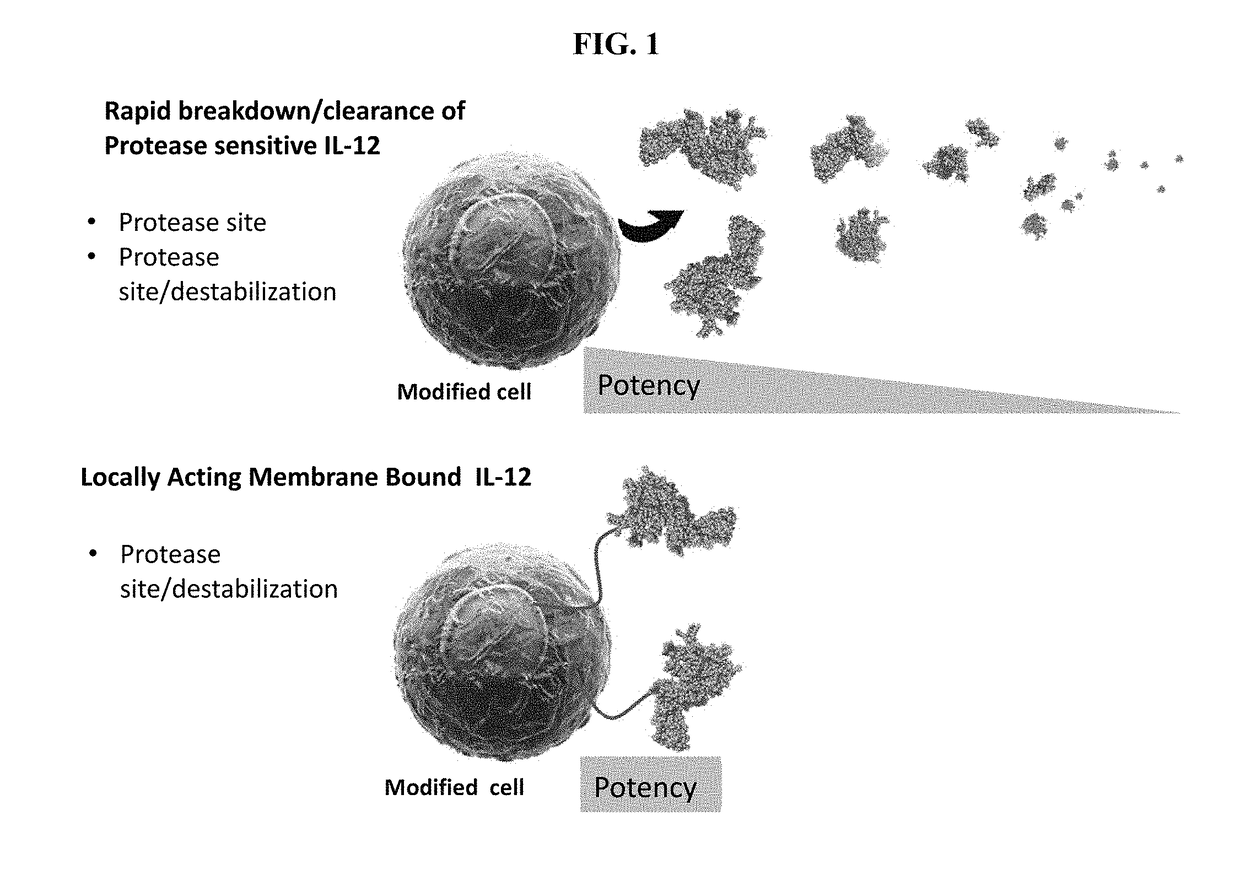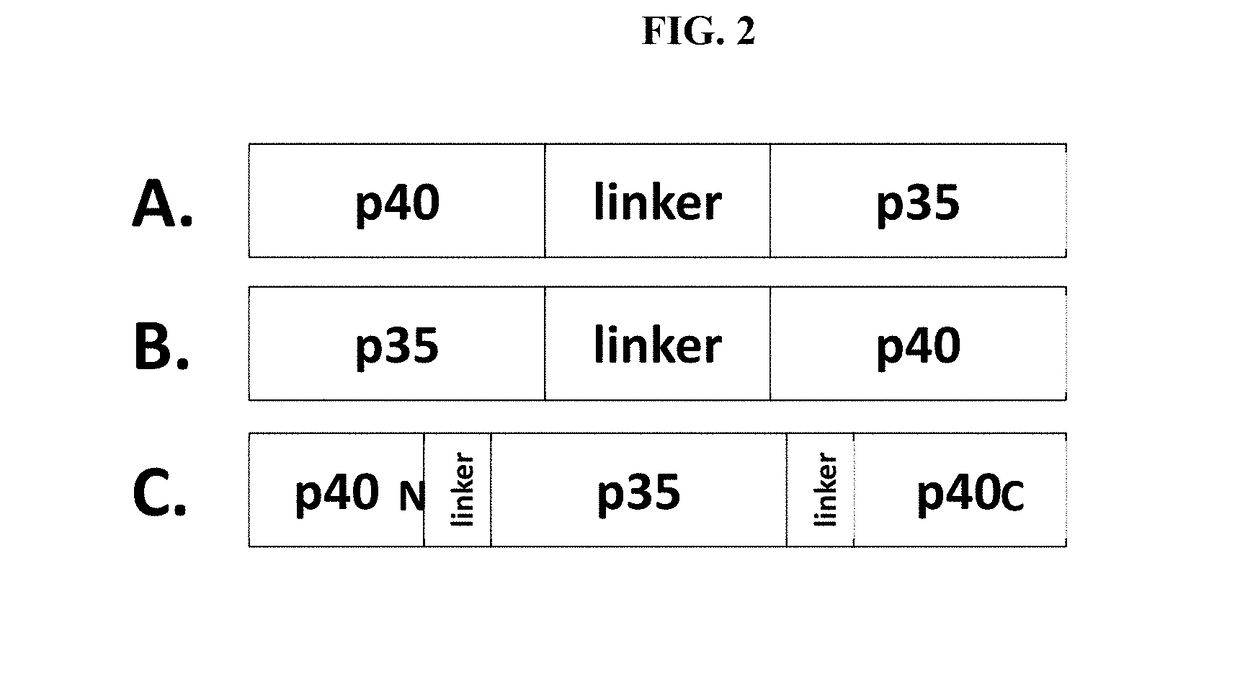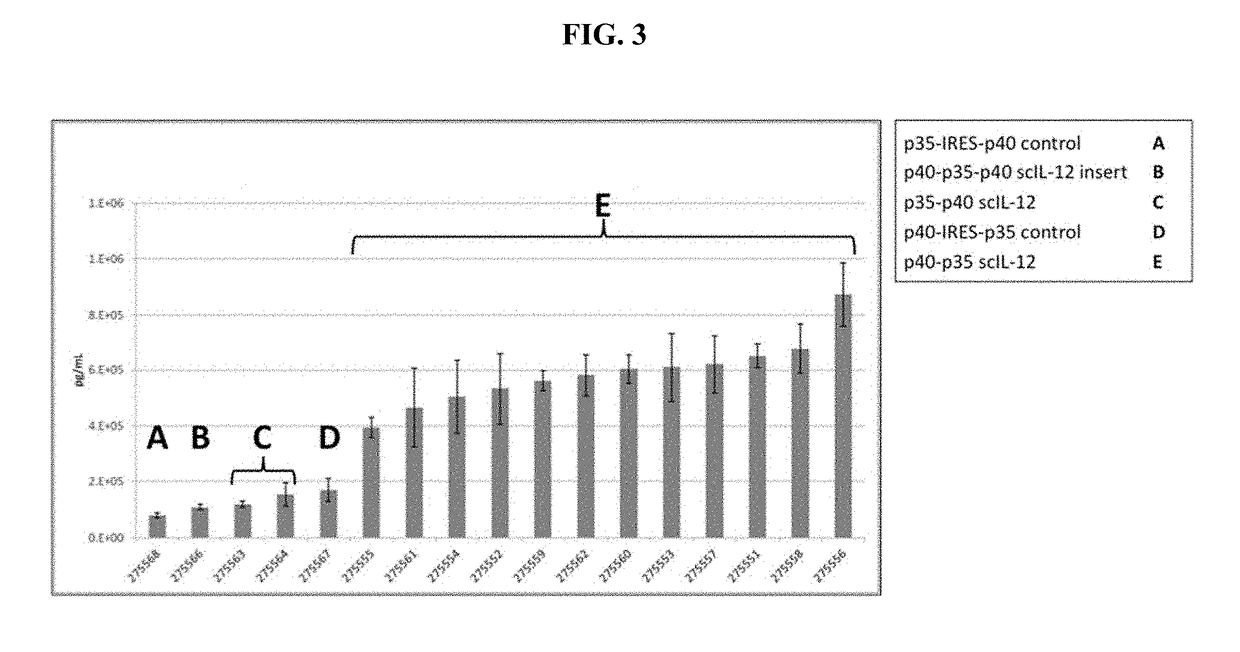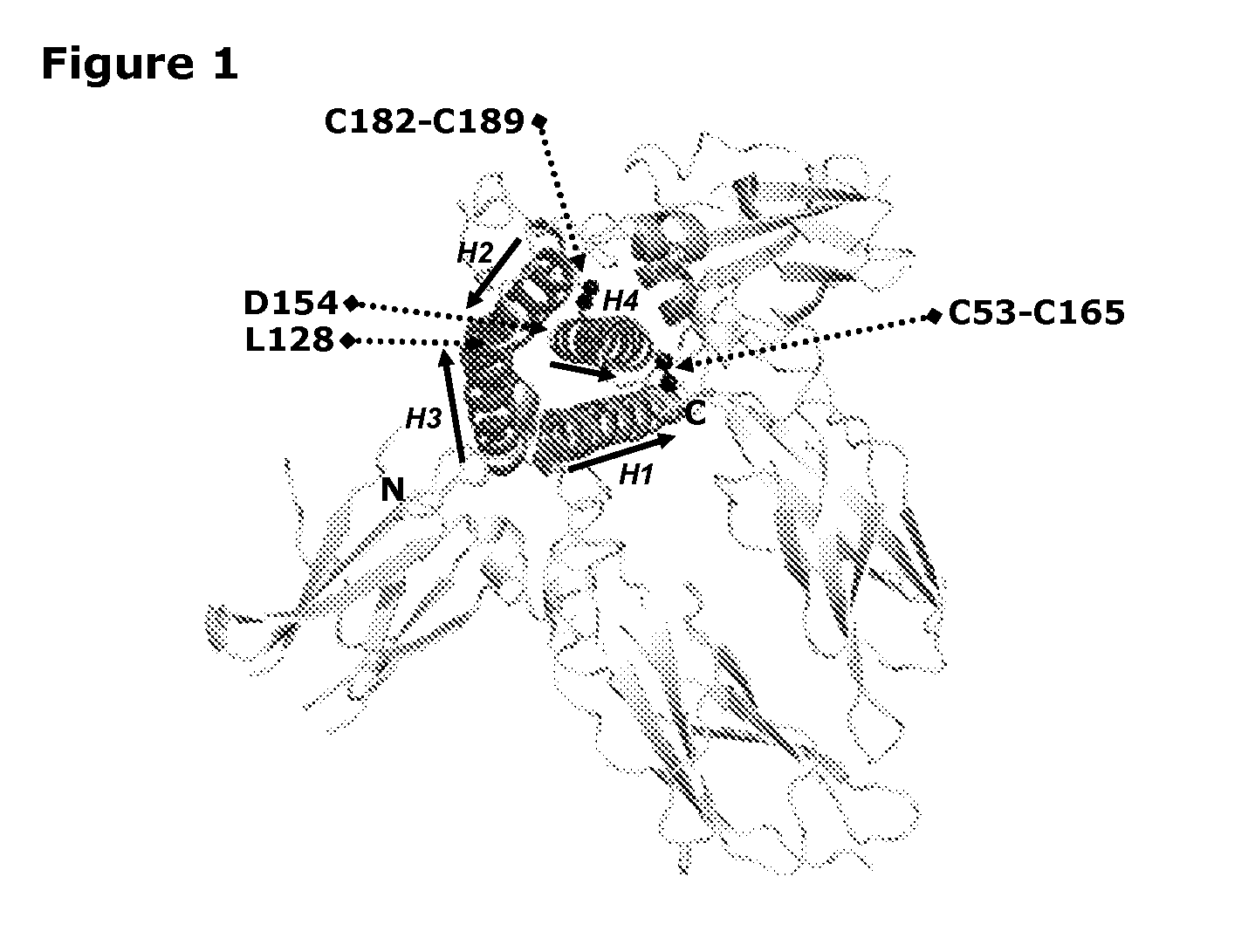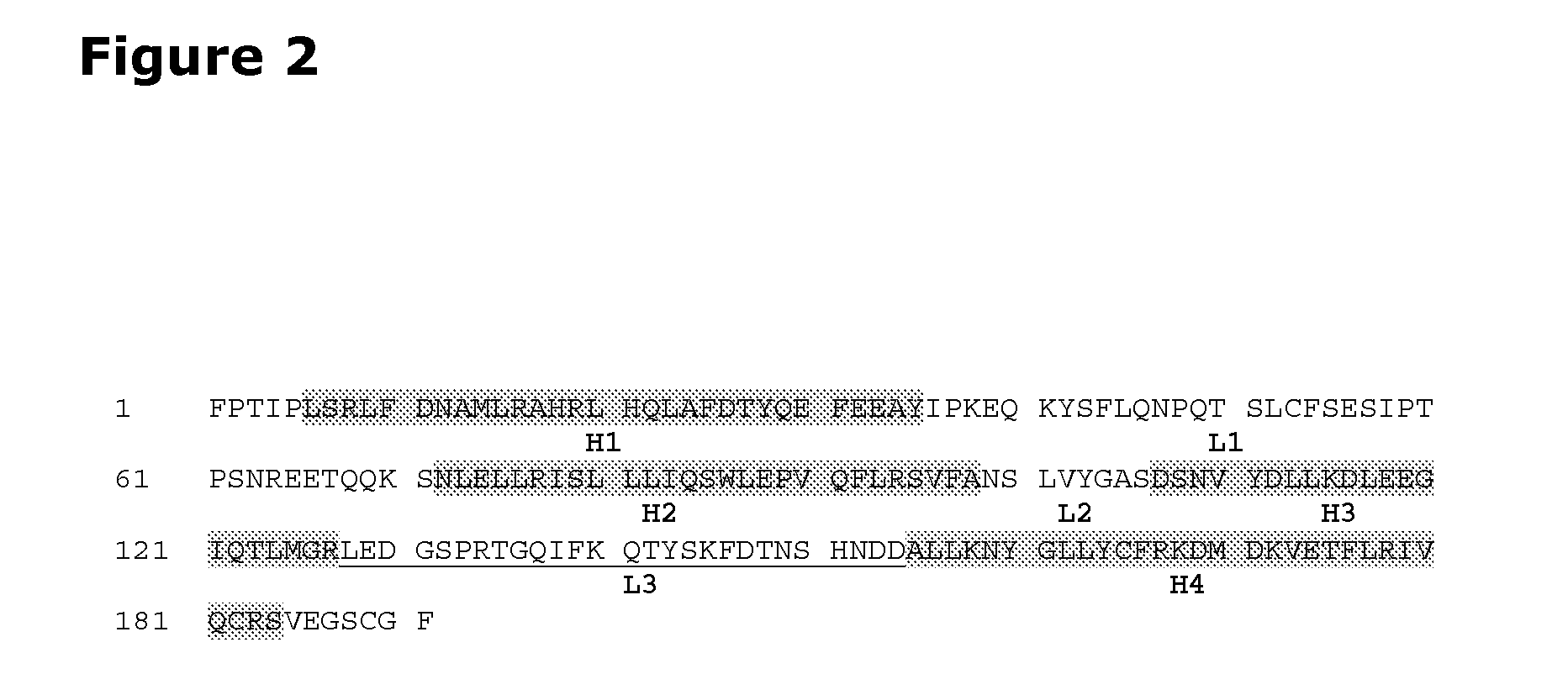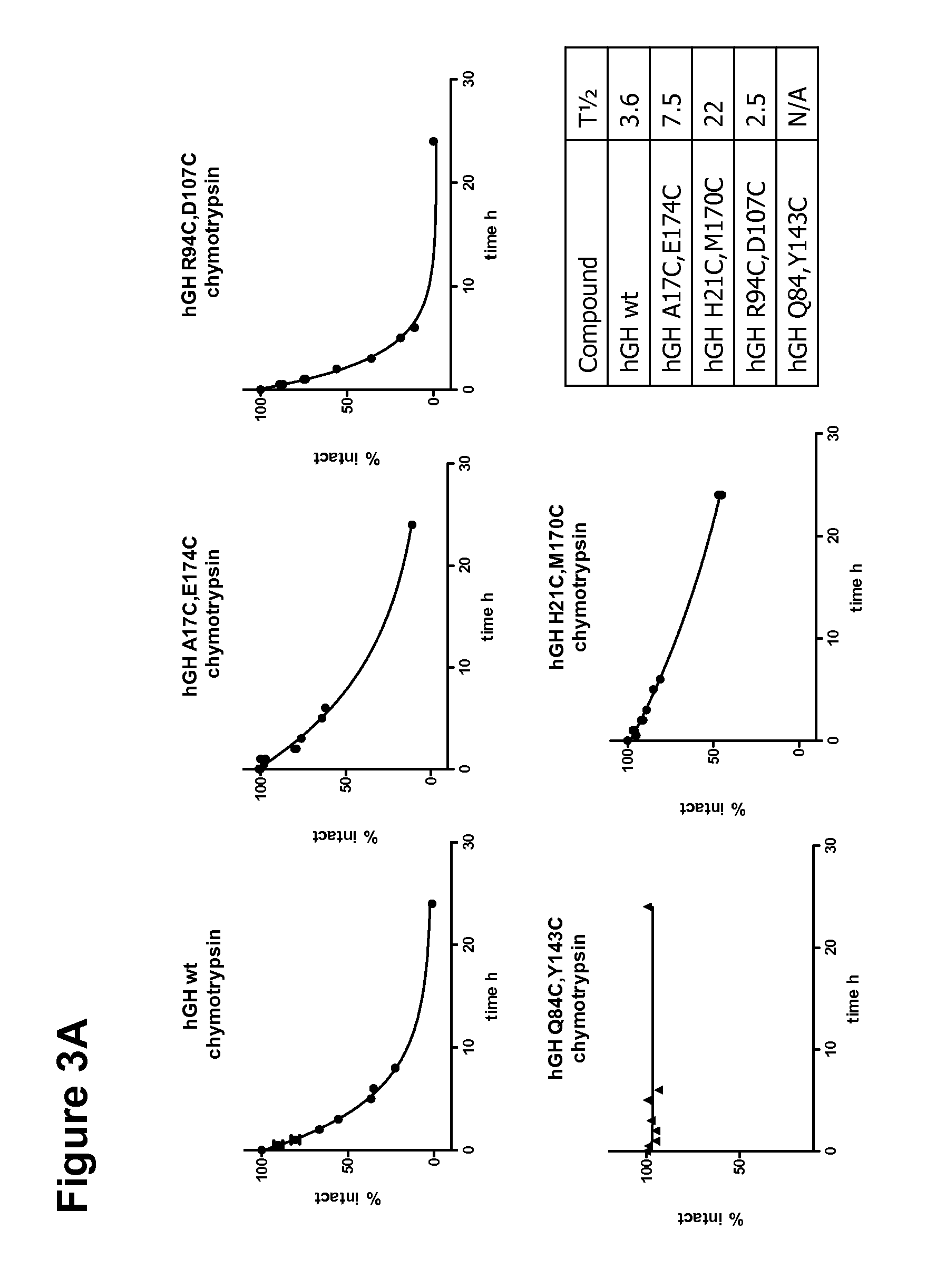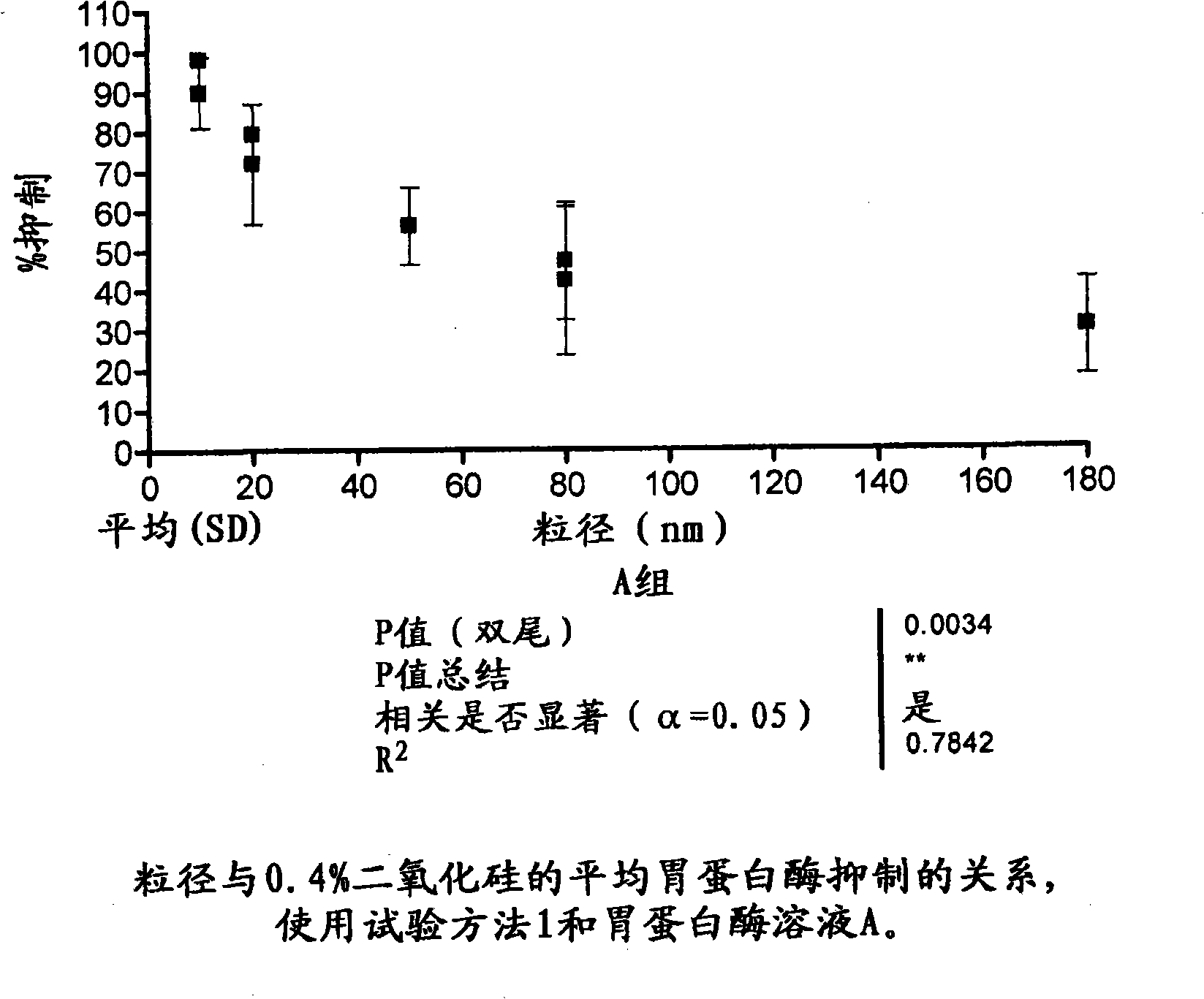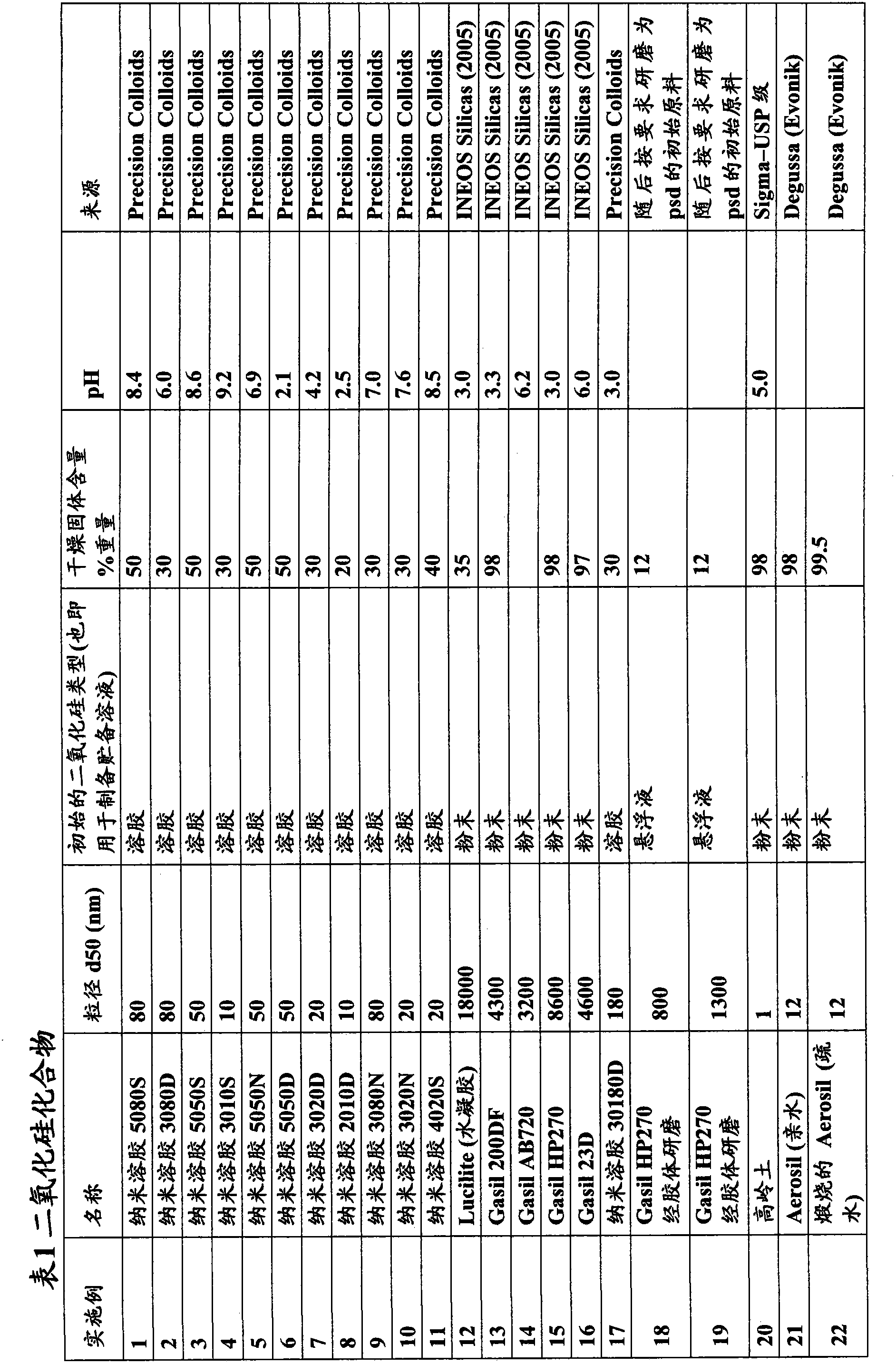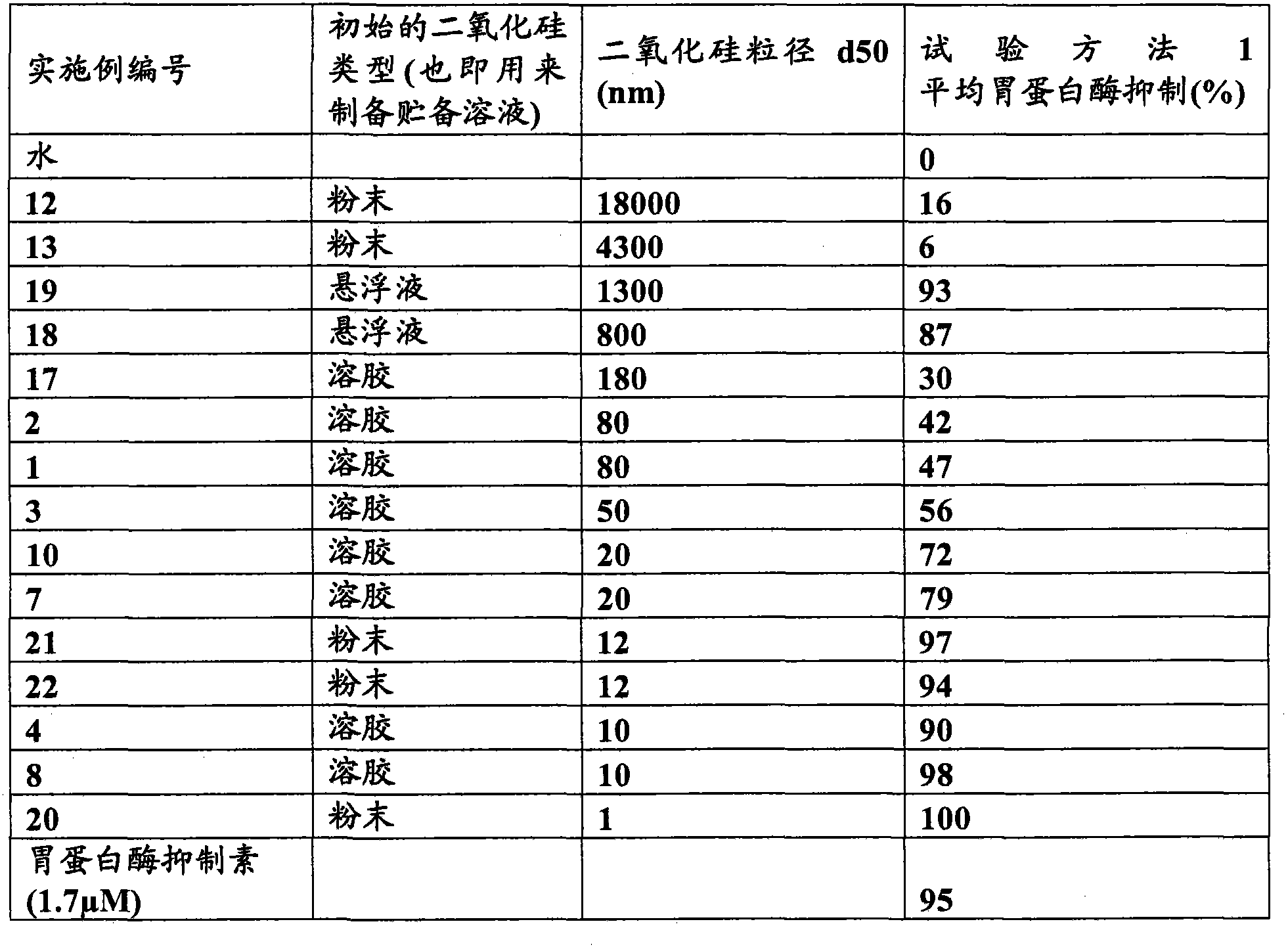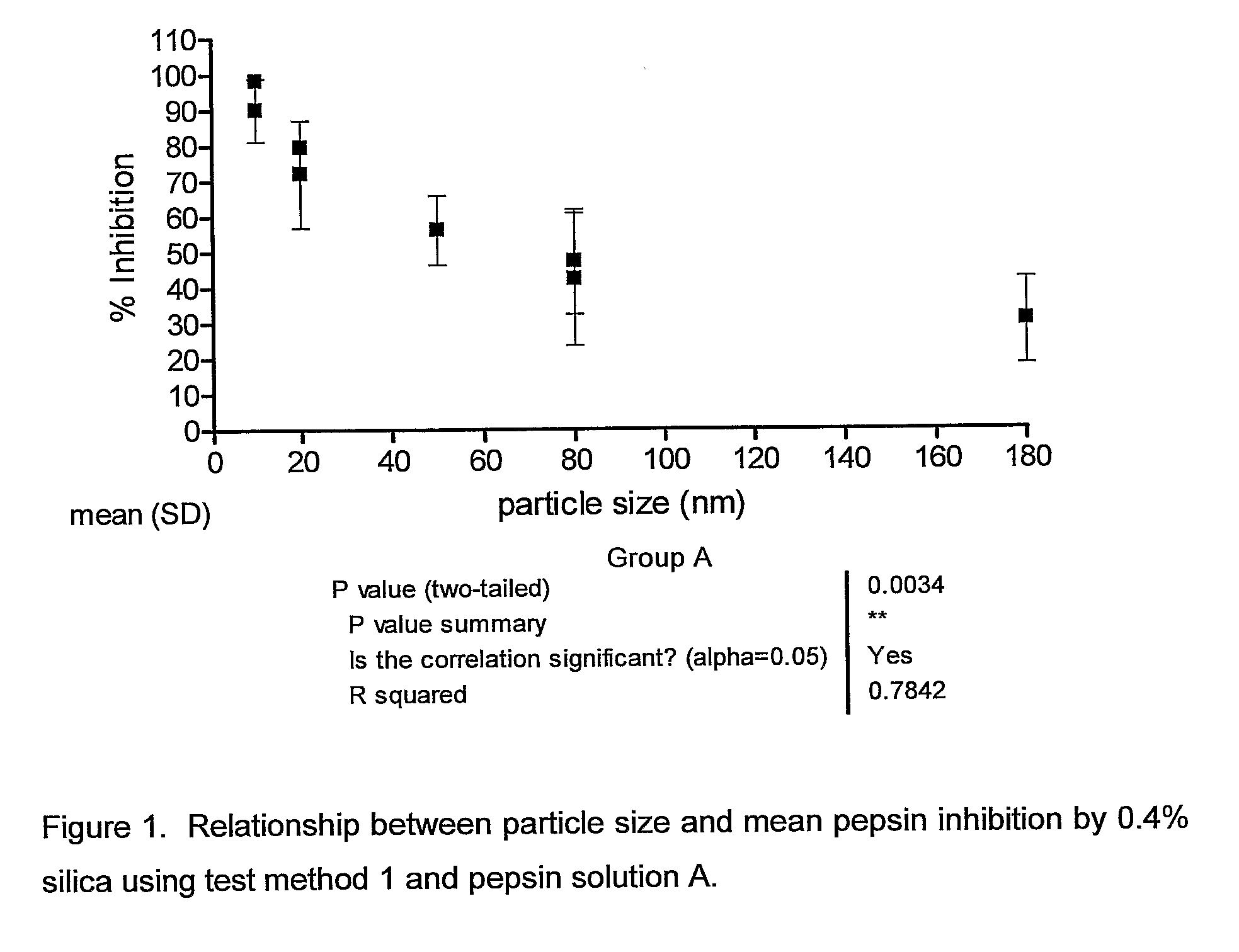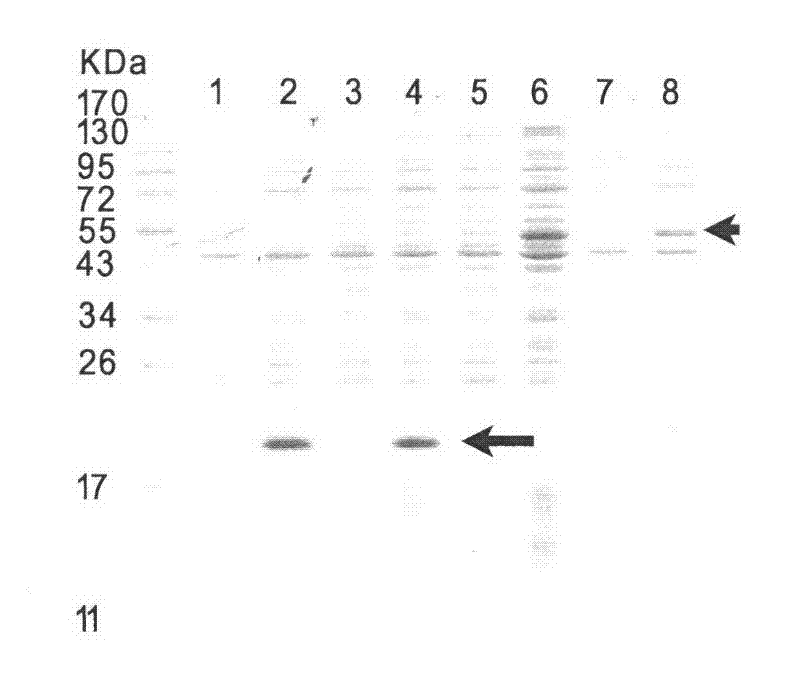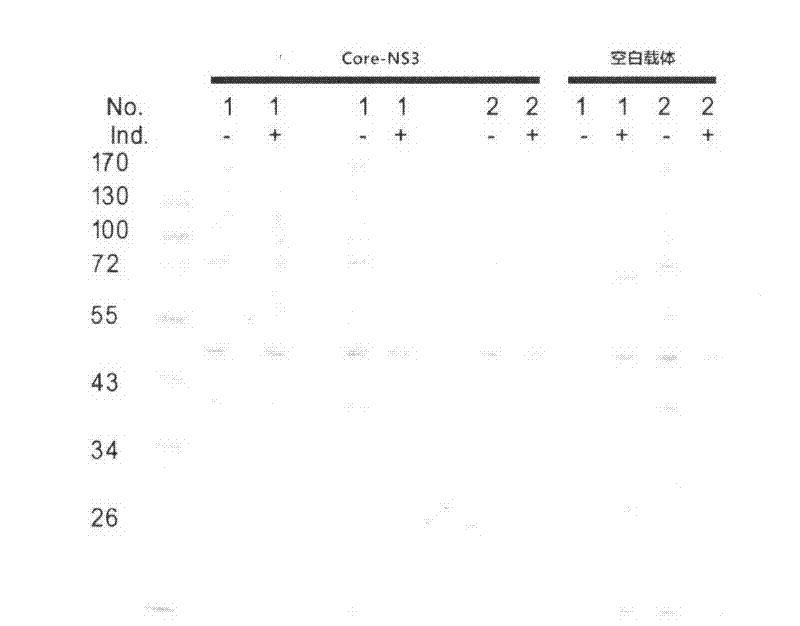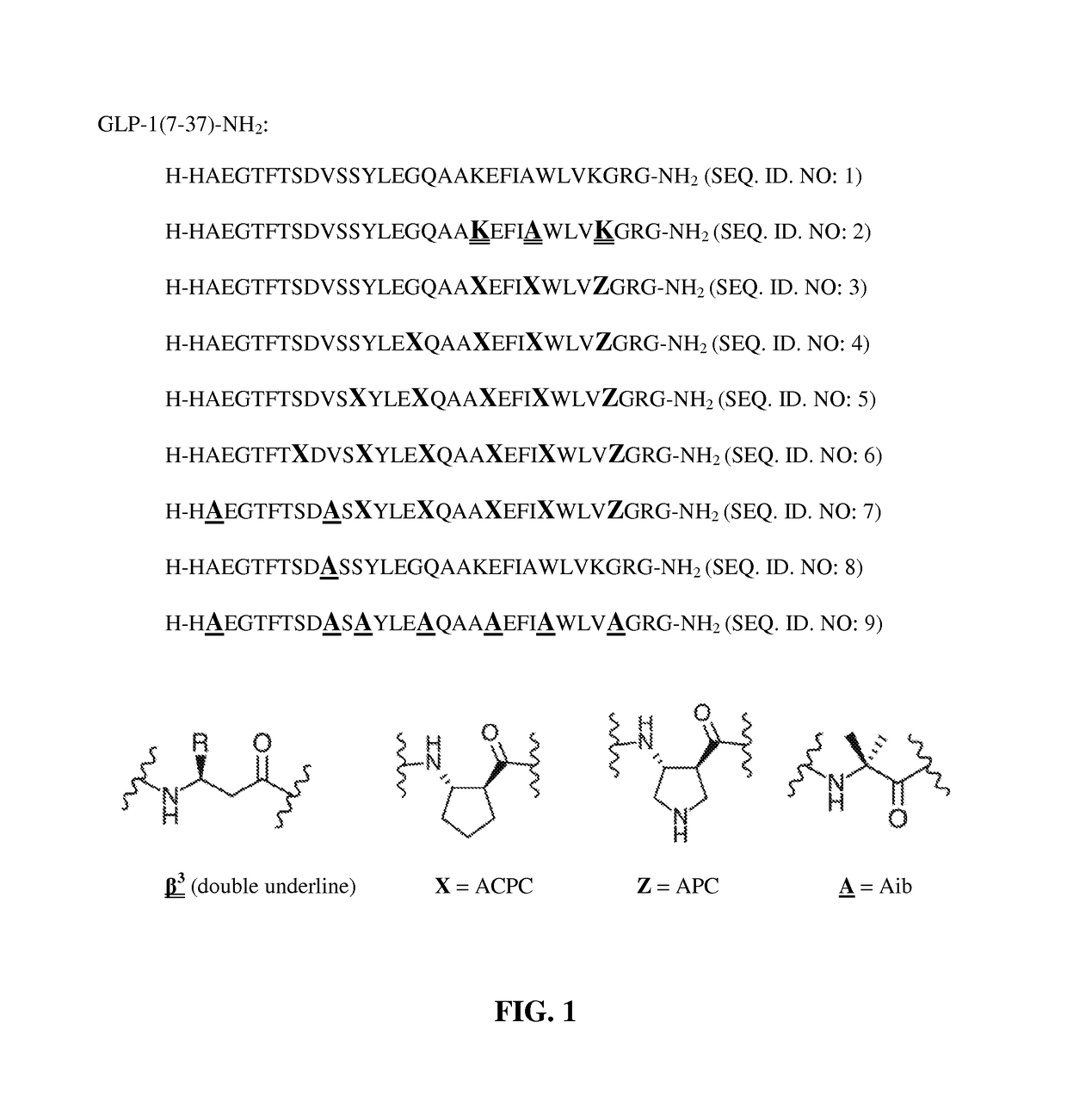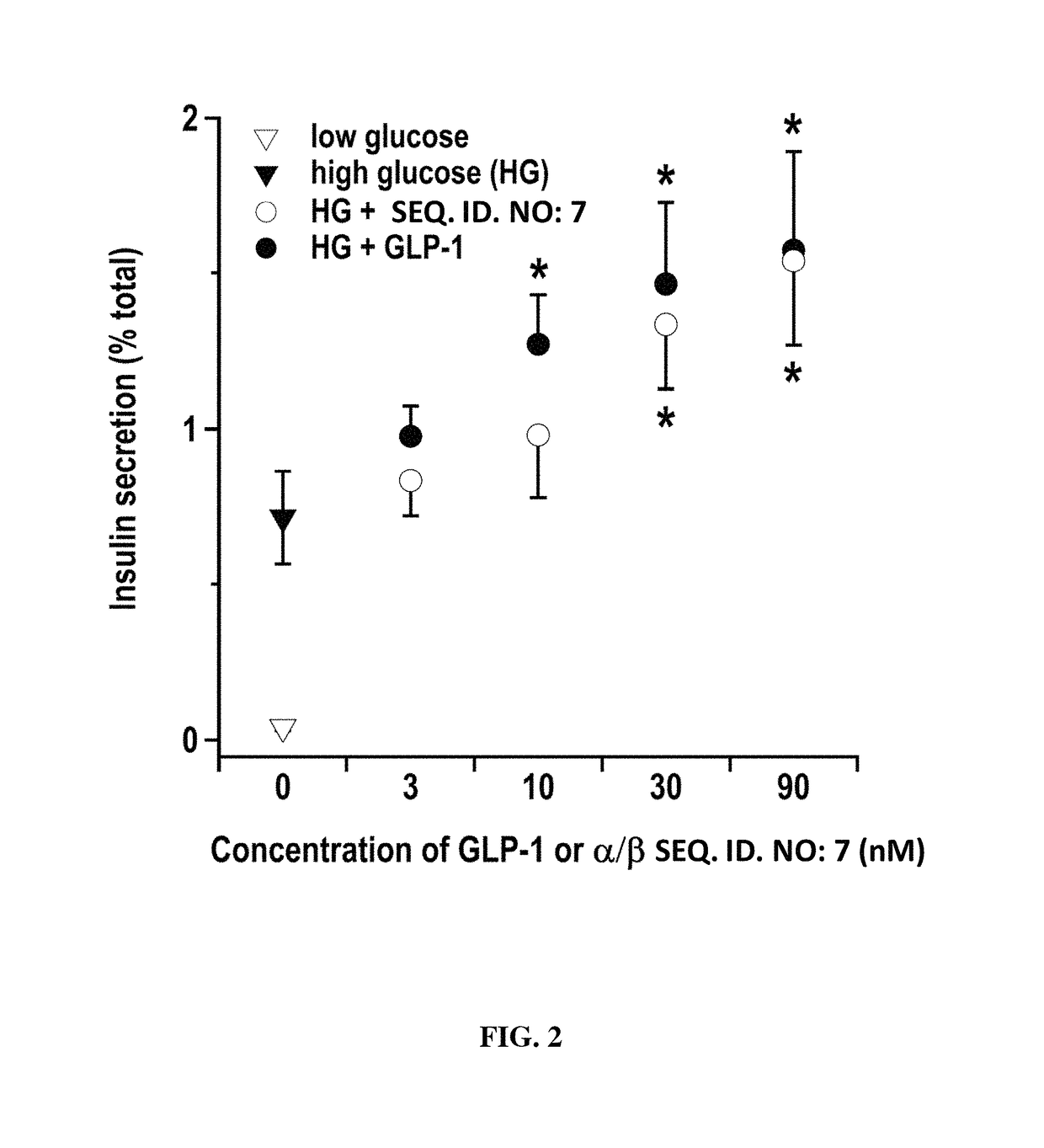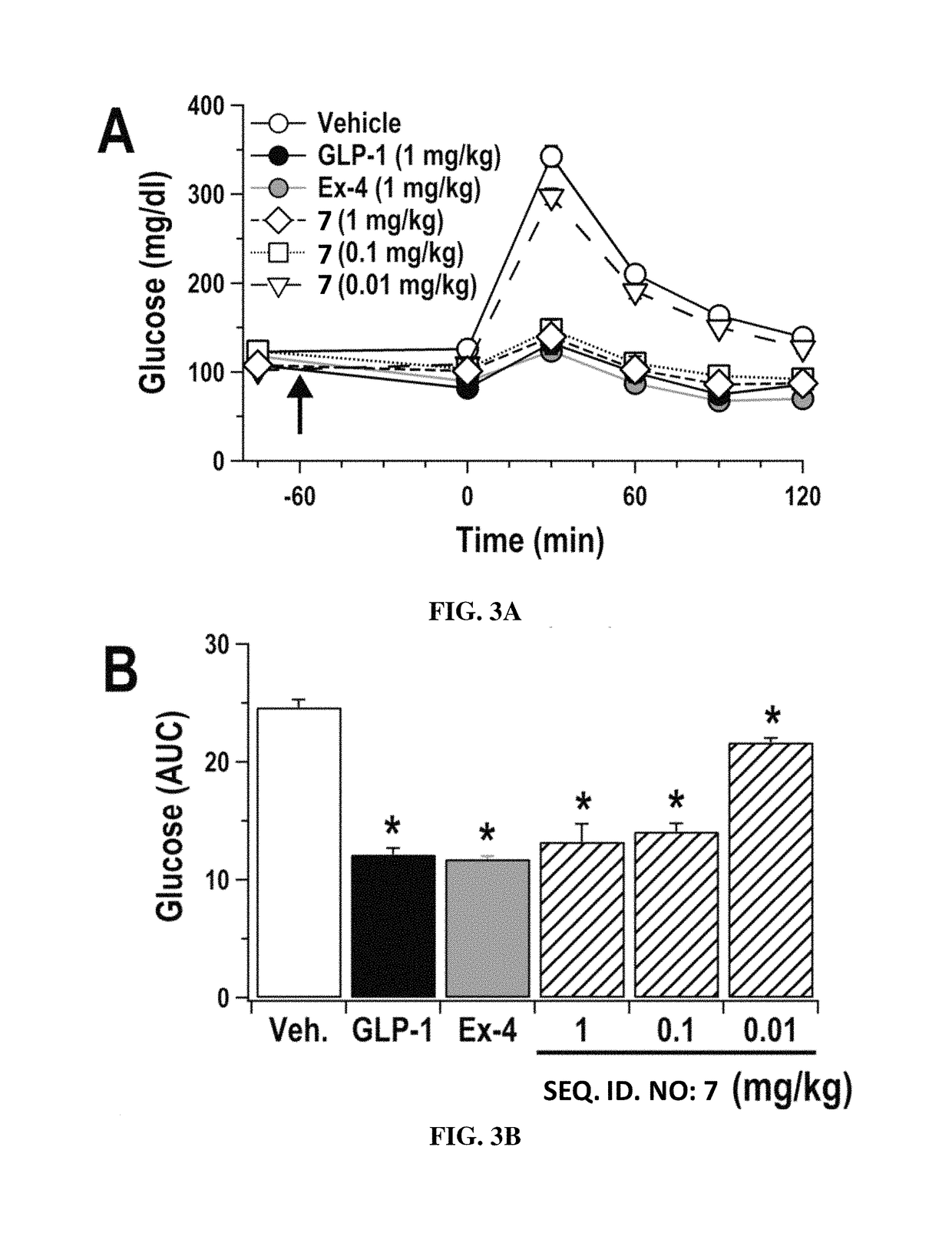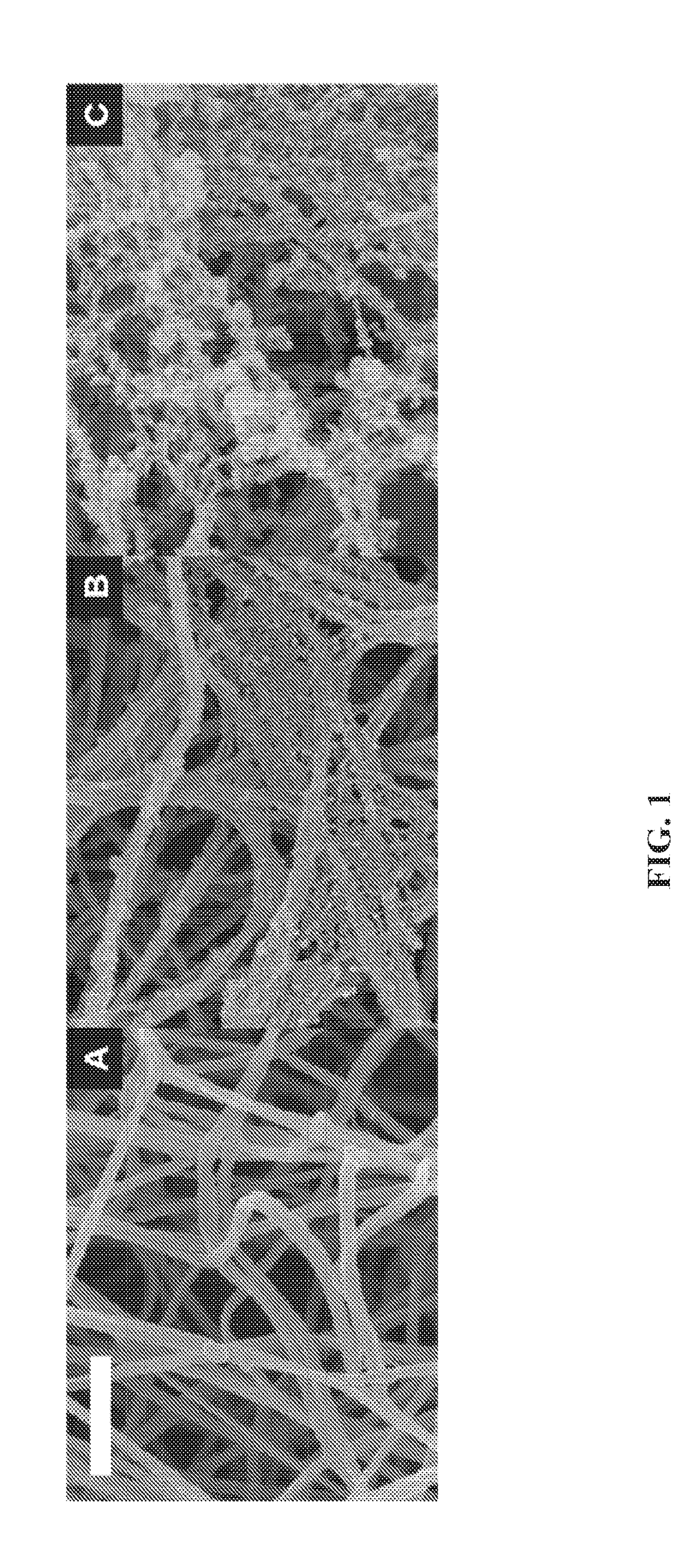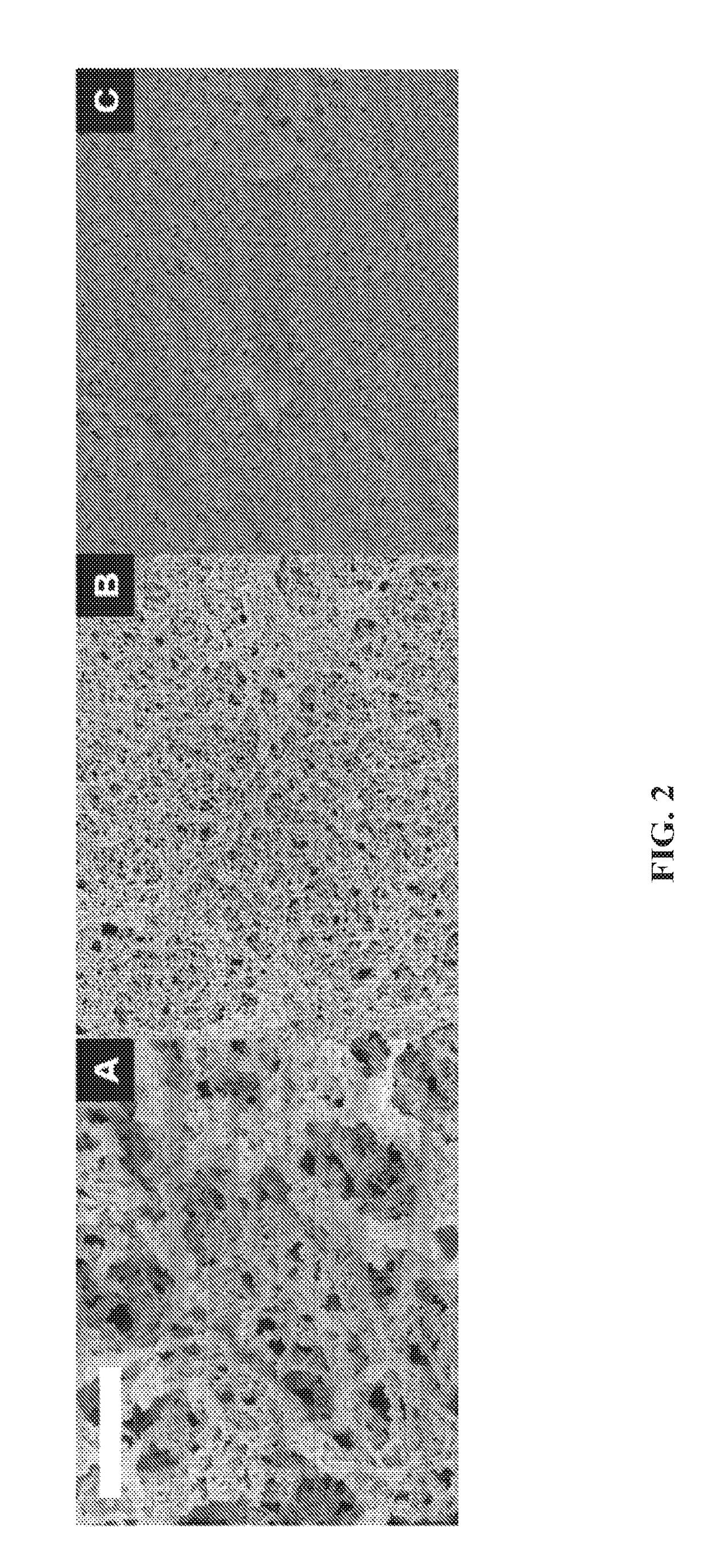Patents
Literature
64 results about "Proteolytic degradation" patented technology
Efficacy Topic
Property
Owner
Technical Advancement
Application Domain
Technology Topic
Technology Field Word
Patent Country/Region
Patent Type
Patent Status
Application Year
Inventor
Proteolytic Degradation. Definition. Proteolytic degradation designates the hydrolysis of one or more peptide bonds of a protein by the action of proteases. Proteolytic degradation is involved in many physiologic operations, e.g. apoptosis, cell signalling, protein maturation or turnover.
Genes encoding plant protease-resistant pesticidal proteins and method of their use
InactiveUS7462760B2High expressionImprove the immunitySugar derivativesClimate change adaptationProteinase activityPlant cell
Compositions and methods for protecting a plant from an insect pest are provided. The invention provides mutagenized nucleic acids that have been engineered to encode pesticidal polypeptides having increased resistance to proteolytic degradation by a plant protease. In particular, nucleic acid sequences encoding pesticidal polypeptides modified to comprise a proteolytic protection site that confers resistance to degradation or proteolytic inactivation by a plant protease are provided. Particular embodiments of the invention provide expression cassettes and transformed plants, plant cells, and seeds. These compositions find use in methods for protecting a plant from a pest.
Owner:EI DU PONT DE NEMOURS & CO
Muteins of fibroblast growth factor 21
ActiveUS7622445B2Reduce sensitivityReduced O-glycosylationPeptide/protein ingredientsMetabolism disorderMutated proteinNucleic acid sequence
The present invention relates to novel muteins of human fibroblast growth factor-21 with reduced susceptibility for proteolytic degradation when expressed in yeast. Both protein and the respective encoding nucleic acid species are disclosed. The invention also embodies vectors and host cells for the propagation of said nucleic acid sequences and the production of said muteins. Also disclosed are methods for treating type 2 diabetes, obesity, or metabolic syndrome.
Owner:ELI LILLY & CO
Modifications of peptide compositions to increase stability and delivery efficiency
ActiveUS8067532B2Increased stability and potencyReduce probabilityPeptide/protein ingredientsTransferasesPhysical stabilityDisulfide bond
The disclosed invention relates to methods of modifying peptide compositions to increase stability and delivery efficiency. Specifically, the disclosed invention relates to methods to increase the stability and delivery efficiency of protein kinase C (PKC) modulatory peptide compositions. A “therapeutic peptide composition” comprises a “carrier peptide” and a “cargo peptide.” A “carrier peptide” is a peptide or amino acid sequence within a peptide that facilitates the cellular uptake of the therapeutic peptide composition. The “cargo peptide” is a PKC modulatory peptide. Peptide modifications to either the carrier peptide, the cargo peptide, or both, which are described herein increase the stability and delivery efficiency of therapeutic peptide compositions by reducing disulfide bond exchange, physical stability, reducing proteolytic degradation, and increasing efficiency of cellular uptake.
Owner:KAI PHARMA
Muteins OF Fibroblast Growth Factor 21
ActiveUS20070299007A1Reduced O-glycosylationImprove drug stabilityPeptide/protein ingredientsMetabolism disorderYeastNucleic acid sequencing
The present invention relates to novel muteins of human fibroblast growth factor-21 with reduced susceptibility for proteolytic degradation when expressed in yeast. Both protein and the respective encoding nucleic acid species are disclosed. The invention also embodies vectors and host cells for the propagation of said nucleic acid sequences and the production of said muteins. Also disclosed are methods for treating type 2 diabetes, obesity, or metabolic syndrome. X-16816
Owner:ELI LILLY & CO
HIV vaccine based on targeting maximized gag and nef to dendritic cells
ActiveUS20100135994A1Improve efficiencyIncrease flexibilityBiocidePeptide/protein ingredientsCyclin D1Dendritic cell
The present invention includes compositions and methods for making and using a vaccine that includes a DC-specific antibody or fragment thereof to which an engineered Gag antigen is attached to form an antibody-antigen complex, wherein the Gag antigen is less susceptible to proteolytic degradation by eliminating one or more proteolytic sites or a DC-specific antibody or fragment thereof to which an engineered Nef antigen is attached to form an antibody-antigen complex, wherein the Nef antigen comprises one or more codon usage optimization that increase antibody-antigen complex secretion, or both, wherein the vaccine is able to elicit an HIV-specific T cell immune response to Gag p17, Gag p24, Nef and / or Cyclin D1.
Owner:BAYLOR RES INST
Compounds with growth hormone releasing properties
InactiveUS6274584B1Promote growthIncrease ratingsPowder deliveryBiocideMedical disorderBioavailability
Novel peptide derivatives, compositions containing them, and their use for treating medical disorders resulting from a deficiency in growth hormone are disclosed. The peptides have the formula (1):wherein a, b, A, R1, L1, D, R3, R4, R2, L2, E and G are as defined in the specification. These peptides exhibit improved resistance to proteolytic degradation, and hence, improved bioavailability.
Owner:HELSINN THERAPEUTICS (US) INC
Methods and devices for the treatment of intervertebral discs
Owner:WARSAW ORTHOPEDIC INC
Dendritic cell-specific antibody conjugate comprising anti-CD40 monoclonal antibodies conjugated to HIV-1 Gag/Nef
ActiveUS9109011B2Improve efficiencyIncrease flexibilityBiocidePeptide/protein ingredientsCyclin D1Dendritic cell
The present invention includes compositions and methods for making and using a vaccine that includes a DC-specific antibody or fragment thereof to which an engineered Gag antigen is attached to form an antibody-antigen complex, wherein the Gag antigen is less susceptible to proteolytic degradation by eliminating one or more proteolytic sites or a DC-specific antibody or fragment thereof to which an engineered Nef antigen is attached to form an antibody-antigen complex, wherein the Nef antigen comprises one or more codon usage optimization that increase antibody-antigen complex secretion, or both, wherein the vaccine is able to elicit an HIV-specific T cell immune response to Gag p17, Gag p24, Nef and / or Cyclin D1.
Owner:BAYLOR RES INST
Method to produce fibrin monomer in acid media for use as tissue sealant
InactiveUS8367802B2Prevent re-bleedingReduce riskPeptide/protein ingredientsMammal material medical ingredientsFiberTissue sealant
A hemostatic agent designed for use in cases of non-compressible hemorrhage. It can be applied through a mixing needle and / or a spray injection method following abdominal, chest, extremities or other intracavitary severe trauma to promote hemostasis, or it can be used for laparoscopic procedures or other surgical procedures in which compression is not possible or recommended. Its crosslinking technology generates an adhesive three-dimensional polymeric network or scaffold that carries a fibrin sealant required for hemostasis. When mixed, it produces a foam that spreads throughout a body cavity reaching the lacerated tissue to seal tissue and promote the coagulation cascade. The fibrin components are produced by a novel dialysis method which does not present thrombin to the immune system and can be maintained in solution for six weeks without significant proteolytic degradation.
Owner:MEDVED LEONID PHD +1
Methods for the synthesis of ceragenins
Disclosed herein are methods of making ceragenin compounds for treating, preventing, or diagnosing diseases, disorders, or conditions associated with bacterial or viral infections, cancer, inflammation, and osteogenesis. Ceragenin compounds display broad spectrum antibacterial activity utilizing a mode of action similar to antimicrobial peptides, but without the high synthesis costs and susceptibility to proteolytic degradation. Ceragenin compounds reproduce the amphiphilic morphology found in many antimicrobial peptides and display potent and diverse biological activities, including anti-bacterial, anti-cancer, anti -inflammatory, bone growth promotion, and wound healing promotion.
Owner:BRIGHAM YOUNG UNIV
Modifications of peptide compositions to increase stability and delivery efficiency
ActiveUS20090042769A1Extended half-lifeGreat propensityPeptide/protein ingredientsPeptide sourcesPhysical stabilityDisulfide bond
The disclosed invention relates to methods of modifying peptide compositions to increase stability and delivery efficiency. Specifically, the disclosed invention relates to methods to increase the stability and delivery efficiency of protein kinase C (PKC) modulatory peptide compositions. A “therapeutic peptide composition” comprises a “carrier peptide” and a “cargo peptide.” A “carrier peptide” is a peptide or amino acid sequence within a peptide that facilitates the cellular uptake of the therapeutic peptide composition. The “cargo peptide” is a PKC modulatory peptide. Peptide modifications to either the carrier peptide, the cargo peptide, or both, which are described herein increase the stability and delivery efficiency of therapeutic peptide compositions by reducing disulfide bond exchange, physical stability, reducing proteolytic degradation, and increasing efficiency of cellular uptake.
Owner:KAI PHARMA
Methods for the synthesis of ceragenins
Disclosed herein are methods of making ceragnenin compounds for treating, preventing, or diagnosing diseases, disorders, or conditions associated with bacterial or viral infections, cancer, inflammation, and osteogenesis. Ceragenin compounds display broad-spectrum antibacterial activity utilizing a mode of action similar to antimicrobial peptides, but without the high synthesis costs and susceptibility to proteolytic degradation. Ceragenin compounds reproduce the amphiphilic morphology found in many antimicrobial peptides and display potent and diverse biological activities, including anti-bacterial, anti-cancer, anti-inflammatory, bone growth promotion, and wound healing promotion.
Owner:BRIGHAM YOUNG UNIV
Improved therapeutic control of heterodimeric and single chain forms of interleukin-12
InactiveUS20170291934A1Shortened in vivo half-lifeEnhanced localization of biological effectPeptide/protein ingredientsBiological testingWhite blood cellHalf-life
The present invention relates to modified forms of IL-12. These modified forms of IL-12 may be engineered to have a shortened in vivo half-life compared and / or enhanced localization of biological effects compared to that of corresponding non-modified form of IL-12. Short half-life and membrane bound forms of IL-12 may provide greater therapeutic control for in vivo therapeutic delivery, in particular when used in combination with ligand inducible delivery of IL-12. Modified forms of IL-12 engineered to have shortened in vivo half-life and / or enhanced localization of biological effects include heterodimeric p35 / p40, single chain and membrane bound forms of IL-12 wherein a naturally occurring IL-12 amino acid sequence is genetically modified to enhance susceptibility of the IL-12 molecule to in vivo proteolytic degradation.
Owner:PRECIGEN INC
Novel compositions and uses therefor
ActiveUS20040241177A1Increase ratingsMore responsiveViral antigen ingredientsGenetic material ingredientsLong latencyProtection sex
The invention is directed to the use of (i) a first antigen corresponding to a target antigen of interest, together with (ii) a second antigen, corresponding to a modified form of the target antigen, whose rate of intracellular proteolytic degradation is increased, enhanced or otherwise elevated relative to the first antigen, in compositions and methods for inducing both humoral and cellular immunity in an individual. The ability to provide compositions, which are capable of inducing both host-protective antibody and cell-mediated immune responses, facilitates the generation of immunogenic compositions capable of combating, inter alia, conditions that have long latency periods and, therefore, benefit from the dual approach of prophylaxis and therapy in one delivery.
Owner:JINGANG MEDICINE AUSTRALIA PTY LTD
Protease resistant recombinant bacterial collagenases
InactiveUS20100159564A1Long fermentation timeIncrease temperatureSugar derivativesHydrolasesClostridium histolyticum CollagenaseSpectroscopy
The identification of the most sensitive sites of Clostridium histolyticum collagenase Class 1 to proteolysis by proteases present during the fermentation and purification of the enzyme is described. Culture supernatant obtained after fermentation of C. histolyticum is used as the starting material for further purification of the enzyme. Native collagenase Class 1 and its proteolytic fragments are partially purified by a combination of hydrophobic interaction and strong anion exchange chromatographies. The pools containing enriched levels of the proteolytic fragments are further purified by high performance anion exchange chromatography. These polypeptides are then characterized by Q-TOF mass spectroscopy. A total of three sensitive bonds are identified along with substitution and deletion strategies that will result in resistance of the enzyme to proteolytic degradation.
Owner:DWULET FRANCIS E +2
Engineered Bacteria for Oral Delivery of Glucoregulatory Proteins
Disclosed is an oral delivery system that overcomes major barriers encountered in the gastrointestinal tract, particularly rapid proteolytic degradation and low intestinal permeability. Provided is a method for oral delivery of an engineered microorganism to a mammal where the microorganism produces a macromolecule having a desired bioavailability outcome.
Owner:THE TRUSTEES OF THE UNIV OF PENNSYLVANIA
Genes encoding proteins with pesticidal activity
InactiveUS20060021096A1Improve stabilityImprove resistance performancePeptide/protein ingredientsTissue culturePlant cellADAMTS Proteins
Compositions and methods for protecting a plant from an insect pest are provided. The invention provides mutagenized nucleic acids that have been engineered to encode pesticidal polypeptides having increased resistance to proteolytic degradation by a plant protease. In particular, nucleic acid sequences encoding pesticidal polypeptides modified to comprise a proteolytic protection site that confers resistance to degradation or proteolytic inactivation by a plant protease are provided. Particular embodiments of the invention provide pesticidal polypeptide compositions and formulations, expression cassettes, and transformed plants, plant cells, and seeds. These compositions find use in methods for controlling pests, especially plant pests. Novel plant proteases, sequences encoding these proteases, and methods for their use are also provided.
Owner:EI DU PONT DE NEMOURS & CO
Stable growth hormone compounds
InactiveUS20130040883A1Improve stabilityFunction increasePeptide/protein ingredientsPeptide preparation methodsGrowth hormoneProteolytic degradation
The present invention relates to growth hormone (GH) compounds having additional disulphide bridges and at least one additional single point mutation making the compounds resistant to proteolytic degradation.
Owner:NOVO NORDISK AS
Chloroplast transgenic approach to express and purify human serum albumin, a protein highly susceptible to proteolytic degradation
InactiveUS20070067862A1Facilitates hyper-expressionEasily solubilizedSerum albuminOther foreign material introduction processesCost effectivenessGenetics
Production of human serum albumin (HSA) in prokaryotic systems has not been successful to date because HSA is highly susceptible to proteolytic degradation. Production in plants has not yielded enough protein to be cost-effective. The instant invention overcomes this by producing HSA in plant plastids at high levels.
Owner:UNIV OF FLORIDA RES FOUNDATION INC
Method to produce fibrin monomer in acid media for use as tissue sealant
InactiveUS20100197893A1Prevent re-bleedingReduce riskPeptide/protein ingredientsMammal material medical ingredientsFiberTissue sealant
ClotFoam is an hemostatic agent designed for use in cases of non-compressible hemorrhage. It can be applied outside the operating room through a mixing needle and / or a spray injection method following abdominal, chest, extremities or other intracavitary severe trauma to promote hemostasis, or it can be used in the operating room for laparoscopic procedures or other surgical procedures in which compression is not possible or recommended. Its crosslinking technology generates an adhesive three-dimensional polymeric network or scaffold that carries a fibrin sealant required for hemostasis. When mixed, Clotfoam produces a foam that spreads throughout a body cavity reaching the lacerated tissue to seal tissue and promote the coagulation cascade. The viscoelastic attachment properties of the foam as well as the rapid formation of a fibrin clot that ensure that the sealant remains at the site of application without being washed away by blood or displaced by movement of the target tissue. The fibrin components are produced by a novel method which does not present thrombin to immune system and can be maintained in solution for six weeks without significant proteolytic degradation.
Owner:MEDVED LEONID PHD +1
Methods for the synthesis of ceragenins
Disclosed herein are methods of making ceragnenin compounds for treating, preventing, or diagnosing diseases, disorders, or conditions associated with bacterial or viral infections, cancer, inflammation, and osteogenesis. Ceragenin compounds display broad-spectrum antibacterial activity utilizing a mode of action similar to antimicrobial peptides, but without the high synthesis costs and susceptibility to proteolytic degradation. Ceragenin compounds reproduce the amphiphilic morphology found in many antimicrobial peptides and display potent and diverse biological activities, including anti-bacterial, anti-cancer, anti-inflammatory, bone growth promotion, and wound healing promotion.
Owner:BRIGHAM YOUNG UNIV
Prosthetic Compounds for Labeling Internalizing Biomolecules
ActiveUS20160074541A1Efficient deliveryEffective of radioactivityIsotope introduction to heterocyclic compoundsRadioactive preparation carriersCancer cellAntibody fragments
Prosthetic compounds are disclosed that are effective for radiolabeling biomolecules with 18F. Representative biomolecules include antibodies (e.g., monoclonal antibodies (mAbs) and nanobodies (sdAbs)), antibody fragments, and peptides that may have an affinity for particular types of cells, such as cancer cells. The prosthetic compounds effectively address the art-recognized difficulties associated with the retention of radioactivity within the targeted cells, due to internalization of the biomolecule, followed by proteolytic degradation. Representative prosthetic compounds include (i) a succinimidyloxycarbonyl moiety, (ii) a radioactive moiety bearing 18F, and (iii) a charged moiety, i.e., a moiety that is charged under the physiological conditions of the internal cell environment.
Owner:DUKE UNIV
Improved Therapeutic Control of Proteolytically Sensitive, Destabilized Forms of Interleukin-12
InactiveUS20190062394A1Reduced half-lifeReduced activityPolypeptide with localisation/targeting motifFusion with protease siteWhite blood cellHalf-life
The present invention relates to modified forms of IL-12. These modified forms of IL-12 may be engineered to have a shortened in vivo half-life compared and / or enhanced localization of biological effects compared to that of corresponding non-modified form of IL-12. Short half-life and membrane bound forms of IL-12 may provide greater therapeutic control for in vivo therapeutic delivery, in particular when used in combination with ligand inducible delivery of IL-12. Modified forms of IL-12 engineered to have shortened in vivo half-life and / or enhanced localization of biological effects include heterodimeric p35 / p40, single chain and membrane bound forms of IL-12 wherein a naturally occurring IL-12 amino acid sequence is genetically modified to destabilize IL-12 tertiary structure / polypeptide folding and enhance susceptibility of the IL-12 molecule to in vivo proteolytic degradation.
Owner:PRECIGEN INC
Stable growth hormone compounds resistant to proteolytic degradation
ActiveUS8513192B2Improve stabilityPeptide/protein ingredientsDepsipeptidesGrowth hormoneProteolytic degradation
The present invention relates to stable growth hormone (GH) compounds, which through the introduction of cysteine residues have disulphide bridges, which make the compounds resistant to proteolytic degradation.
Owner:NOVO NORDISK HEALTH CARE AG
Silicia for the inhinition of a protease
InactiveCN102006874AHigh viscosityImprove featuresInorganic active ingredientsDigestive systemDiseaseProteinase activity
There is provided a silica for use to inhibit a protease. In particular there is provided a silicia for treatment or prevention of a disease or condition associated with adverse protease activity or adverse proteolytic degradation within the gastrointestinal tract.
Owner:INEOS HEALTHCARE LTD
Retro-inverso peptides derived from interleukin-6
Retro-inverso peptides derived from interleukin-6 (IL-6) having between 17 and about 40 amino acids and including the sequence shown in SEQ ID NO: 1. These peptides have the same activity as native IL-6 and also have neurotrophic activity. Because of the D-amino acid linkage in the peptides, they are less susceptible to proteolytic degradation in vivo.
Owner:MYELOS CORP
Silicia for the inhinition of a protease
InactiveUS20110064815A1Effective disease therapyReducing damaging potentialPowder deliveryBiocideDiseaseProteinase activity
There is provided a silica for use to inhibit a protease. In particular there is provided a silica for treatment or prevention of a disease or condition associated with adverse protease activity or adverse proteolytic degradation within the gastrointestinal tract.
Owner:INEOS HEALTHCARE LTD
A method and application of high-efficiency expression of recombinant hepatitis C virus multi-epitope antigen
InactiveCN102286107AAvoid Potential Negative EffectsEasy to separate and purifyGenetic material ingredientsAntiviralsInclusion bodiesProtein target
The invention belongs to the technical field of bioengineering, and relates to a method and application for highly expressing recombinant hepatitis C virus (HCV) multi-epitope antigens. Specifically, the recombinant HCV multi-epitope antigen includes the dominant epitope of the Core protein and / or NS3 protein in the HCV genome, and is characterized in that, by introducing an oligomeric (PDDDDPG) structure, the isoelectric point of the fusion protein is adjusted, Promote the formation of inclusion bodies to avoid the cytotoxicity of the target protein and the degradation of the target protein by E. coli protease. After the oligomeric structure, a factor Xa enzyme cleavage site (IEGR) is introduced, and a His tag is added to the C-terminus of the target protein. The product provided by the invention has the advantages of high expression level, strong product uniformity, simple purification steps and easy operation.
Owner:天津迈迪瑞康生物医药科技有限公司
Alpha/beta-polypeptide analogs of glucagon-like peptide-1
Described herein are peptide analogs of glucagon-like peptide 1 (GLP-1) that retain agonist activity, but are more resistant to proteolytic degradation than native GLP-1. In the analogs, at least one α-amino acid found in the native GLP-1 is replaced with a β-amino acid residue, which may or may not be cyclically constrained. Pharmaceutical compositions containing the analogs are described, as are methods to treat diabetes, and methods to make proteolytically resistant GLP-1 analogs.
Owner:WISCONSIN ALUMNI RES FOUND +1
Cell-collagen-silica composites and methods of making and using the same
PendingUS20180141996A1Efficient and cost-effectiveConnective tissue peptidesVertebrate cellsFiberSilicic acid
Soluble, self-assembling collagens derived from tissues are extensively characterized such that one can predict and customize the final collagen-fibril matrix with respect to fibril microstructure (i.e., fibril density, interfibril branching), viscoelasticity and proteolytic degradability. As shown herein these matrices template and direct the deposition of mesoporous silica at the level of individual collagen fibrils. The fibril density, silicic acid concentration, and time of exposure to silicifying solution were varied and the resulting hybrid materials were analyzed by scanning electron microscopy, energy-dispersive x-ray spectroscopy, and rheology. Microstructural properties of the collagen-fibril template are preserved in the silica surface of hybrid materials. Results for three different collagen fibril densities, corresponding to shear storage moduli of 200 Pa, 1000 Pa, and 1600 Pa, indicate that increased fibril density increases the absolute amount of templated silica when all other silica synthesis conditions are kept constant. The mechanical properties of the hybrid material are dominated by the presence of the silica coating rather than the starting collagen matrix stiffness.
Owner:PURDUE RES FOUND INC
Features
- R&D
- Intellectual Property
- Life Sciences
- Materials
- Tech Scout
Why Patsnap Eureka
- Unparalleled Data Quality
- Higher Quality Content
- 60% Fewer Hallucinations
Social media
Patsnap Eureka Blog
Learn More Browse by: Latest US Patents, China's latest patents, Technical Efficacy Thesaurus, Application Domain, Technology Topic, Popular Technical Reports.
© 2025 PatSnap. All rights reserved.Legal|Privacy policy|Modern Slavery Act Transparency Statement|Sitemap|About US| Contact US: help@patsnap.com
